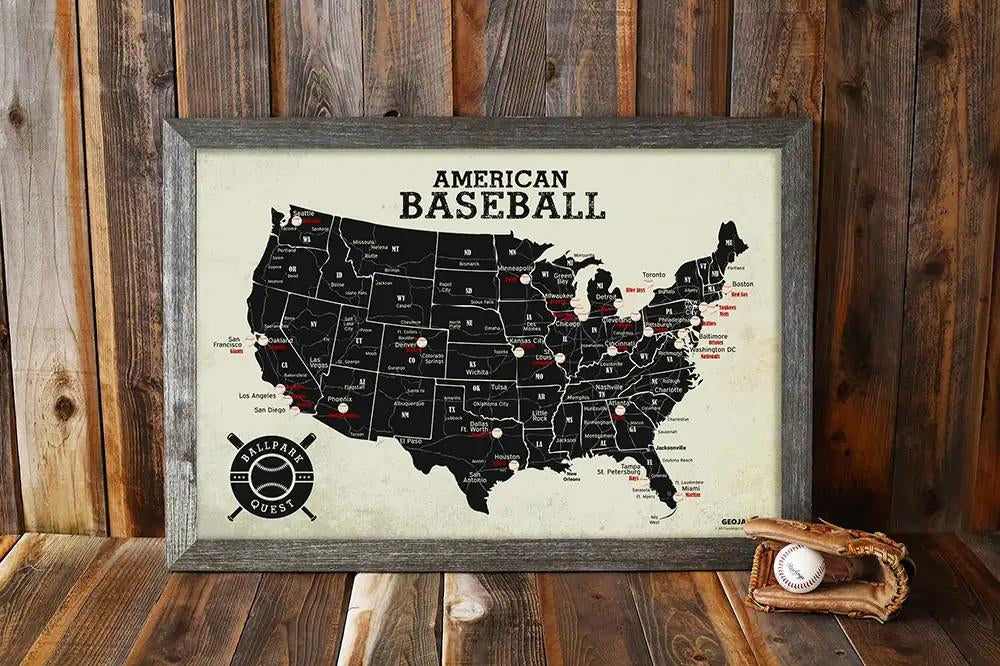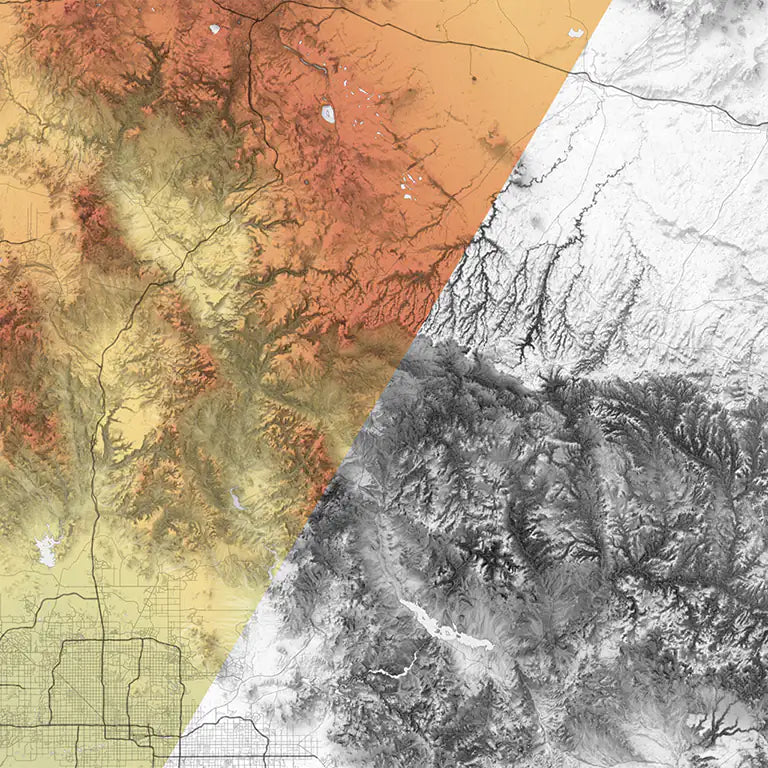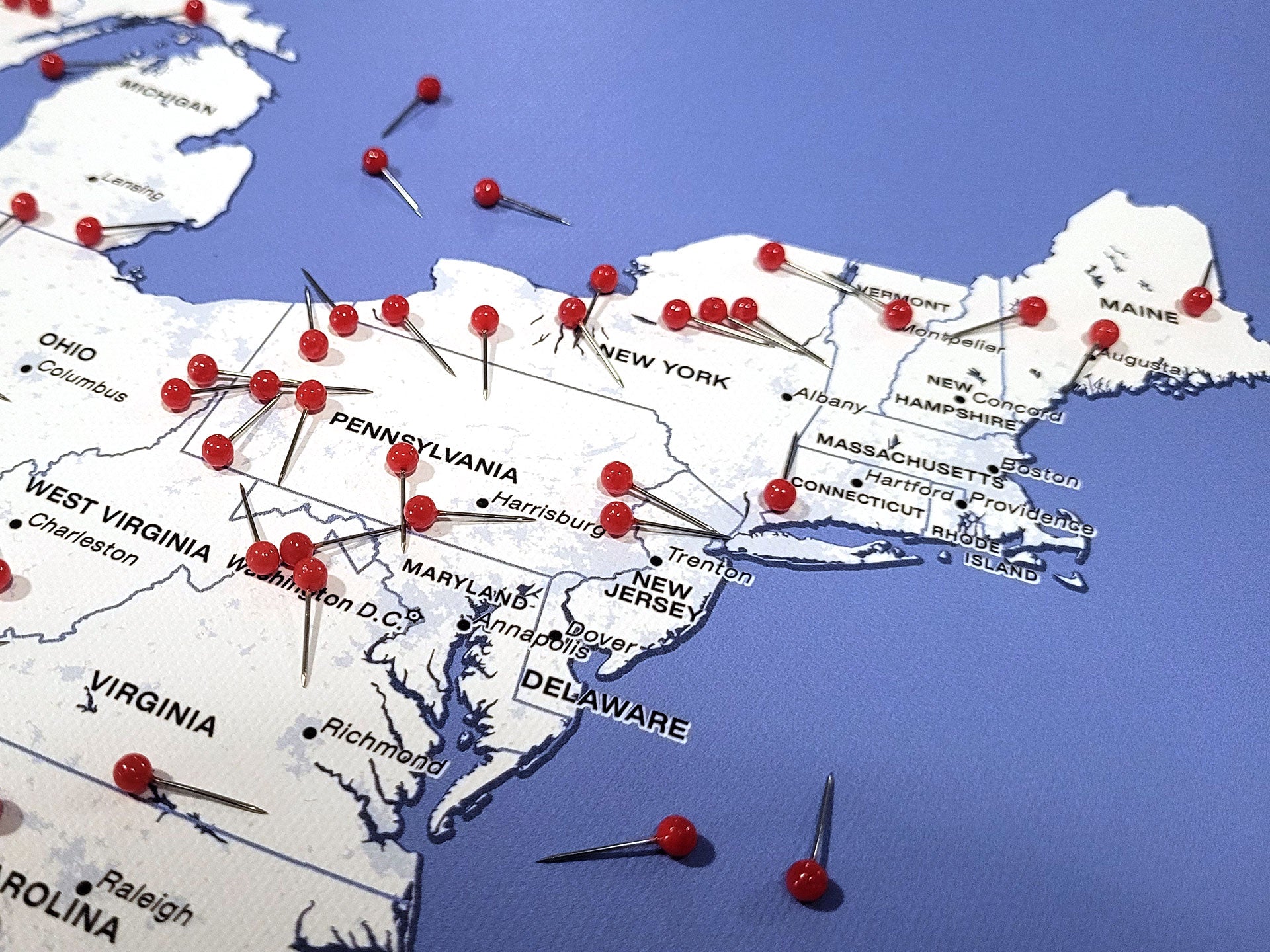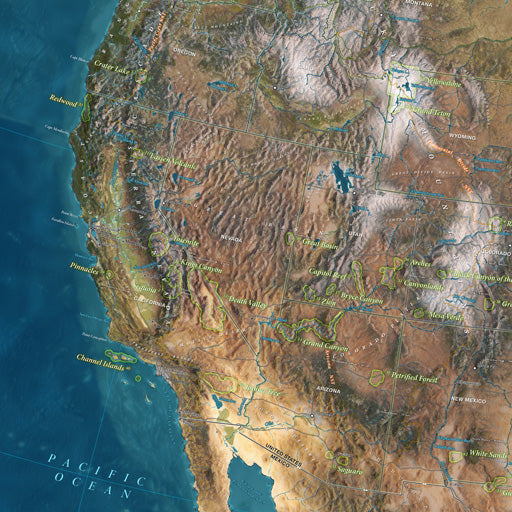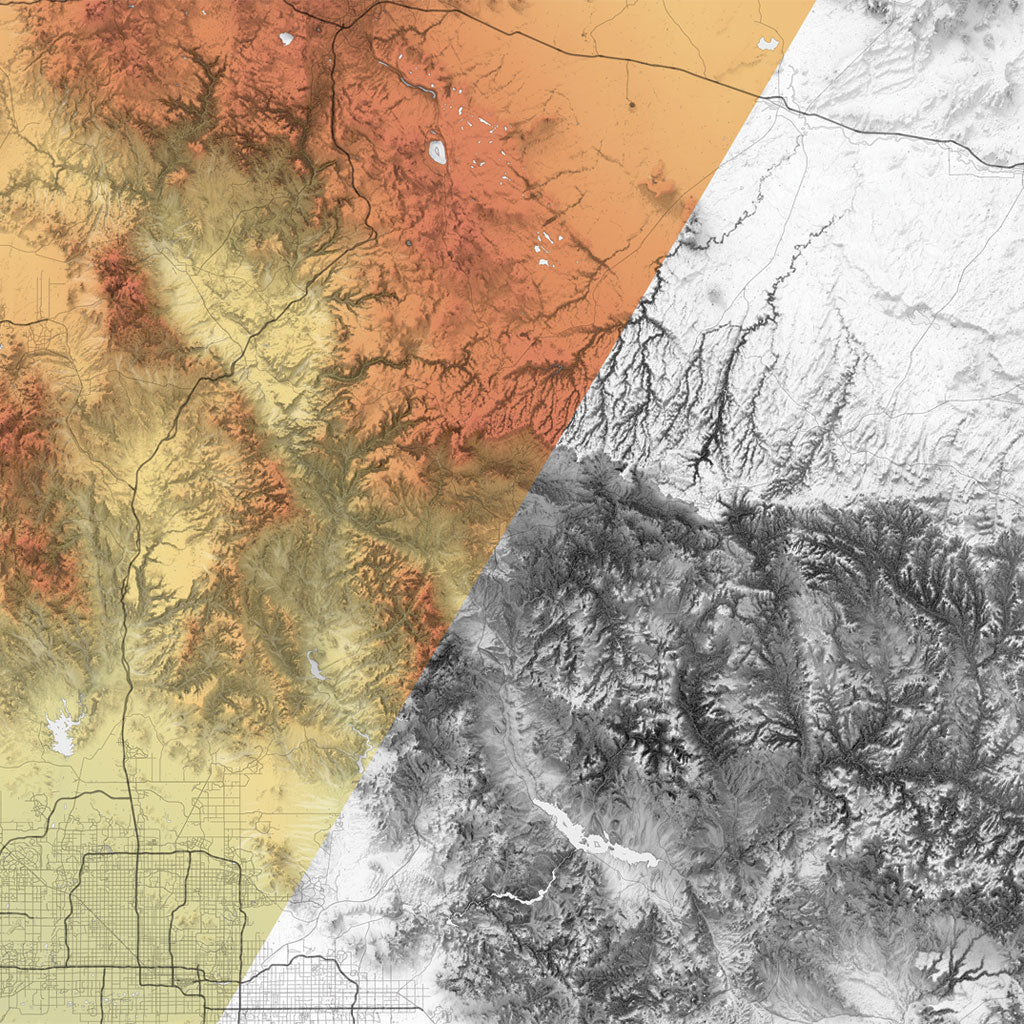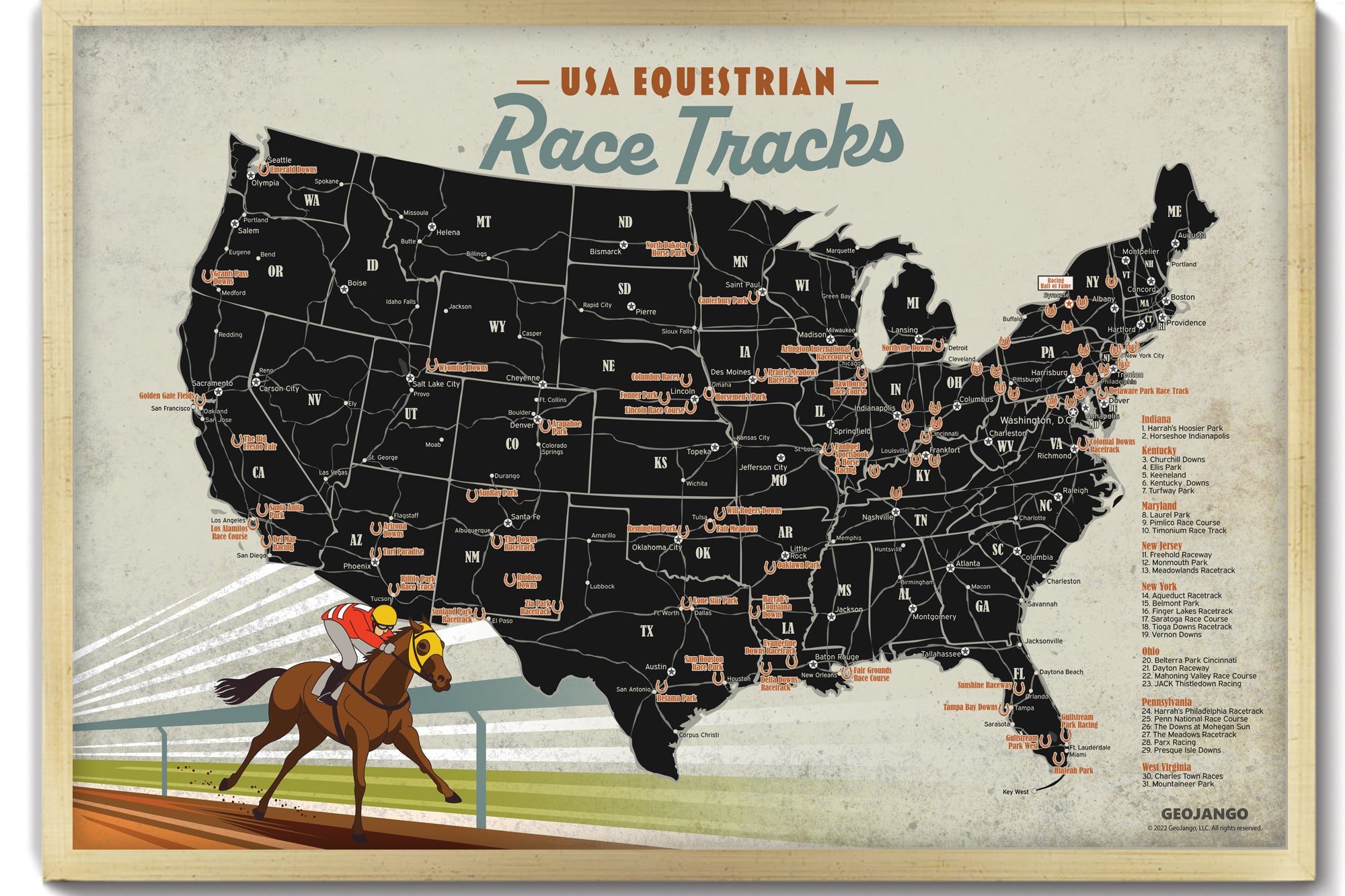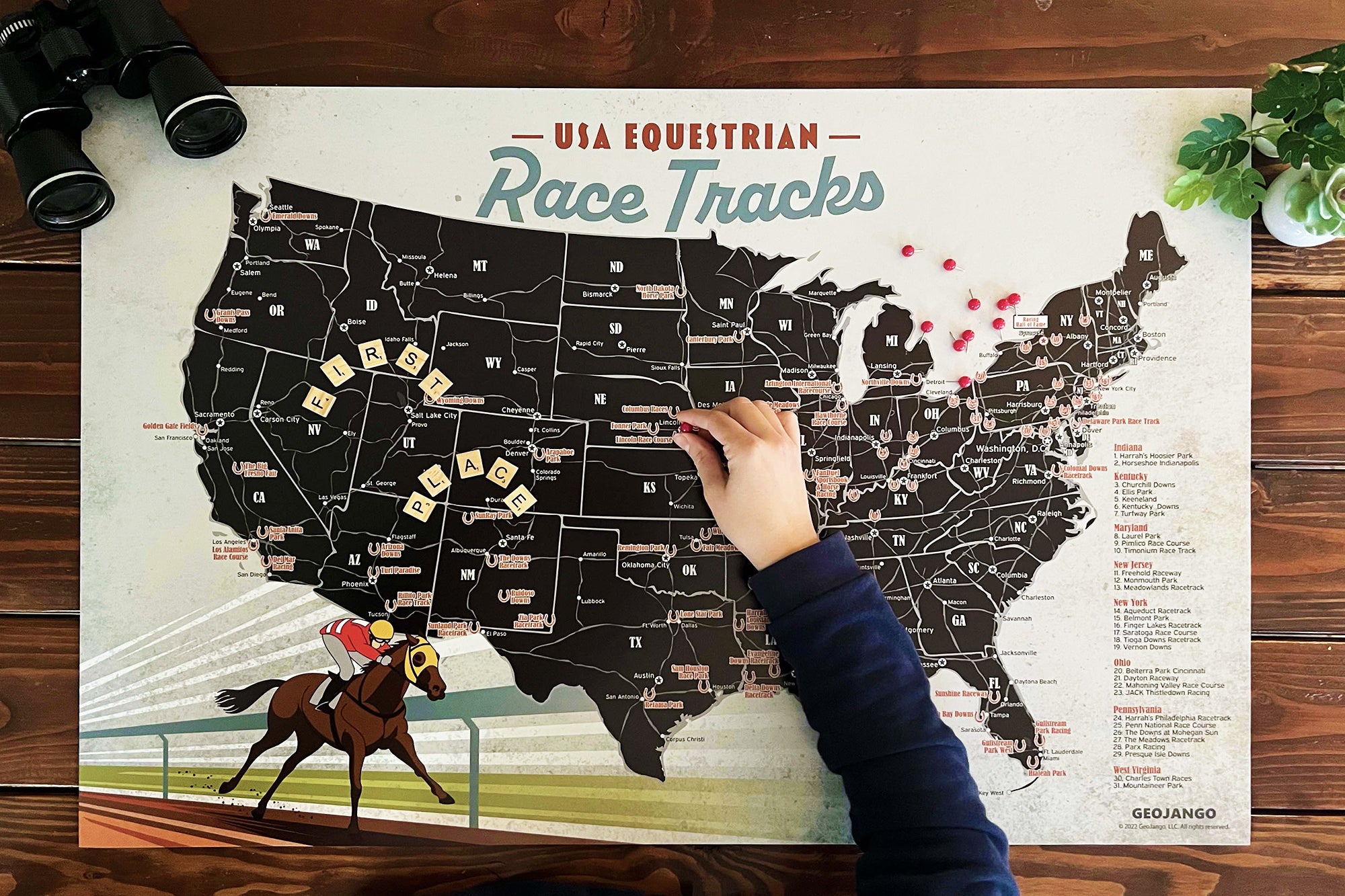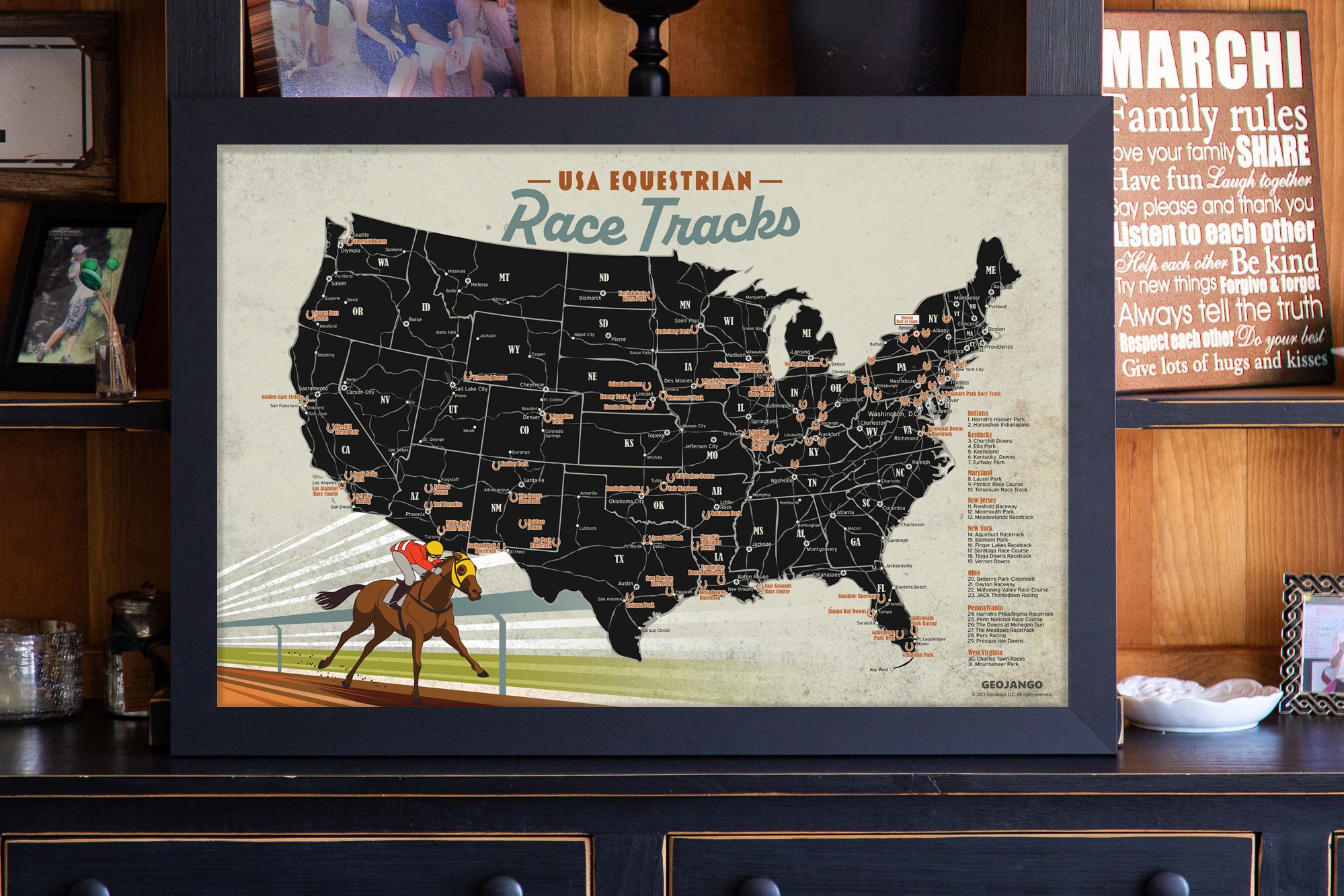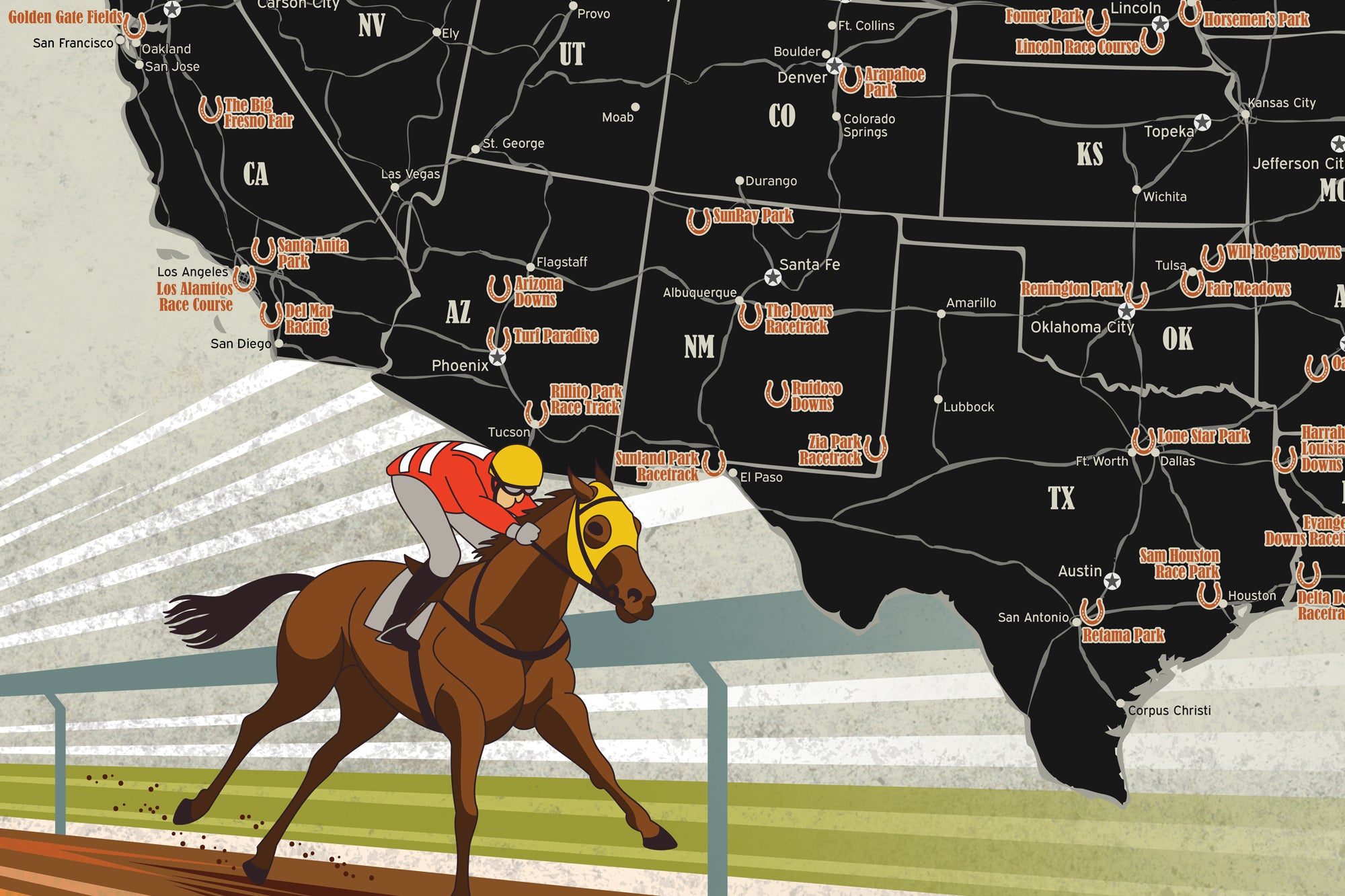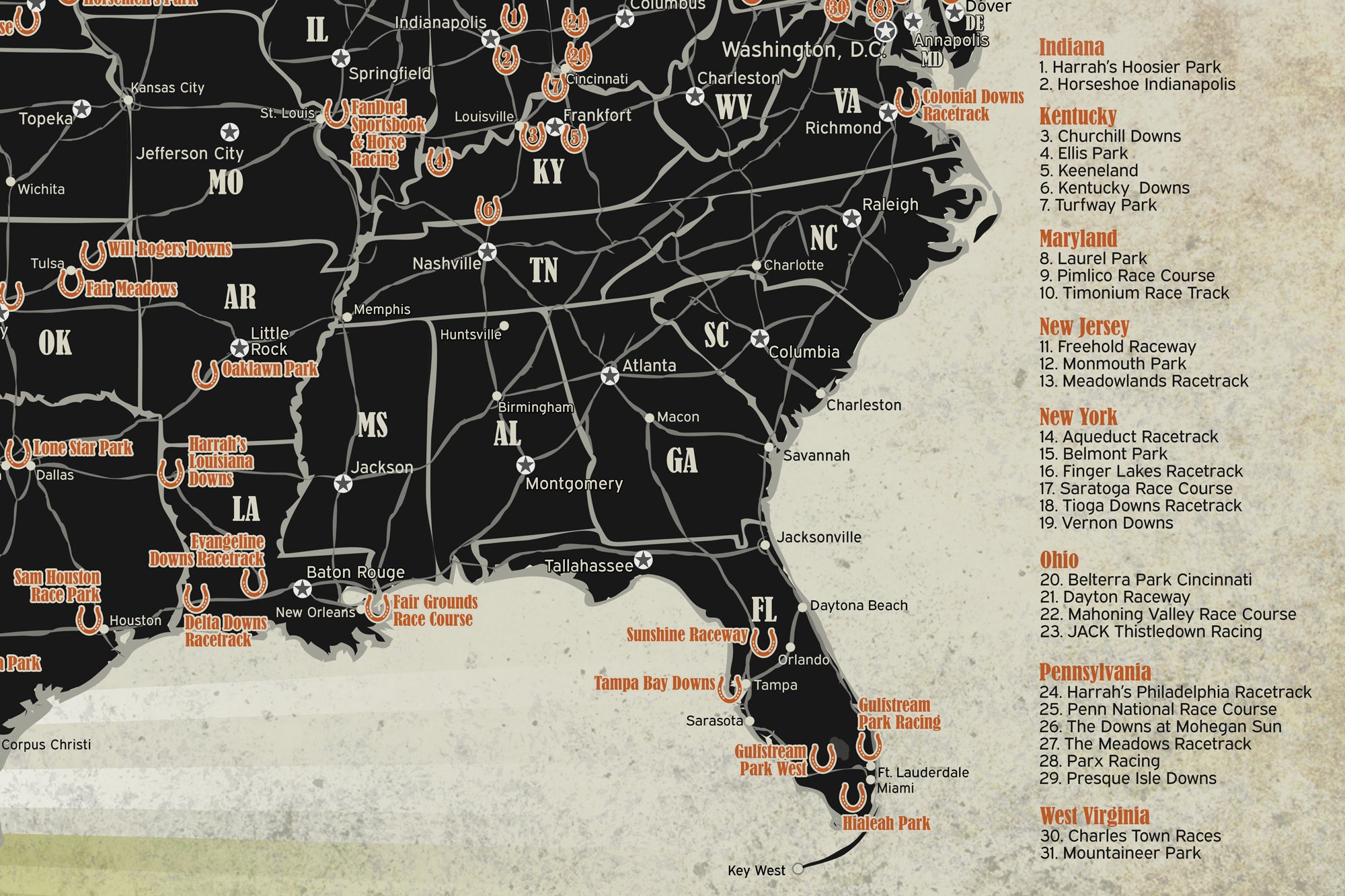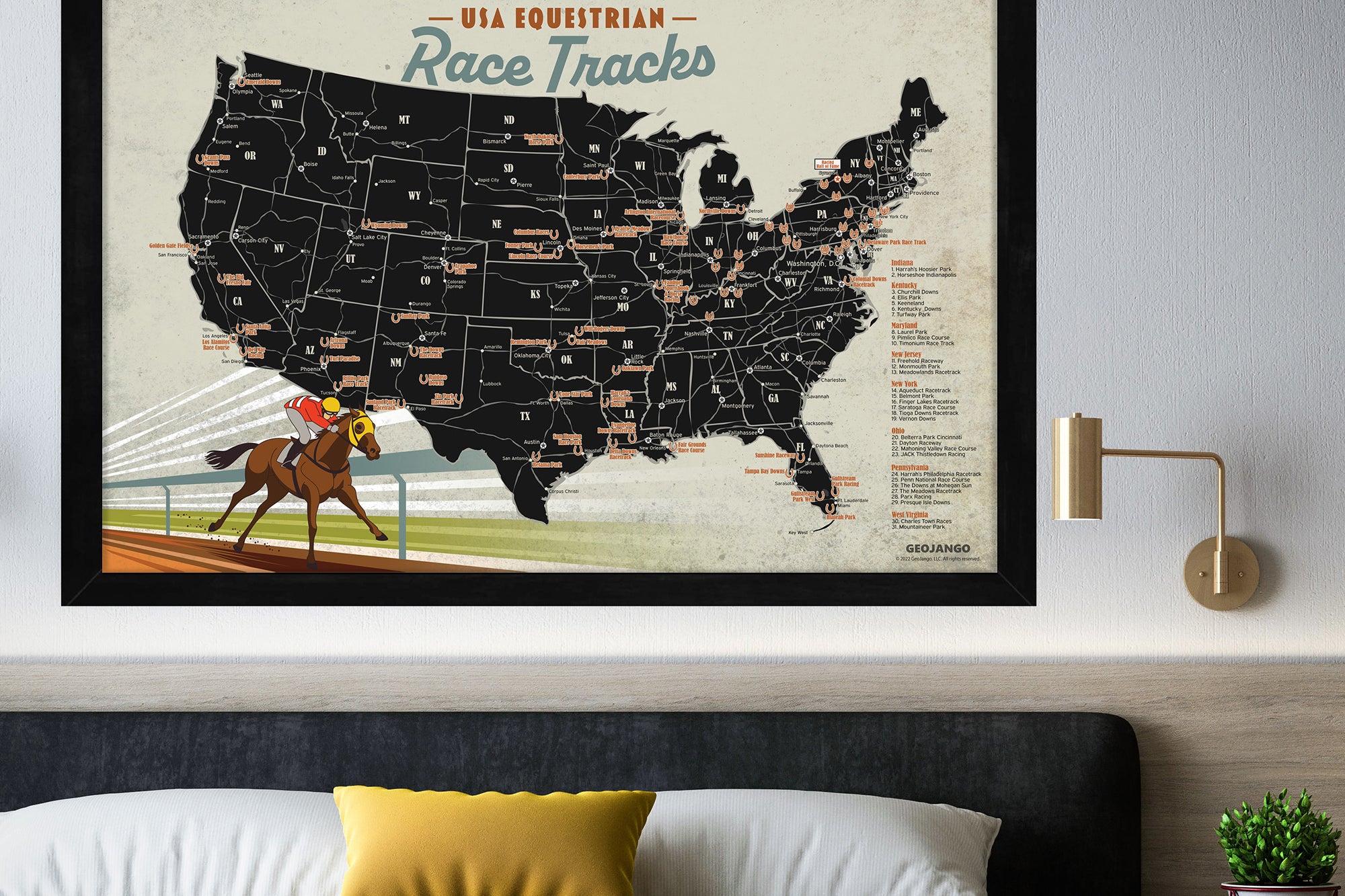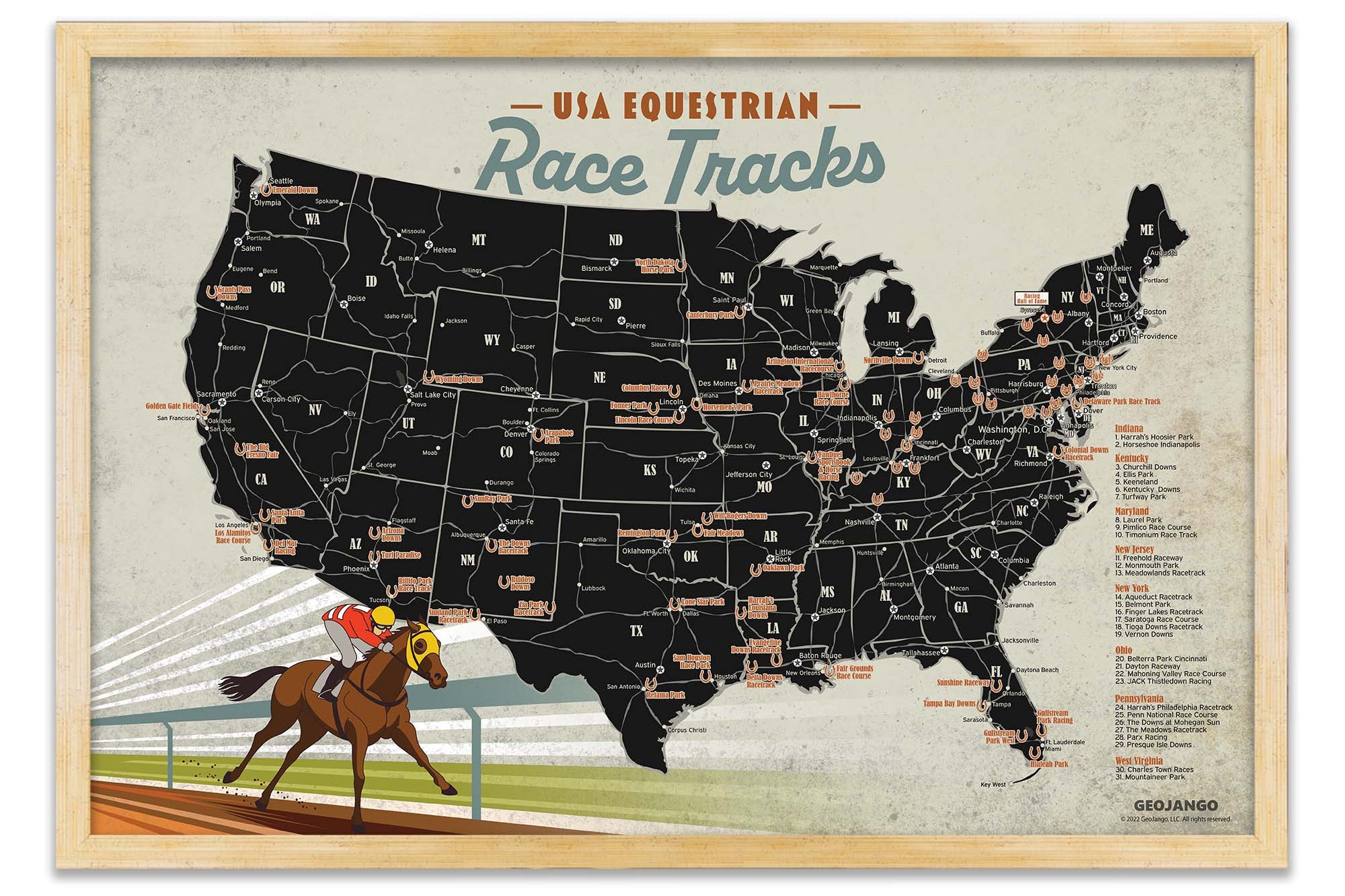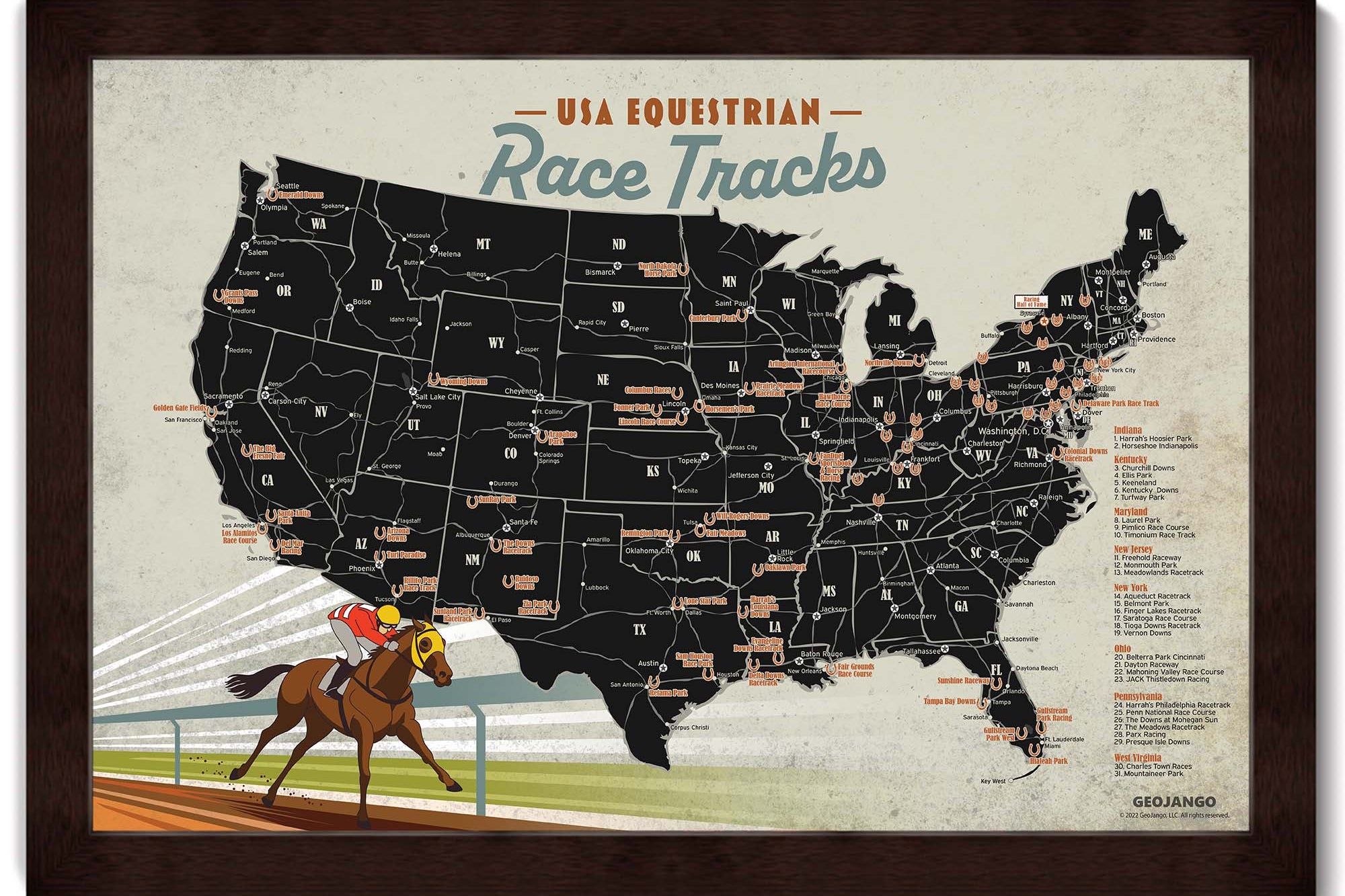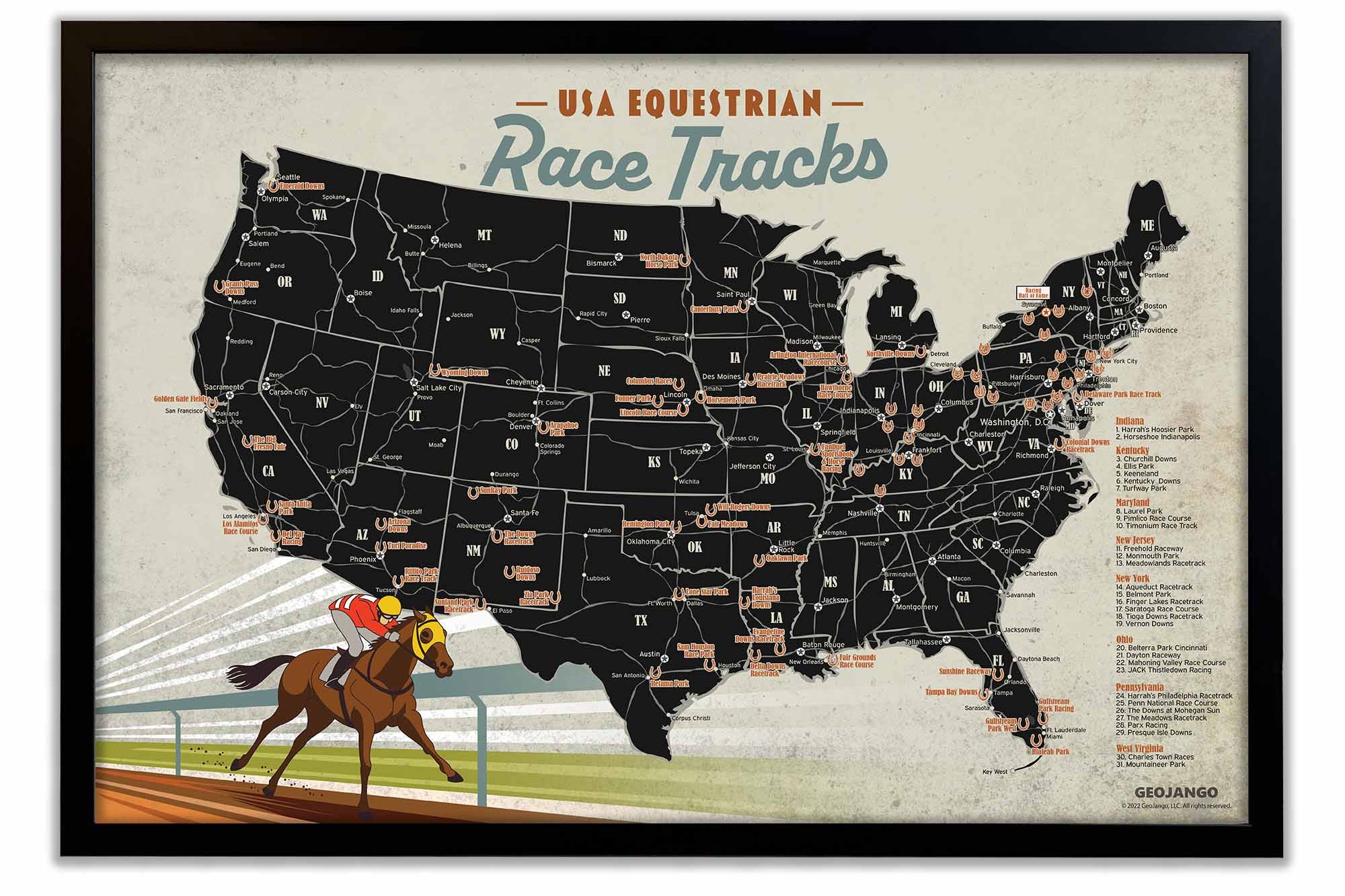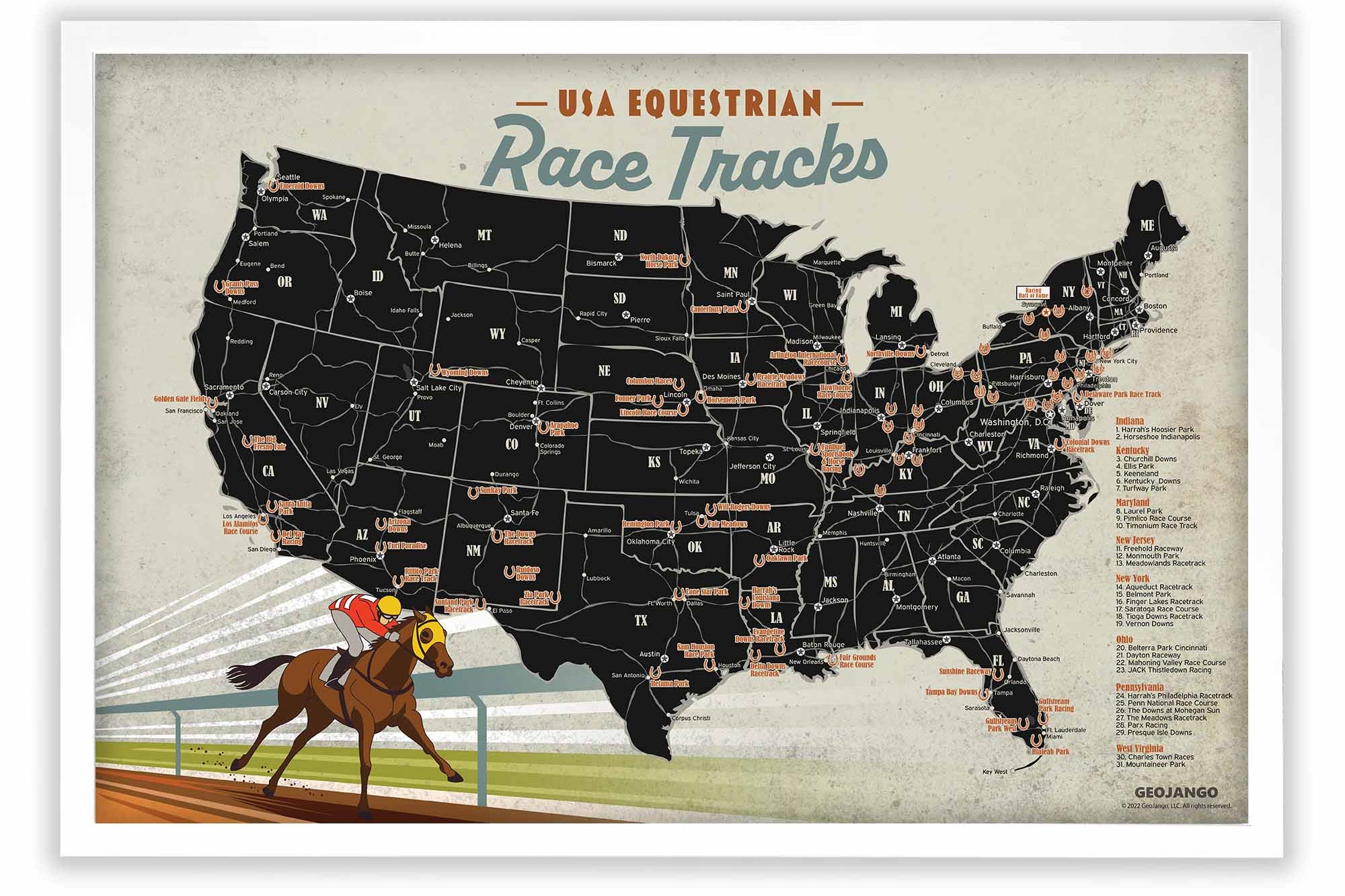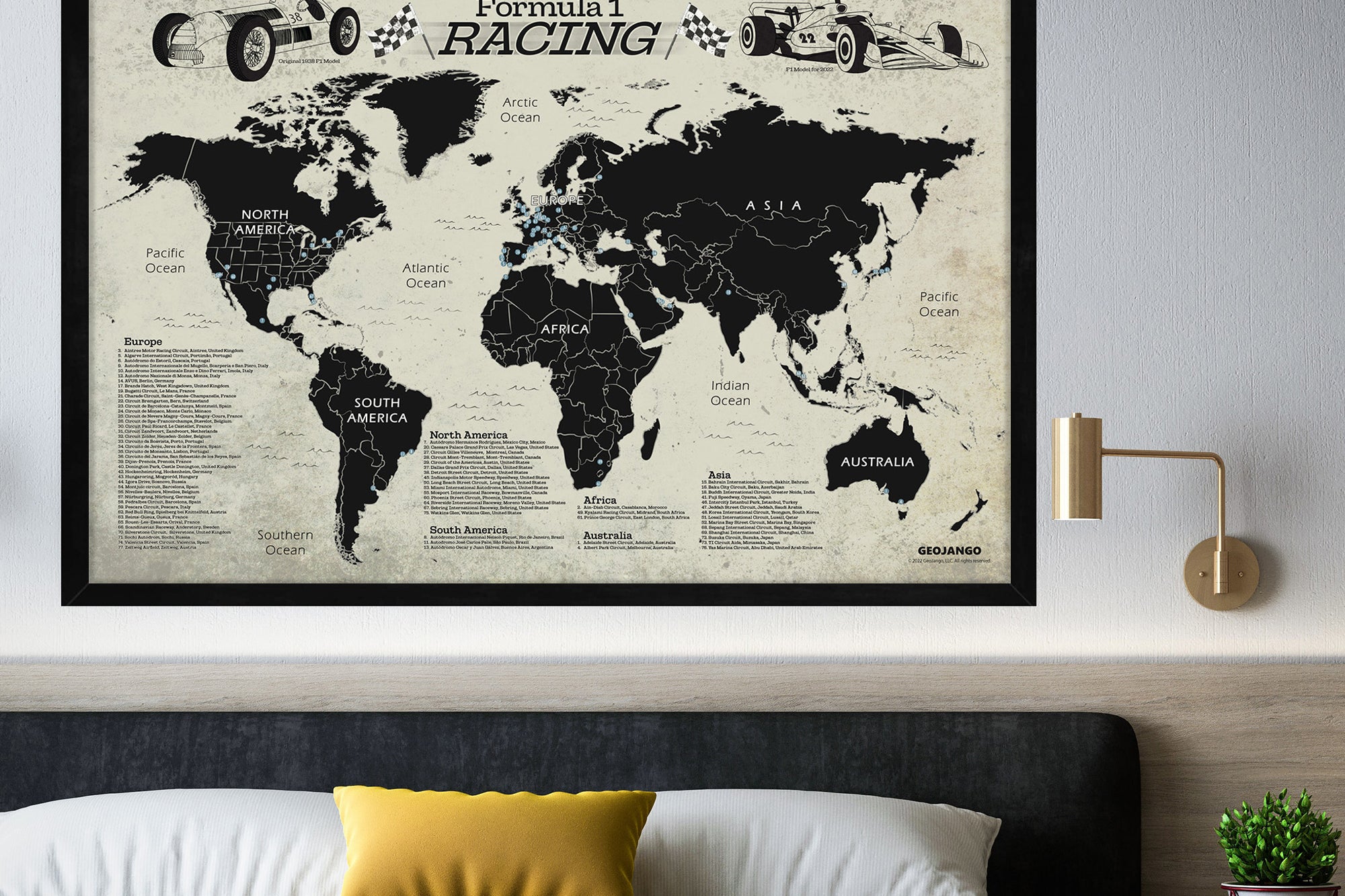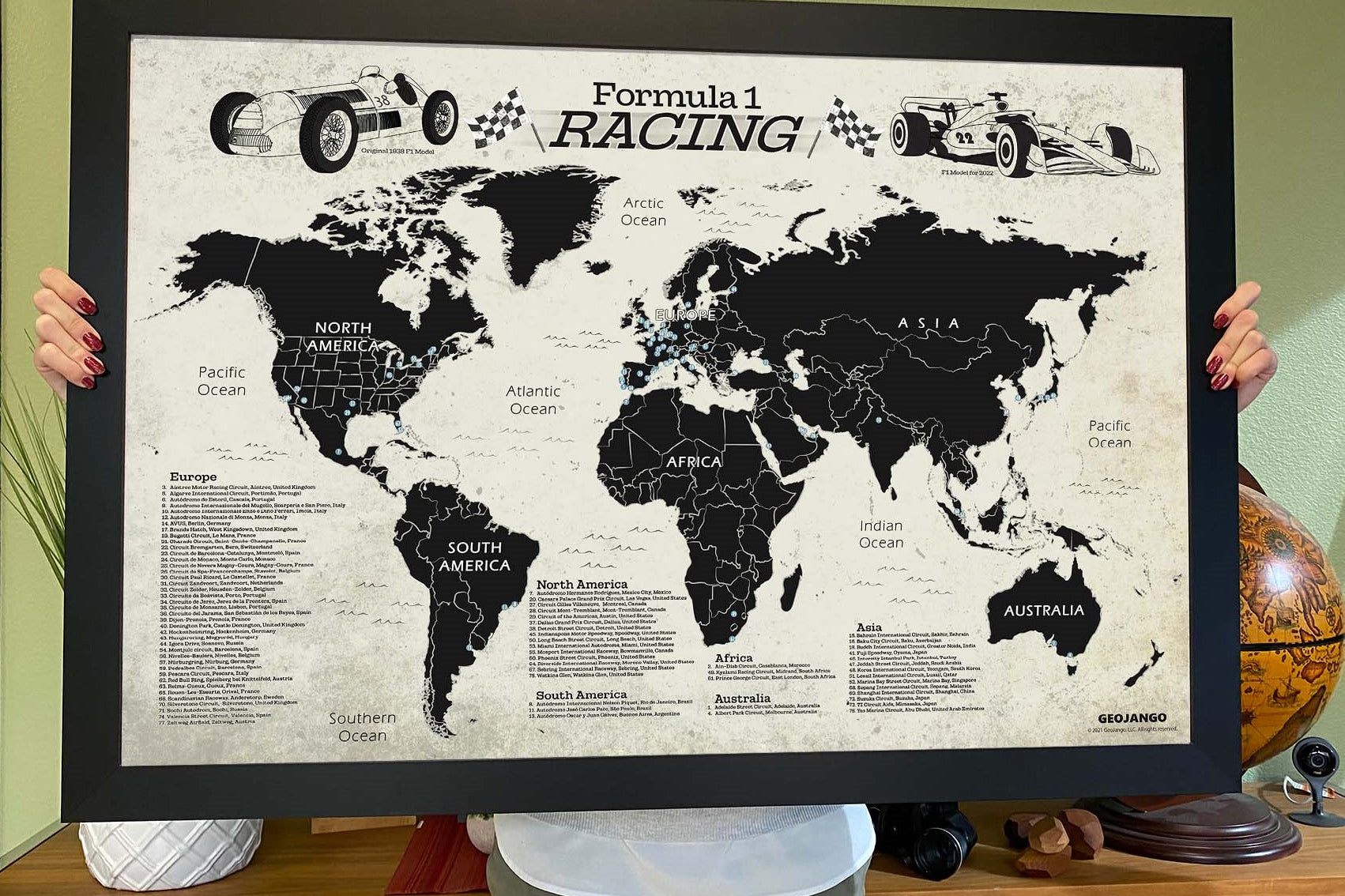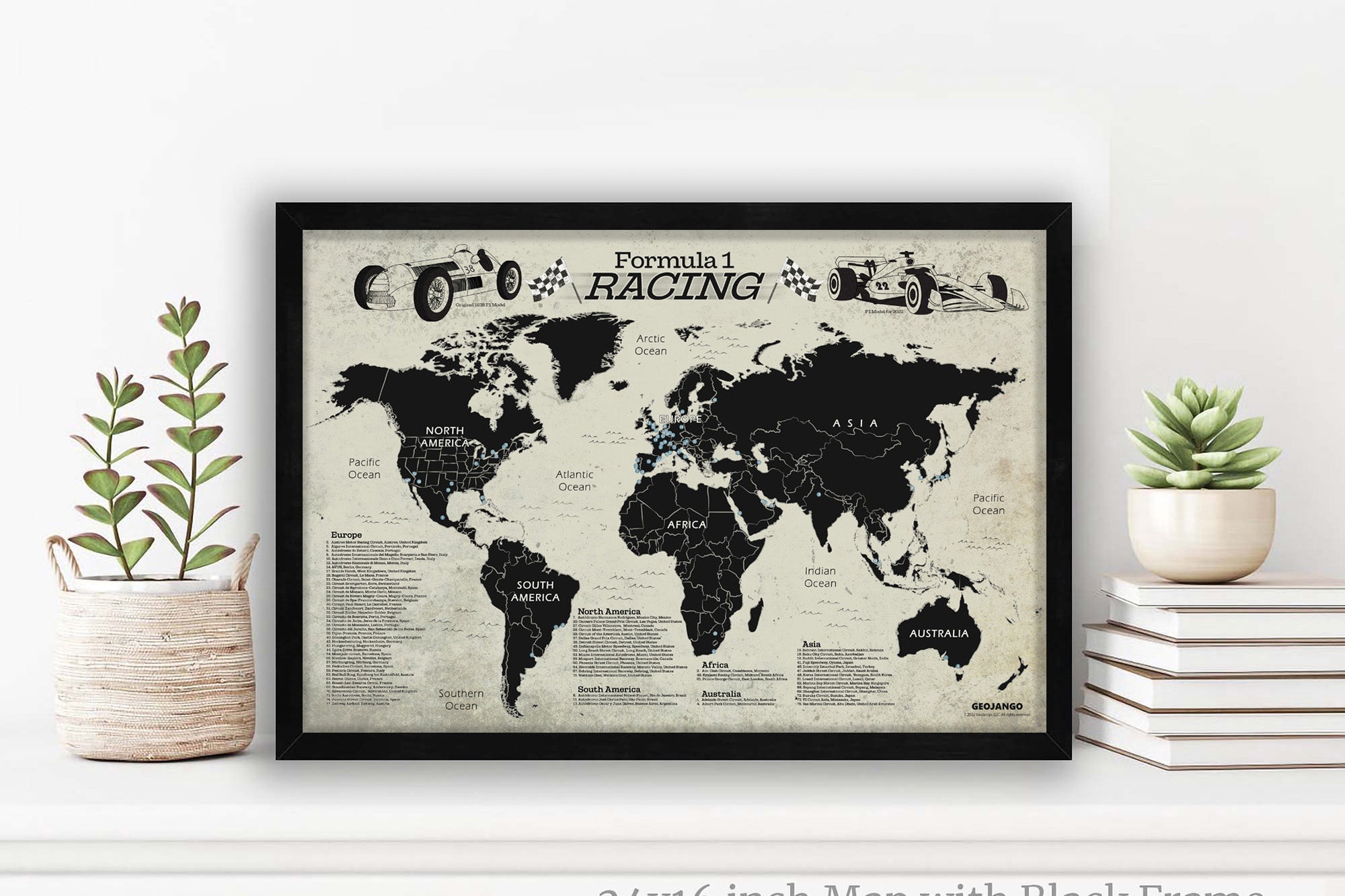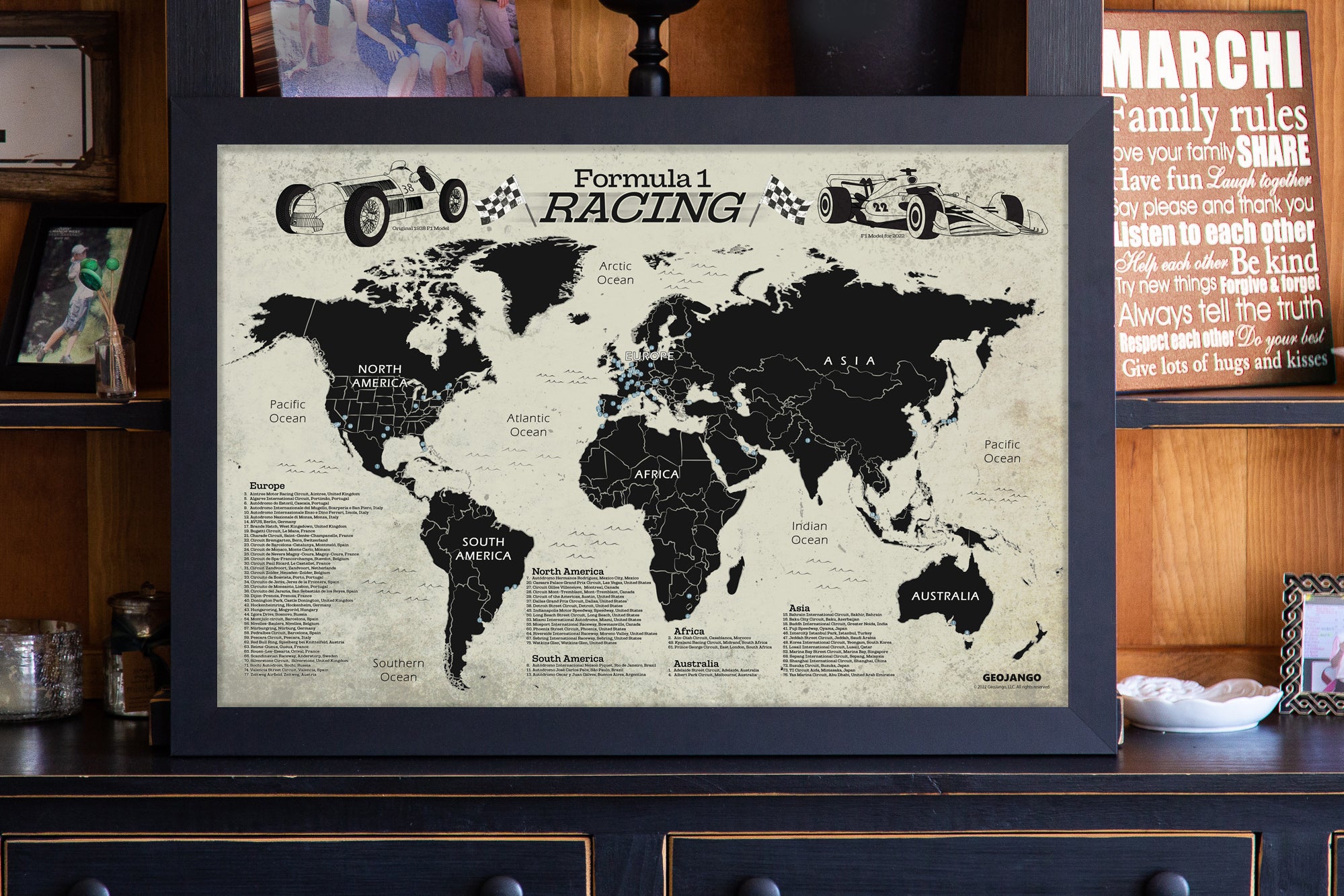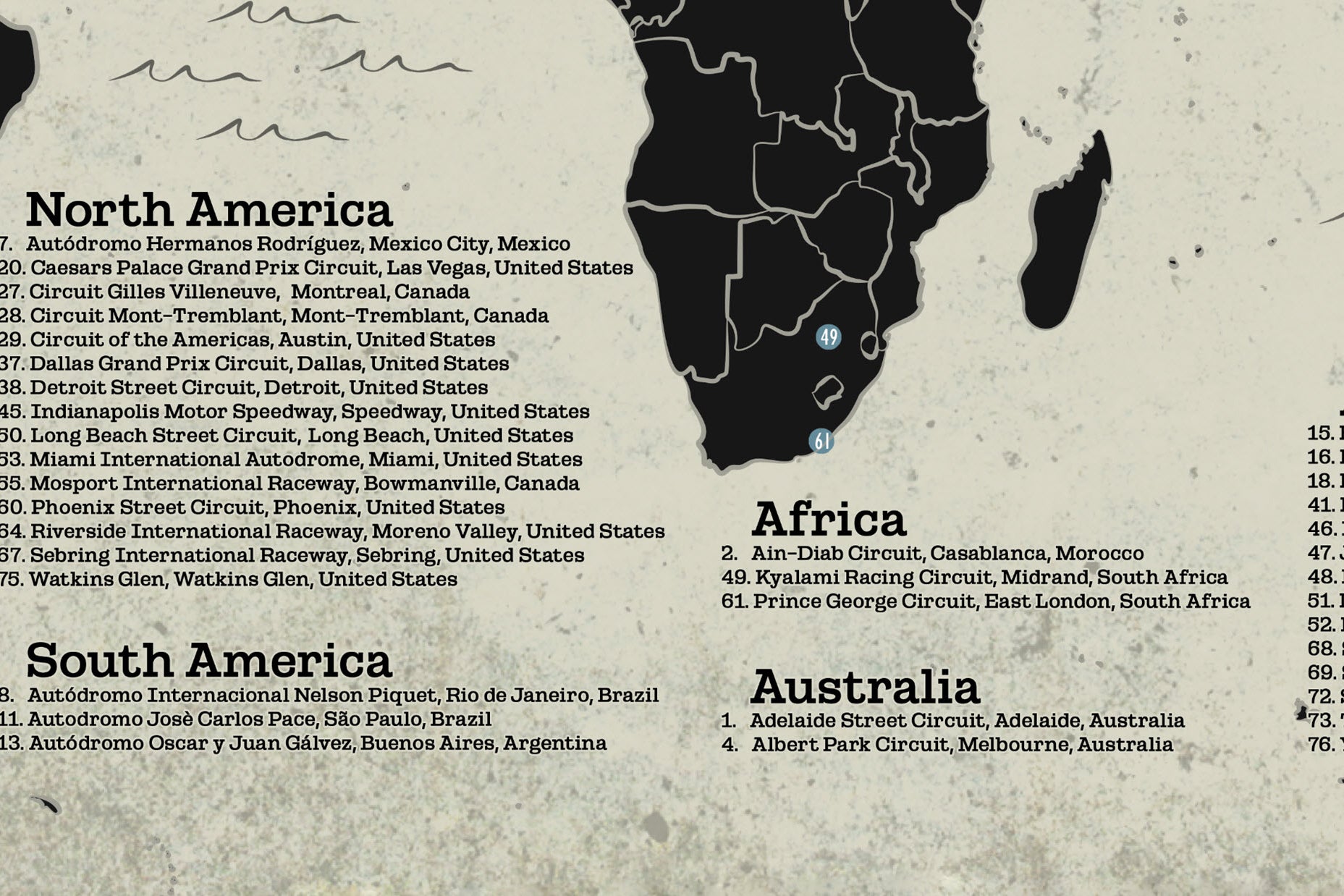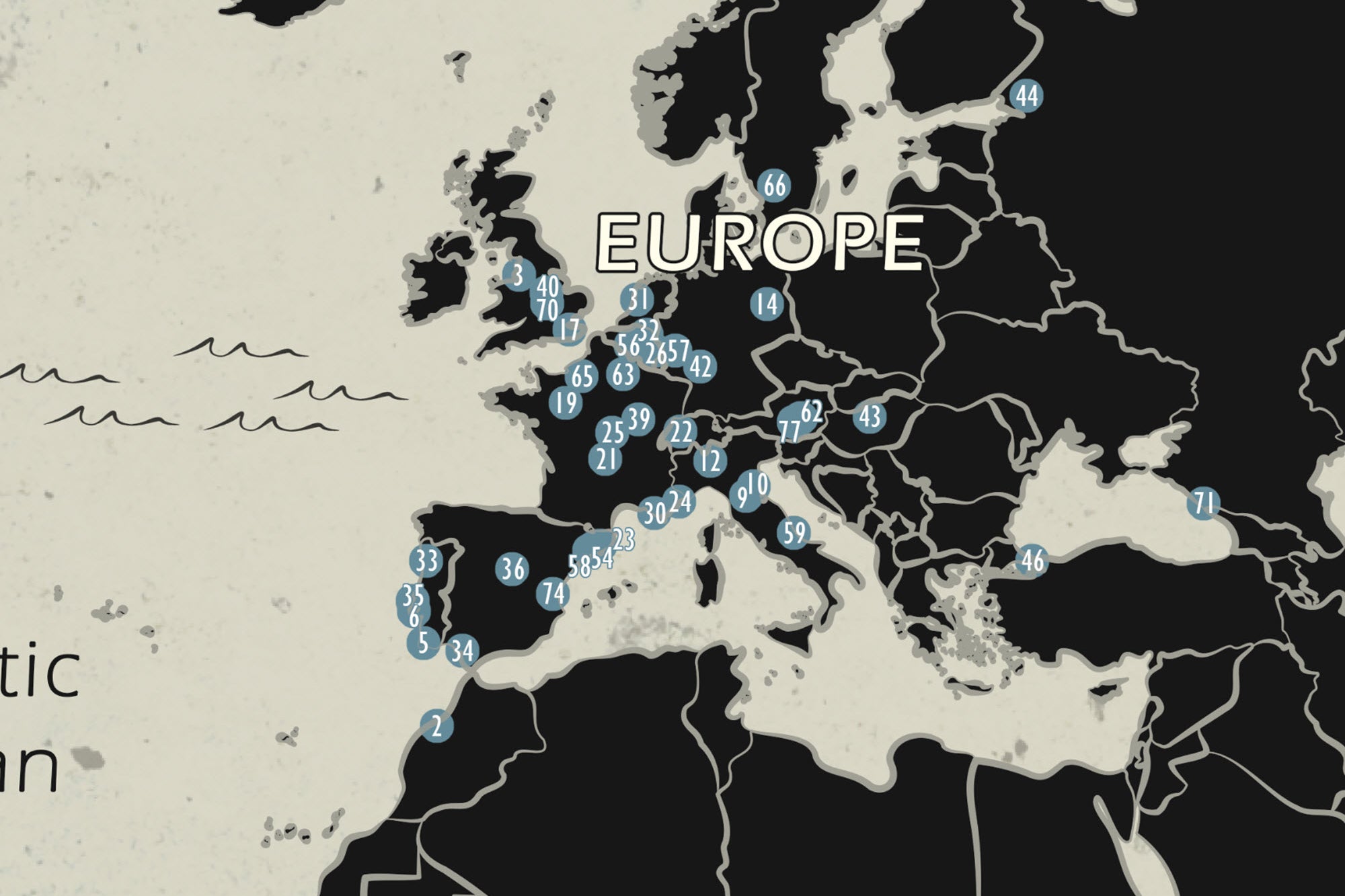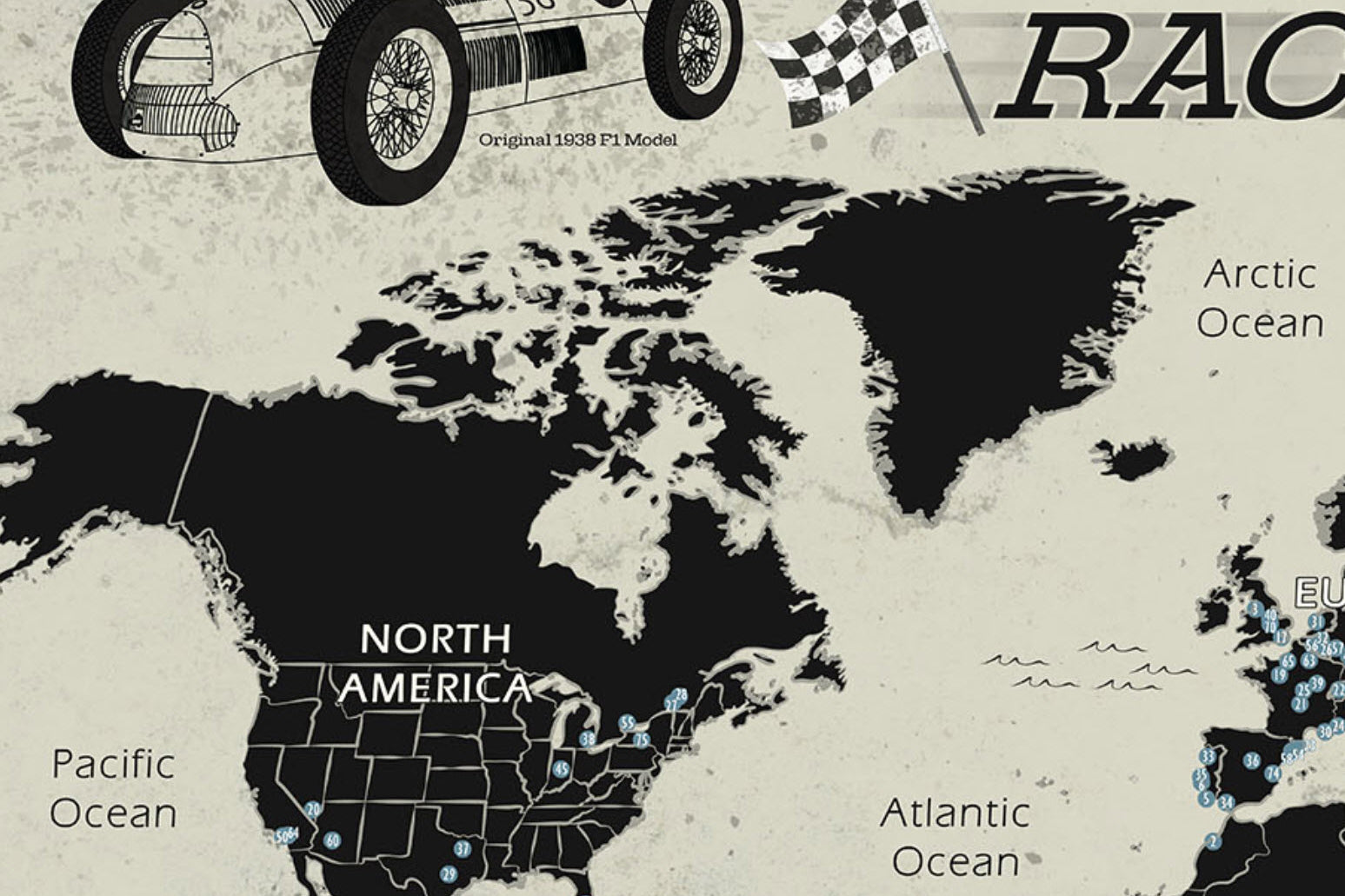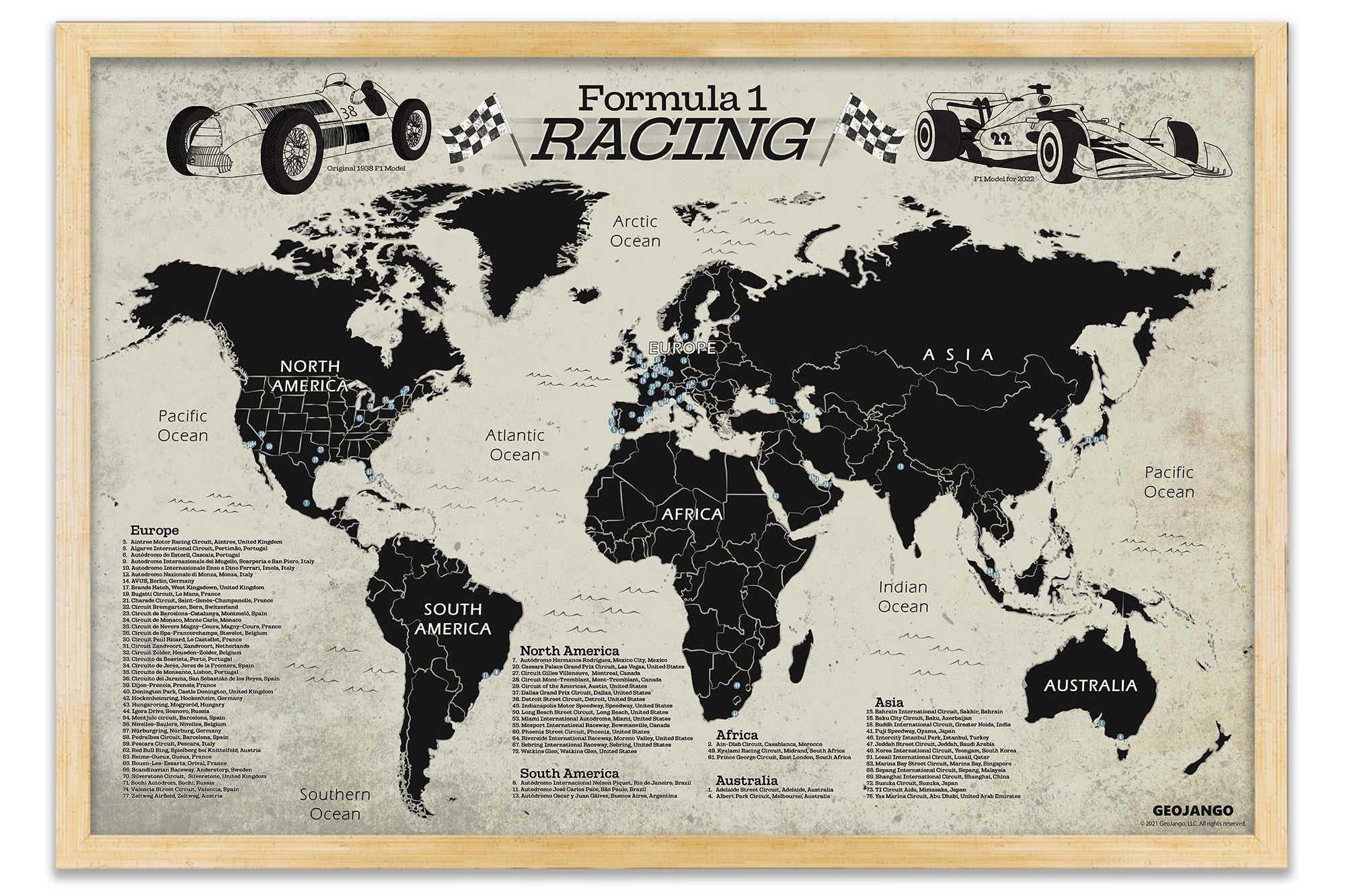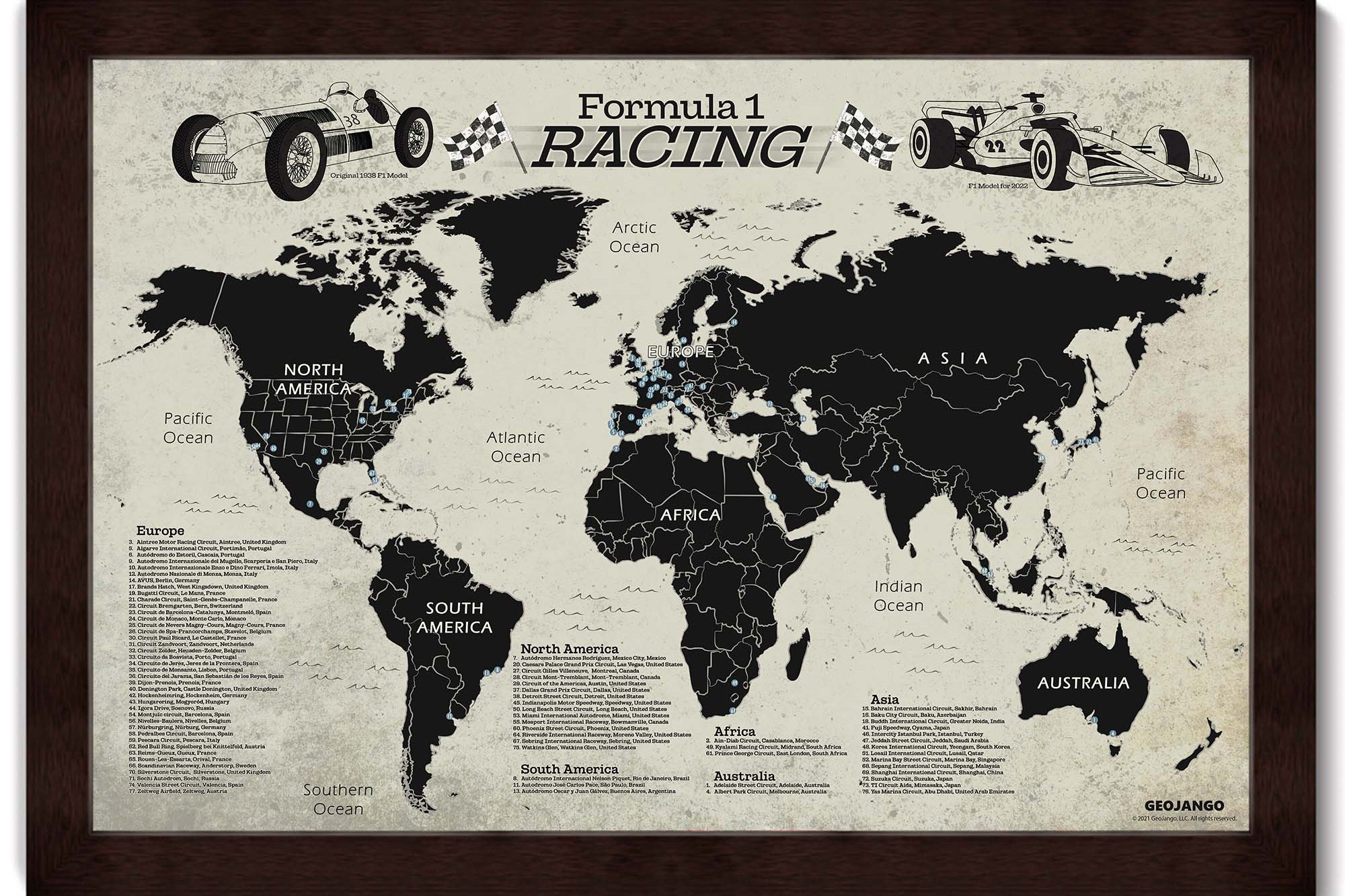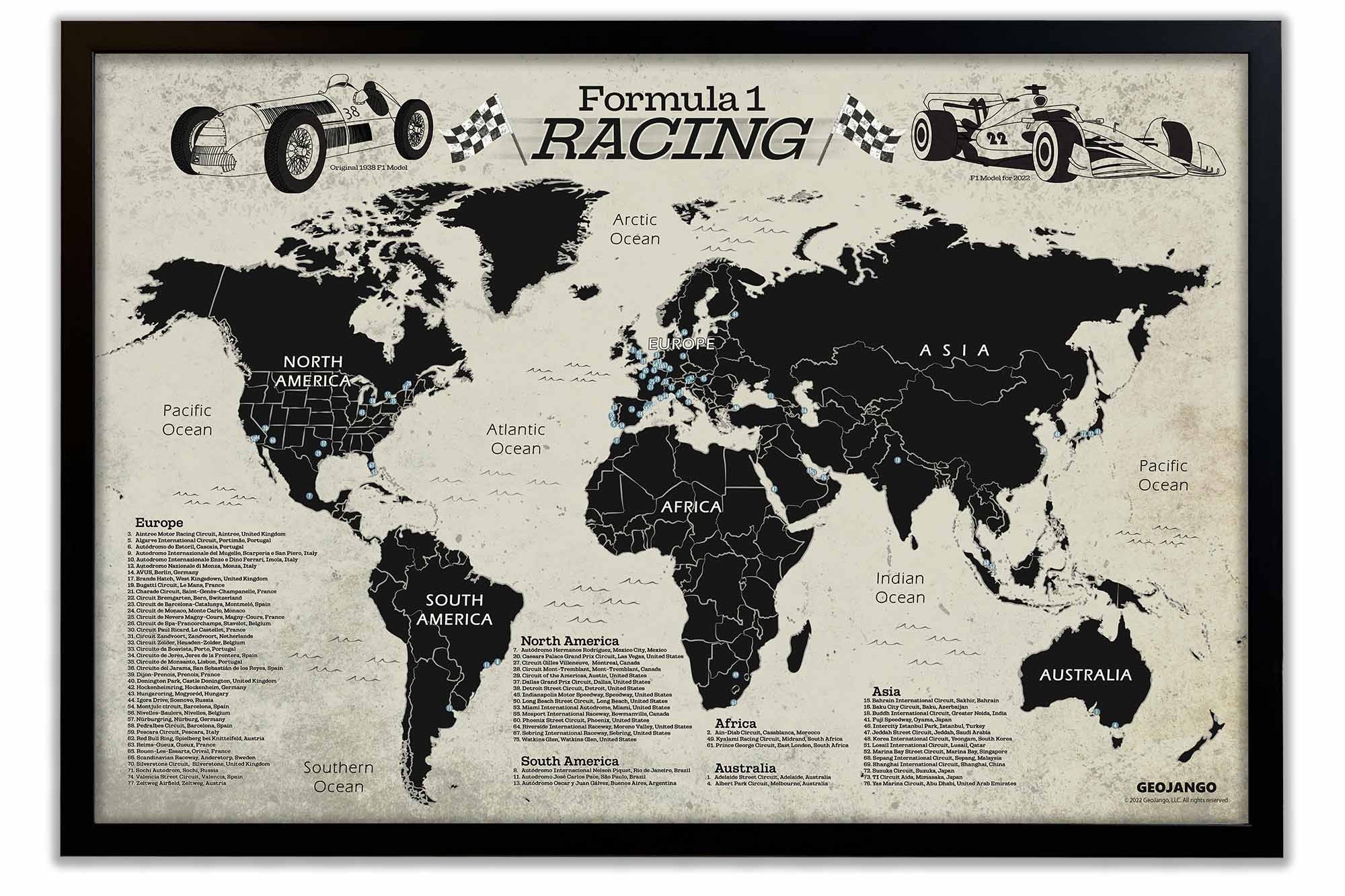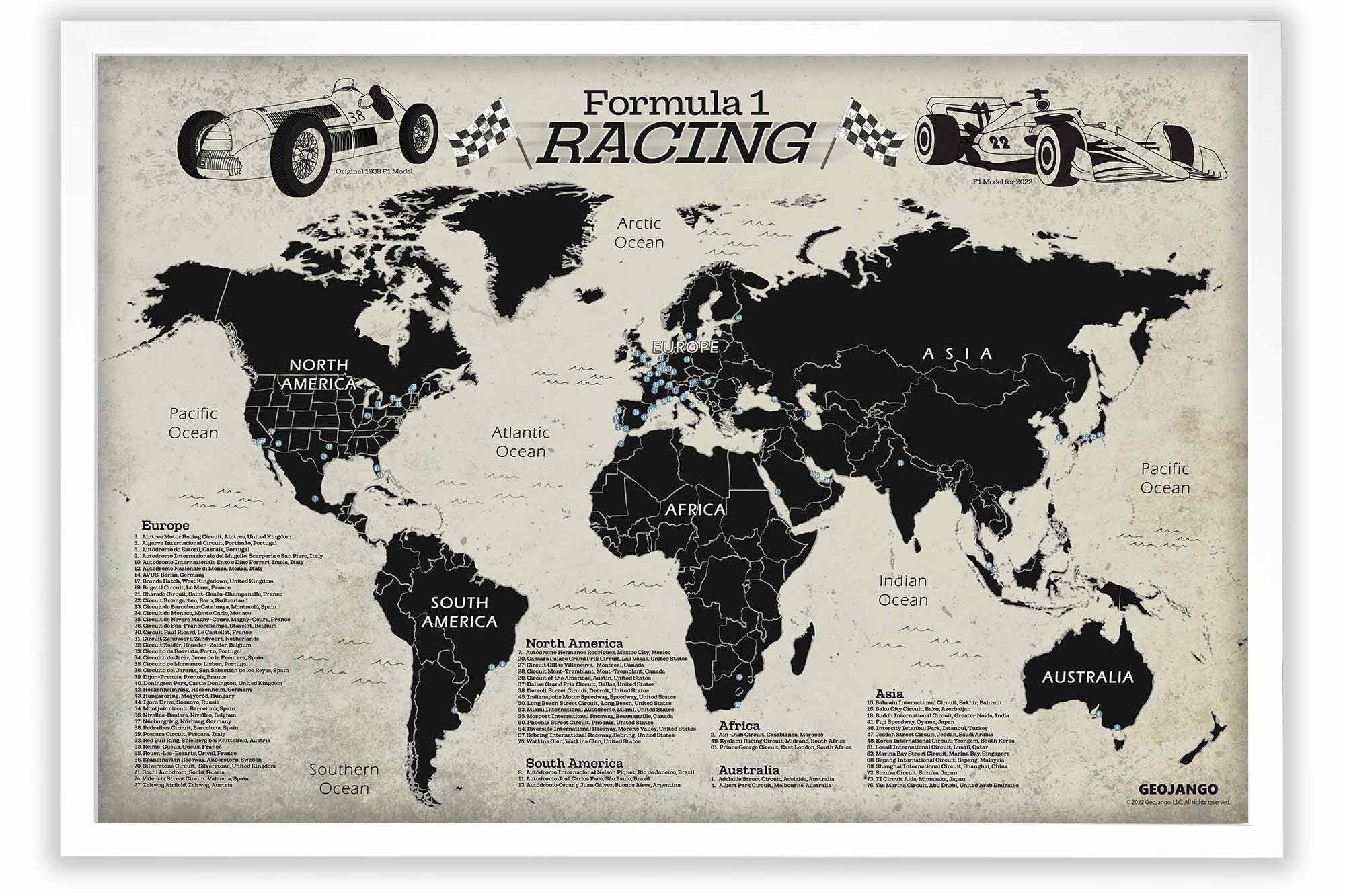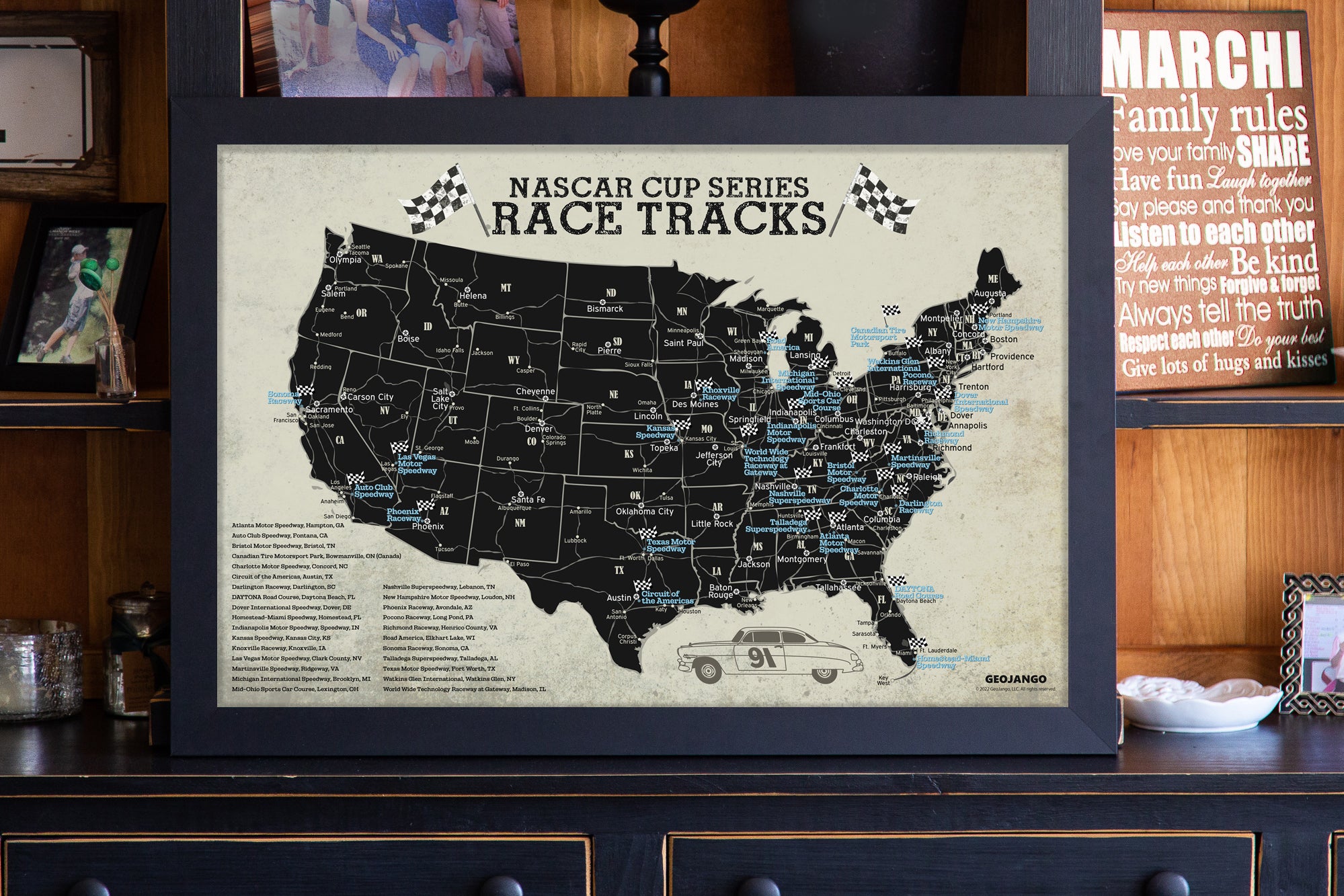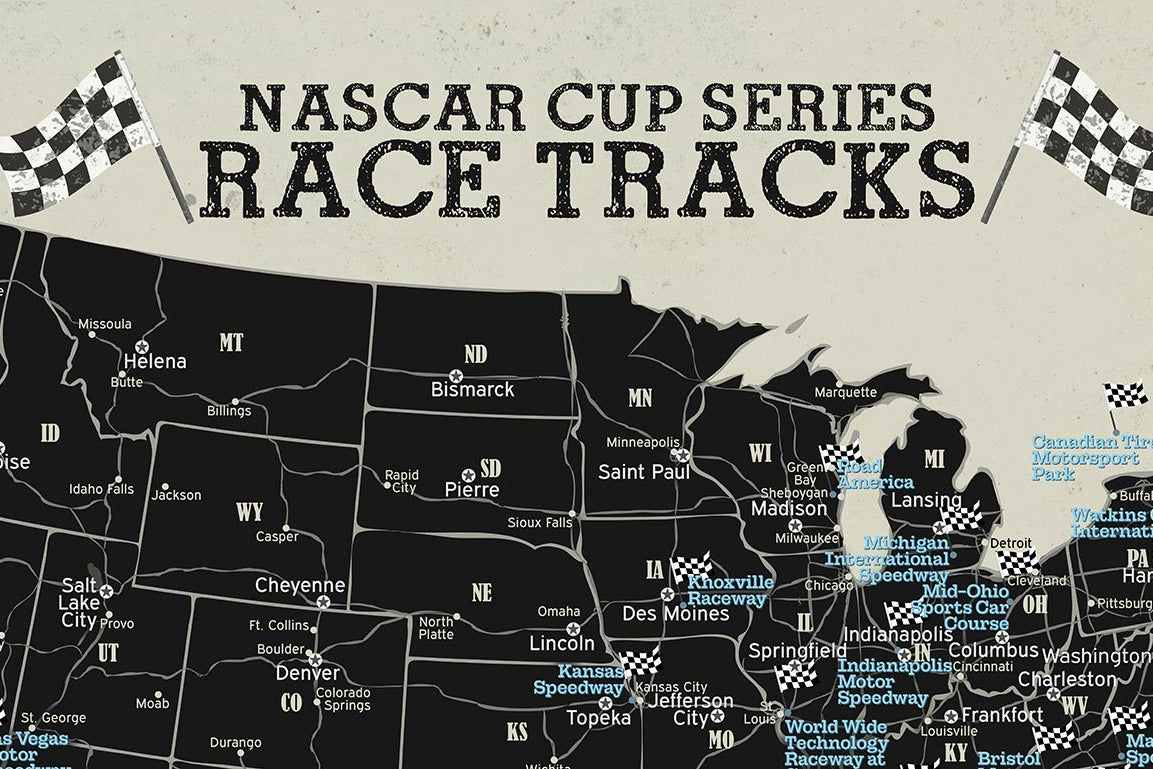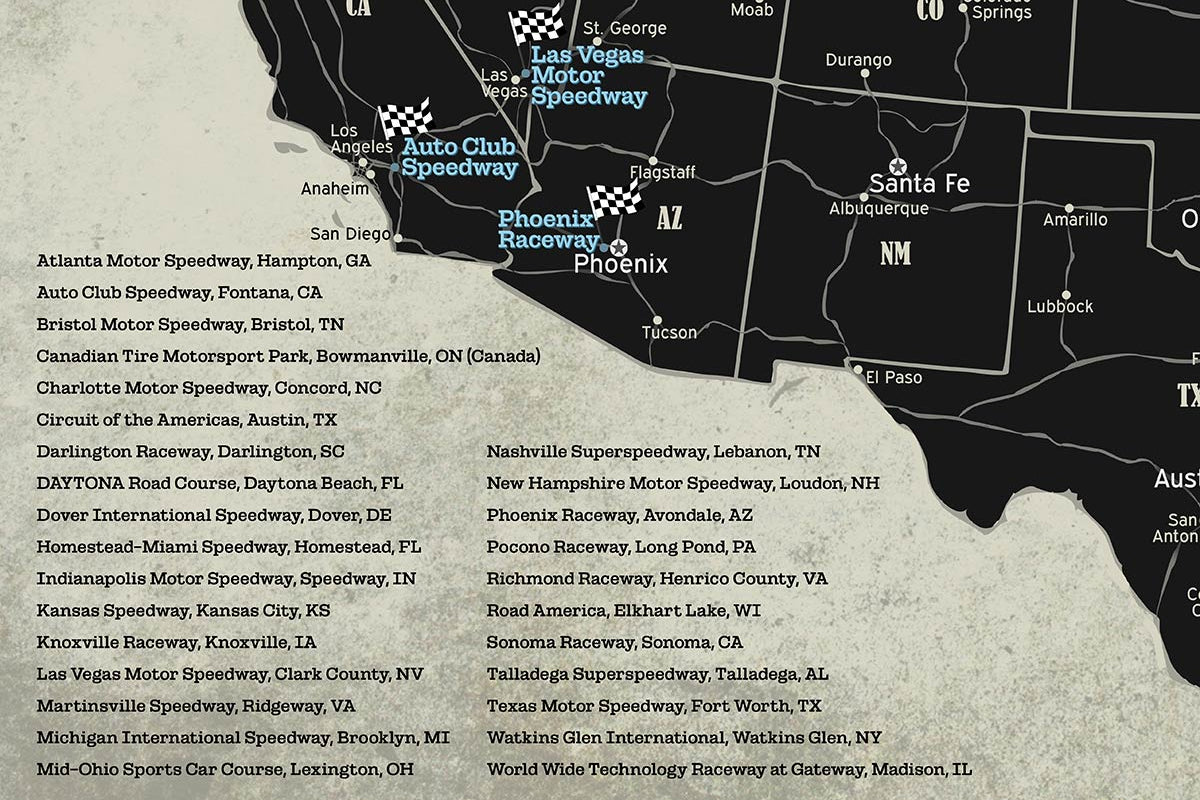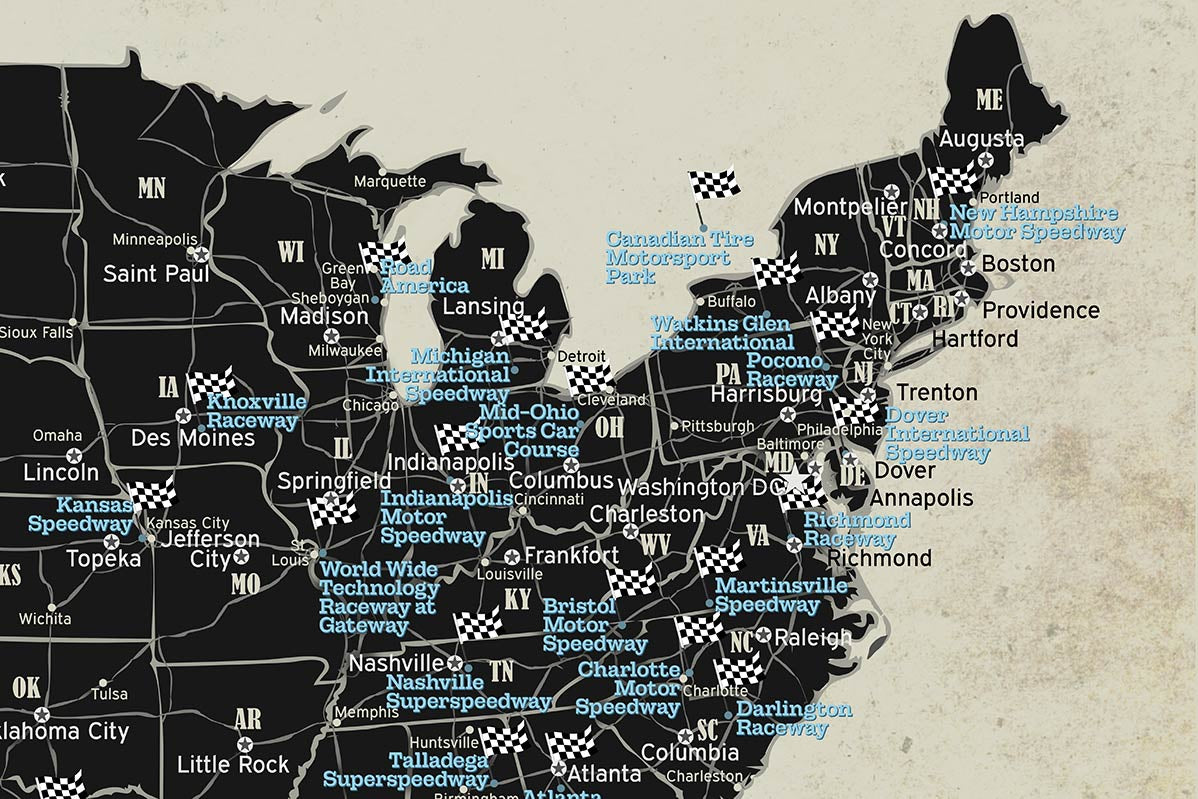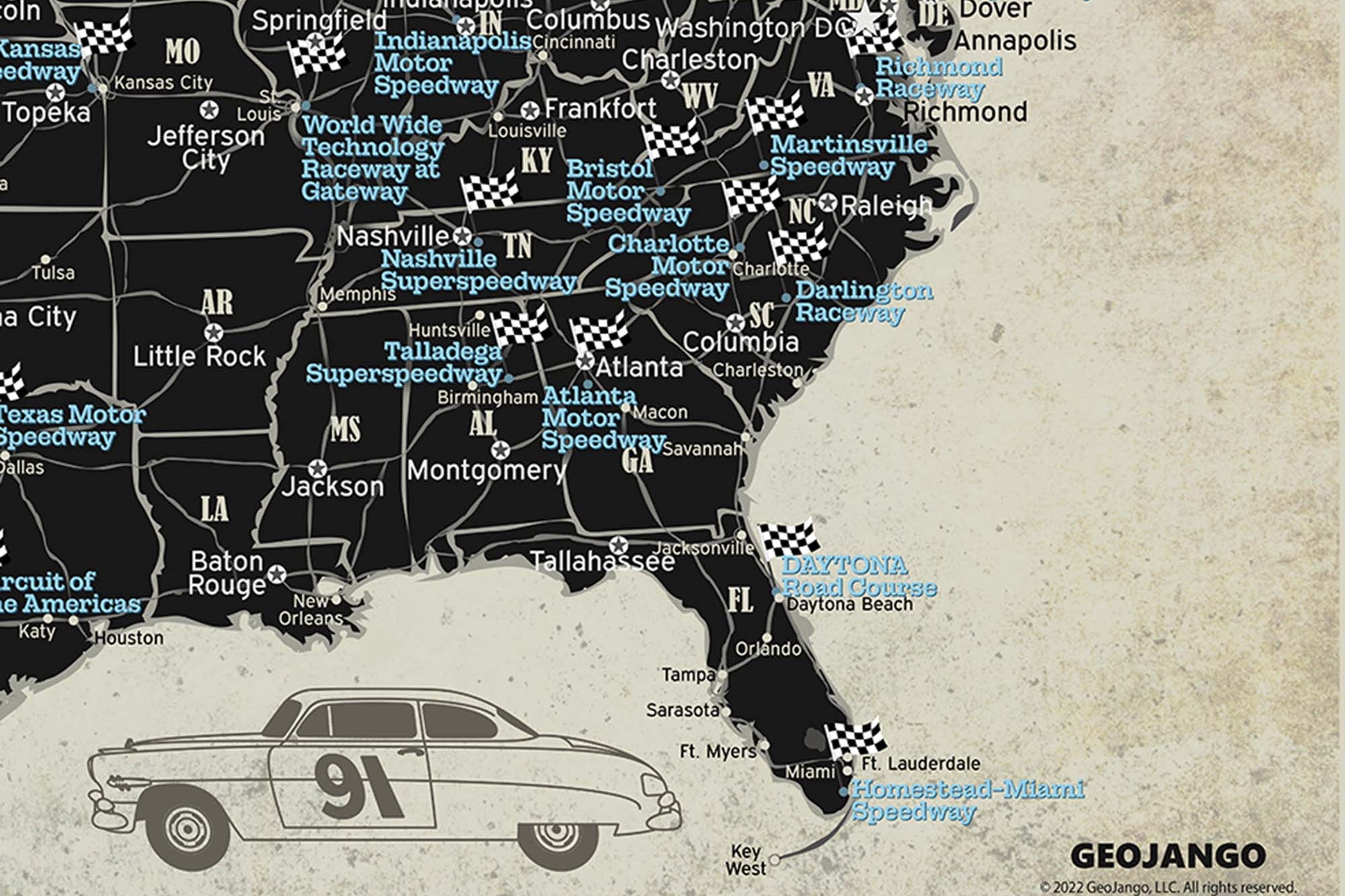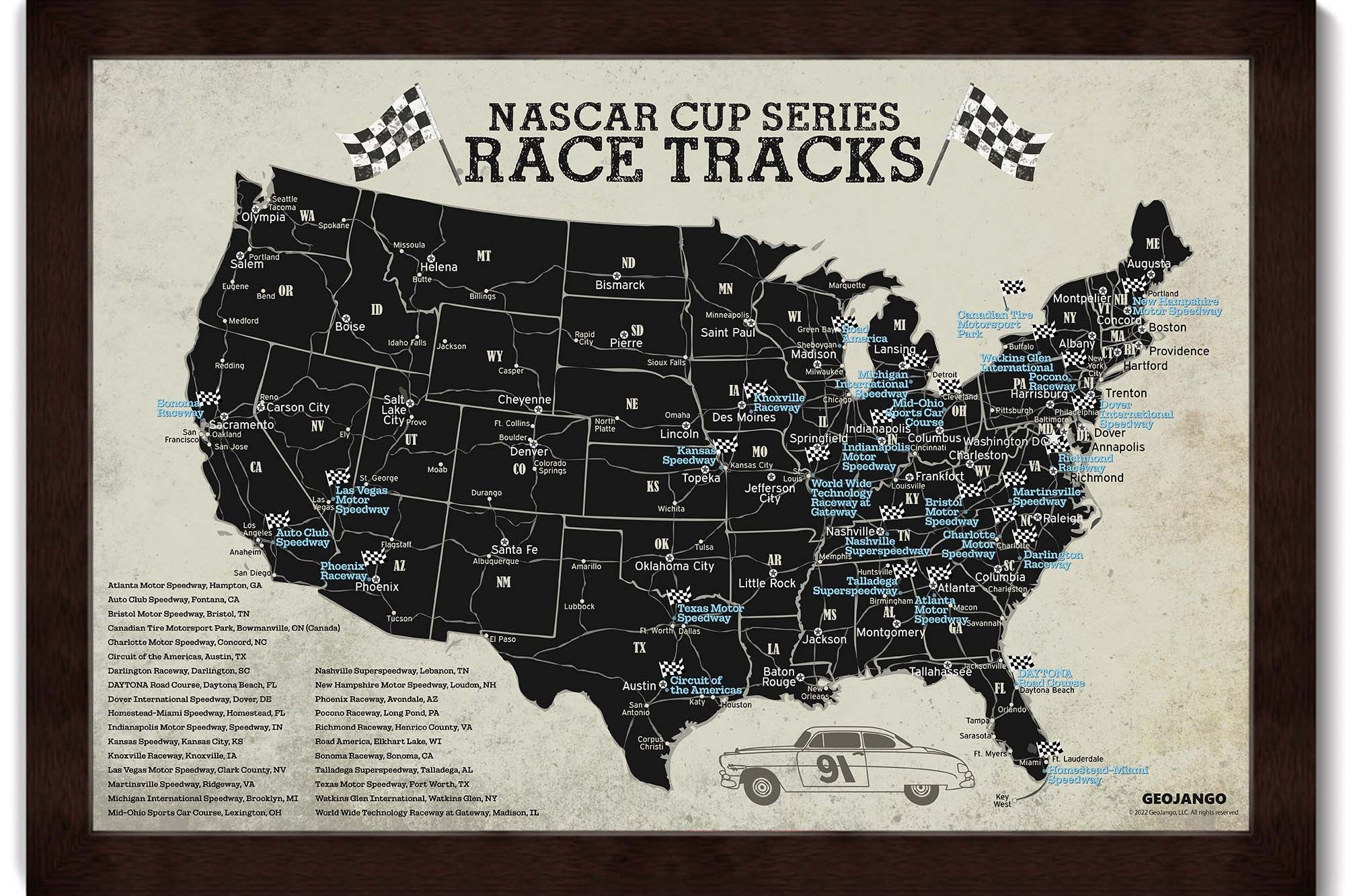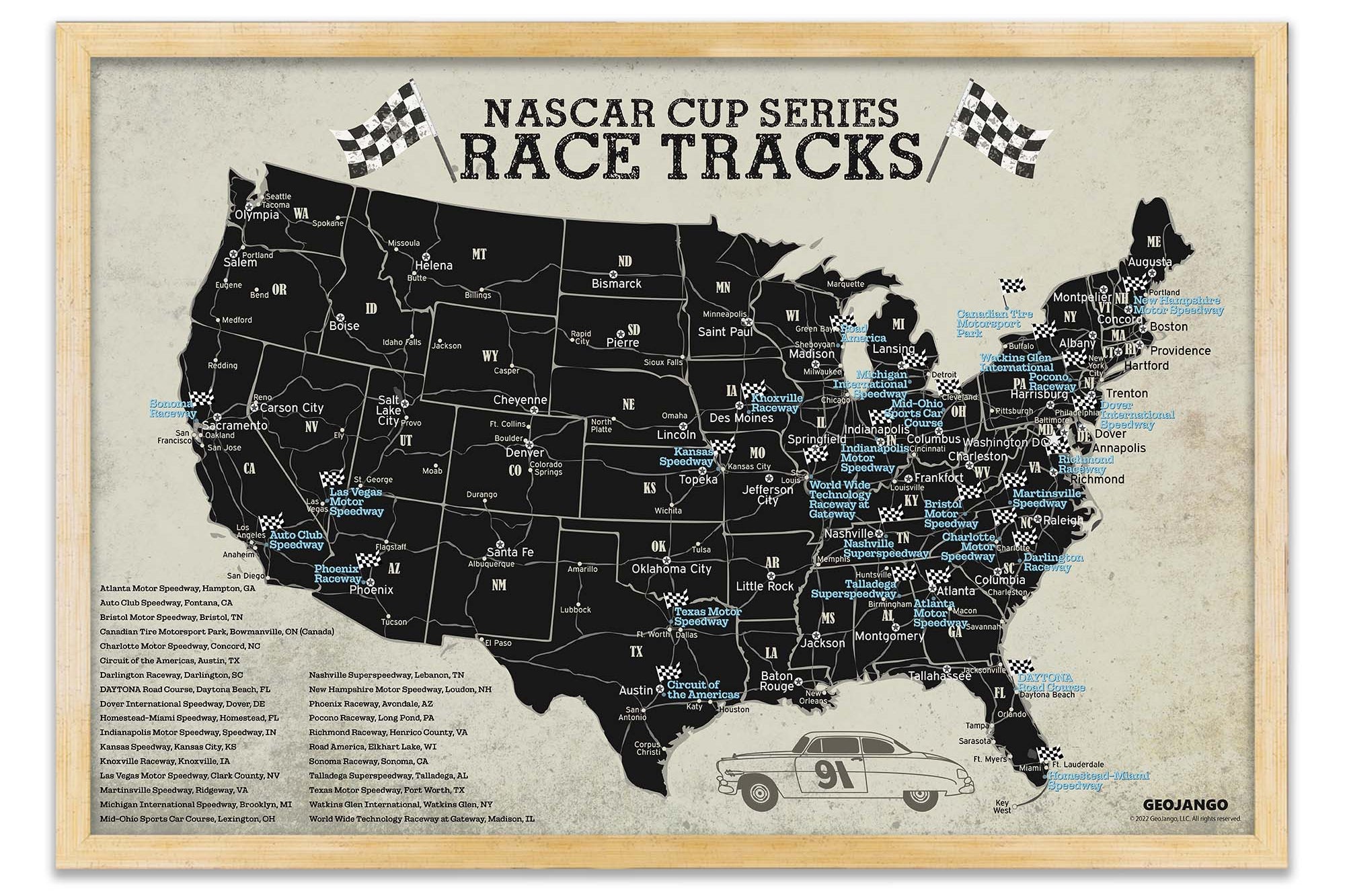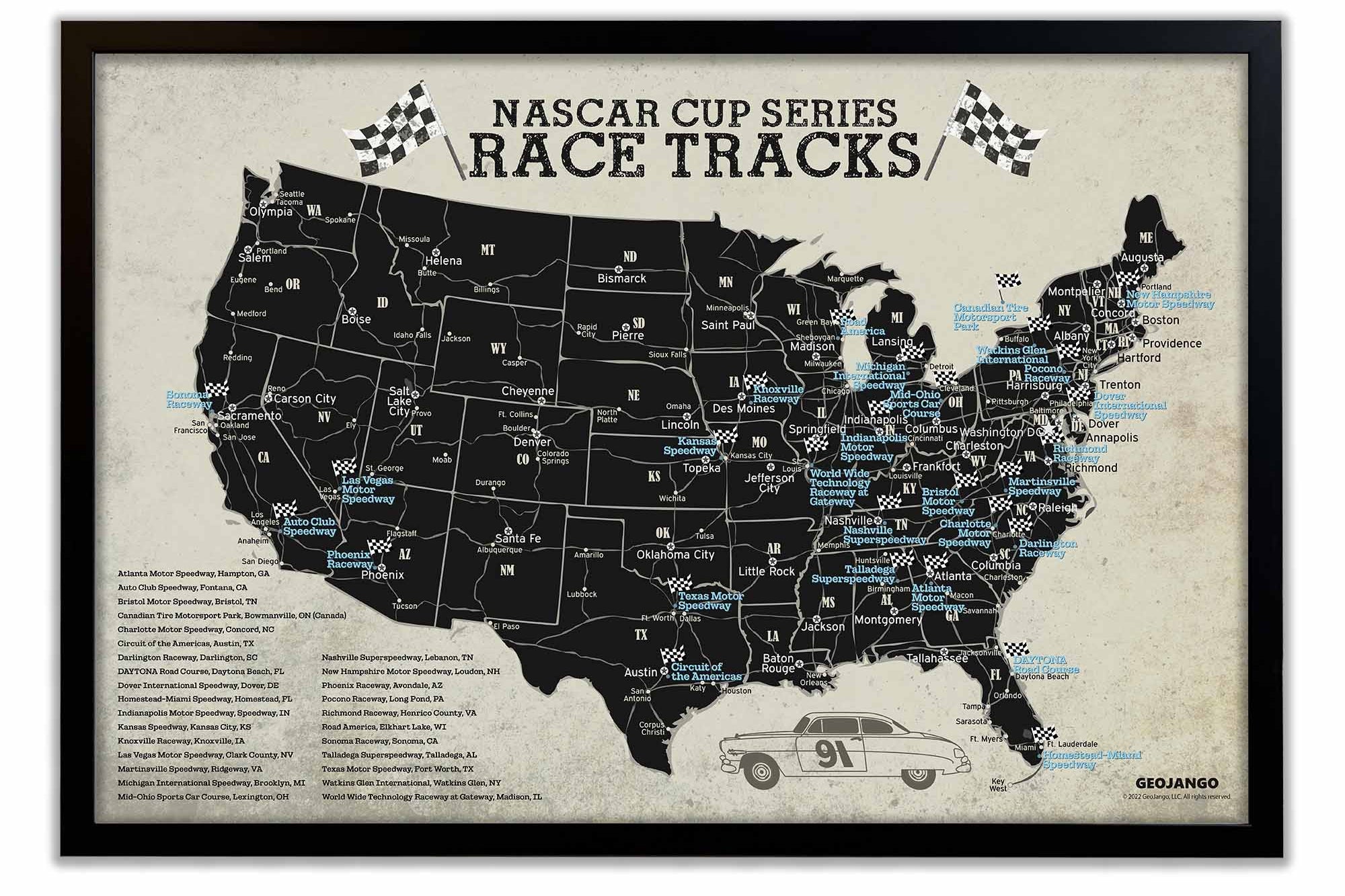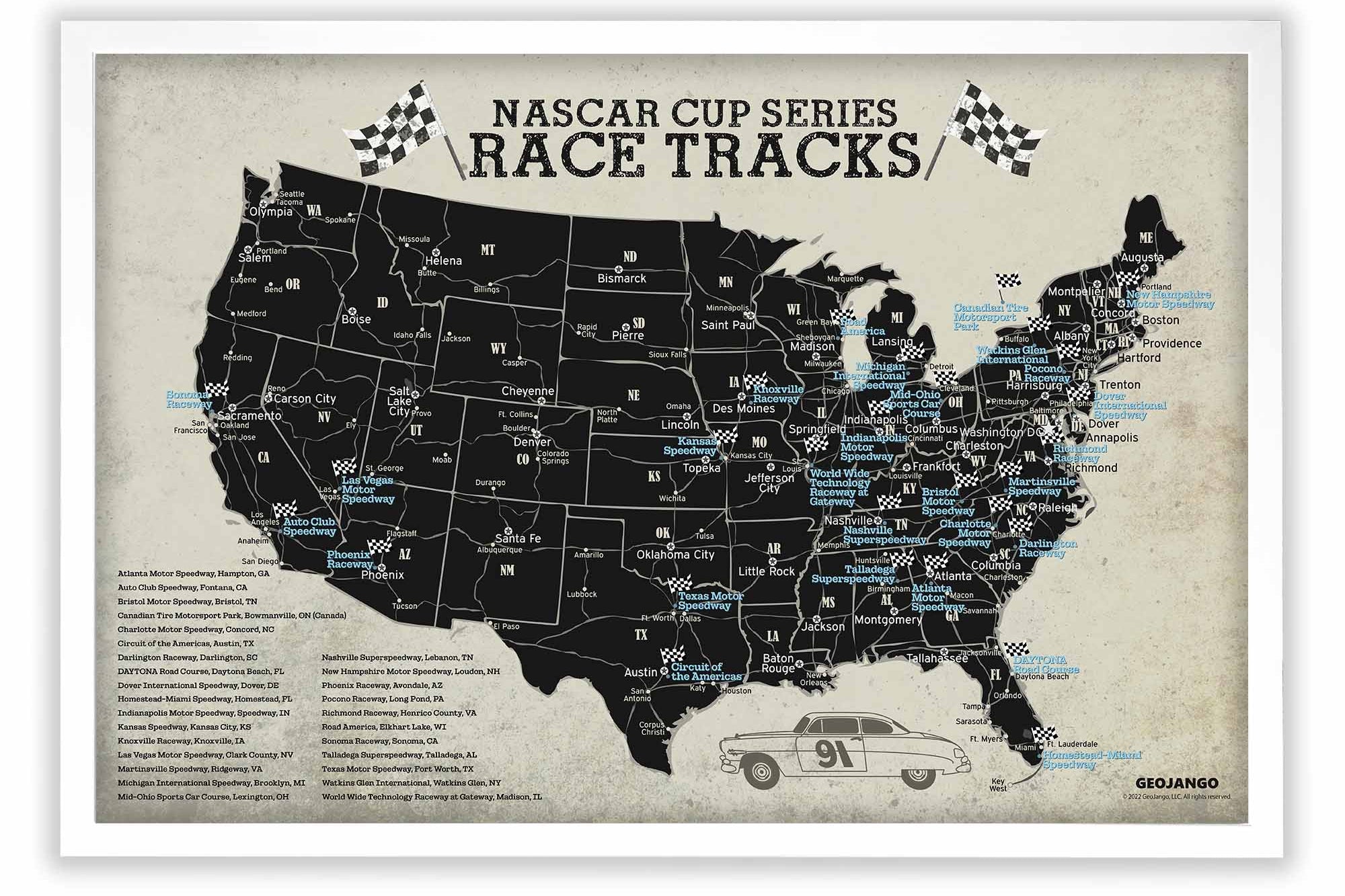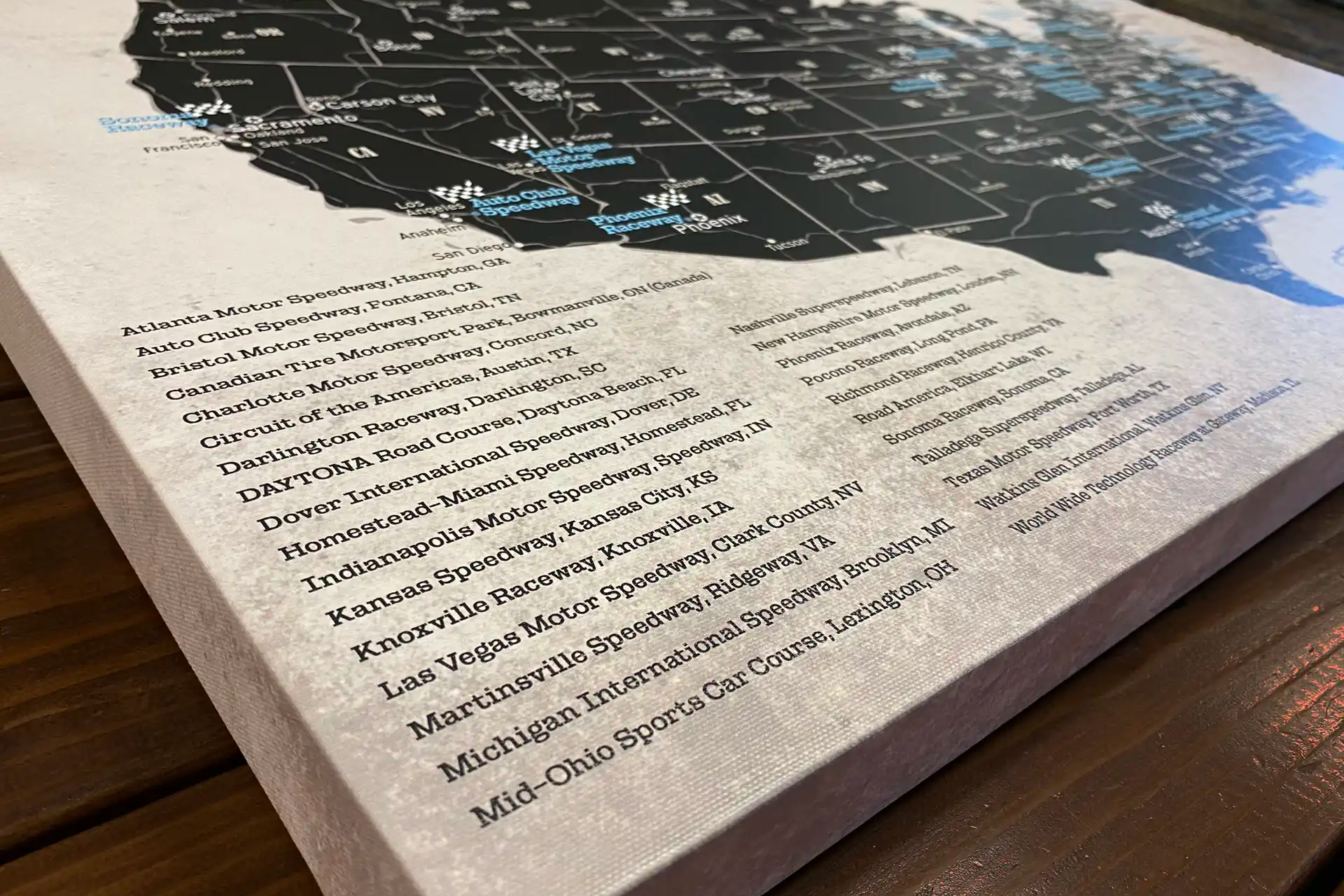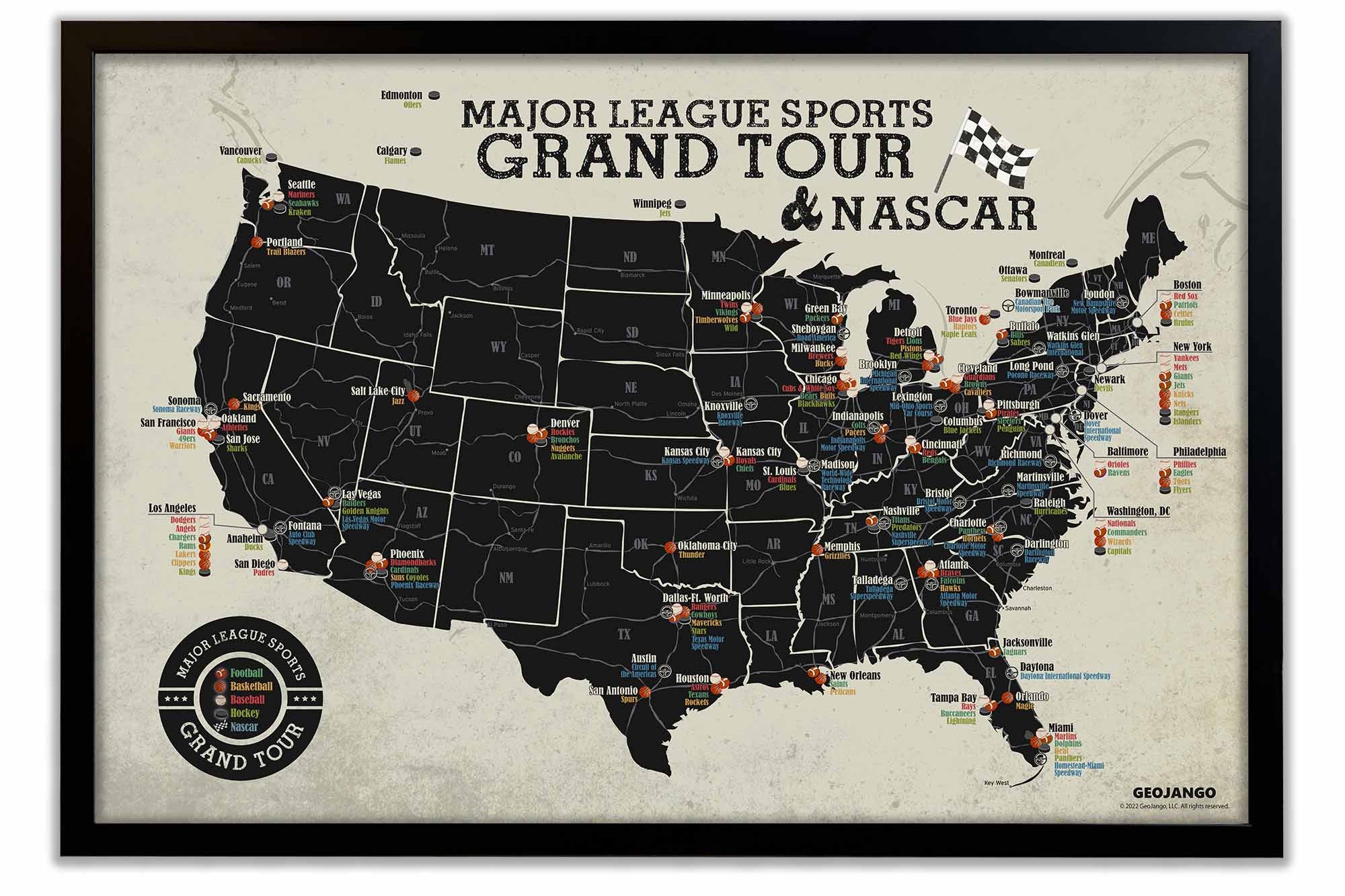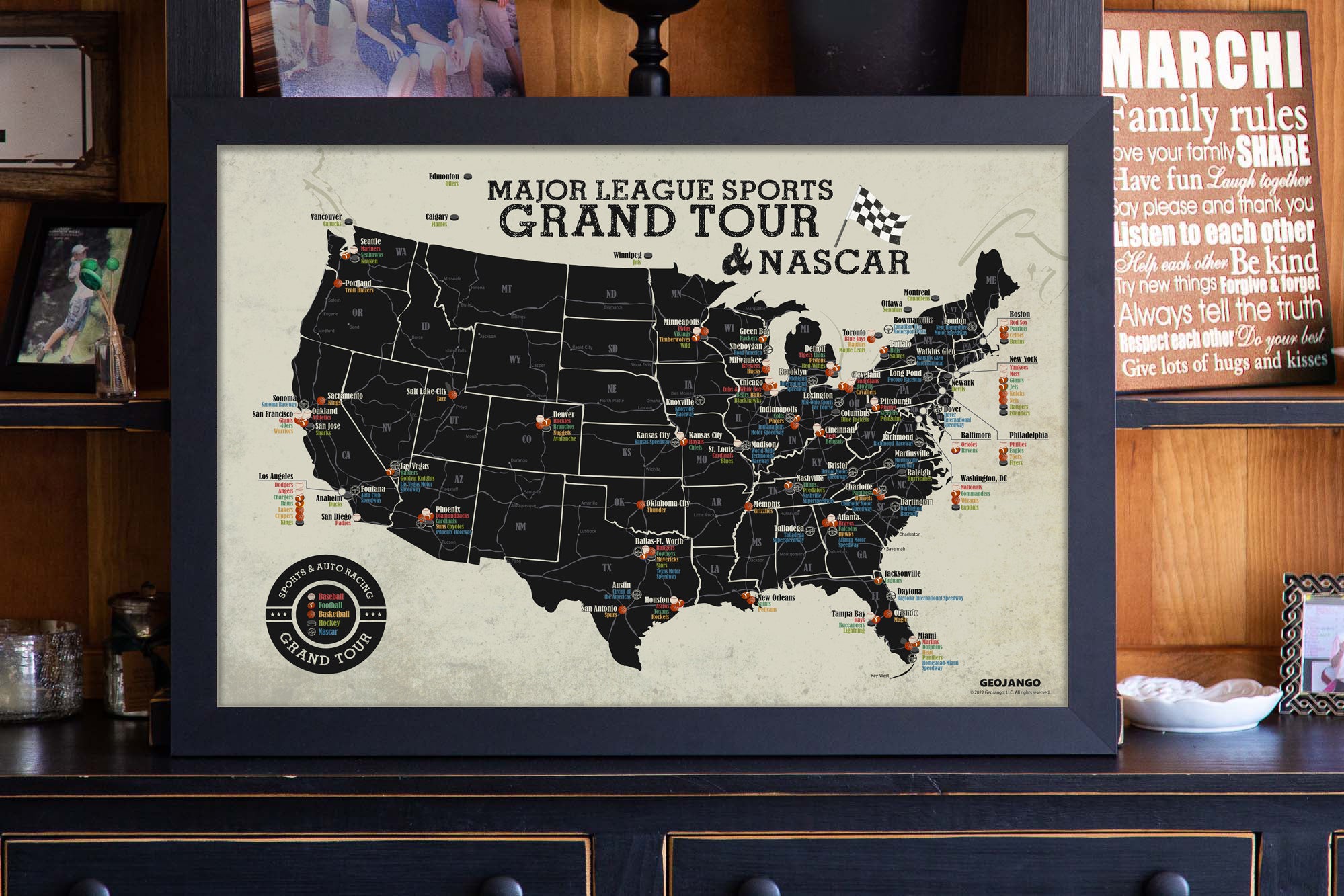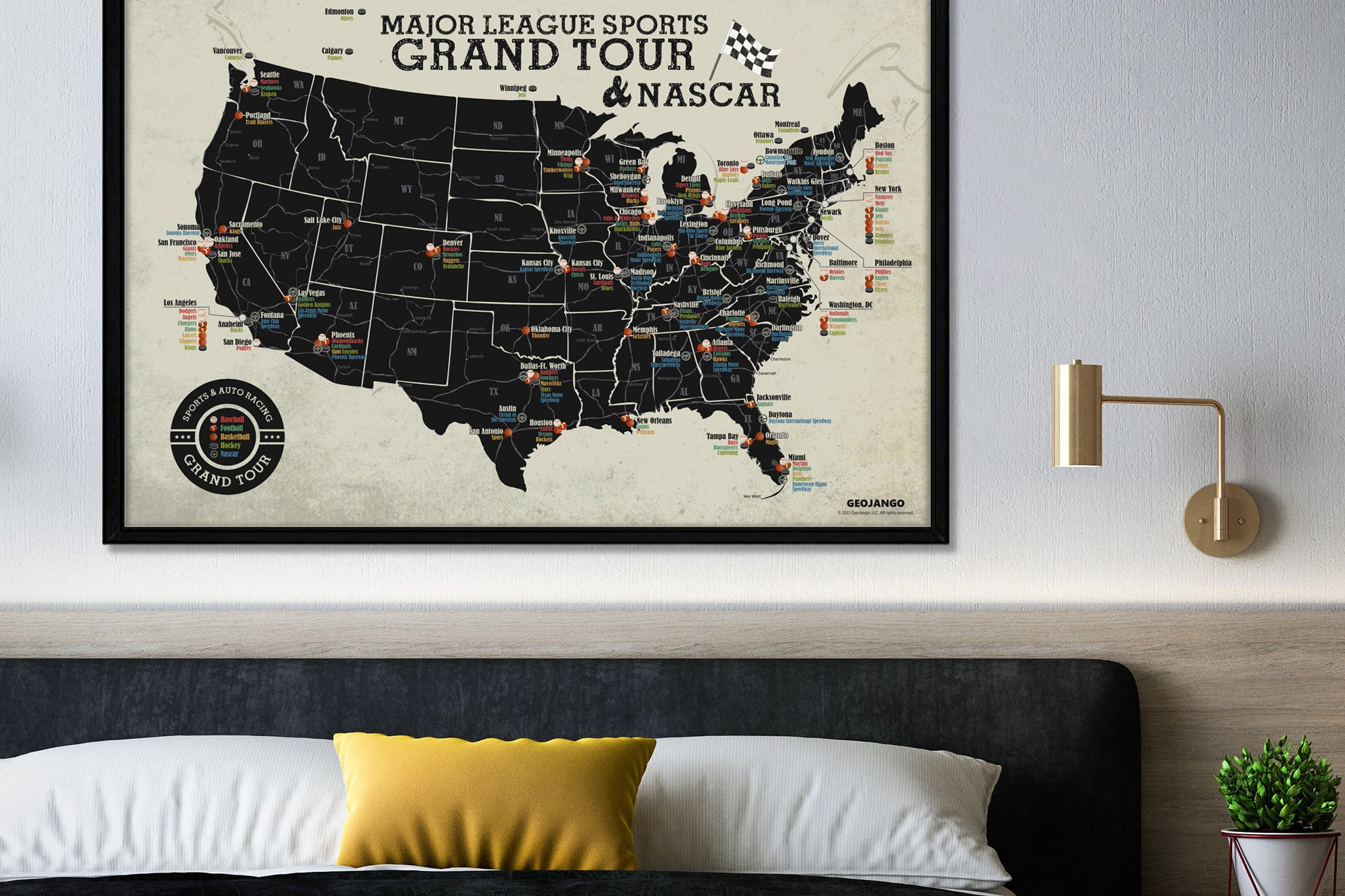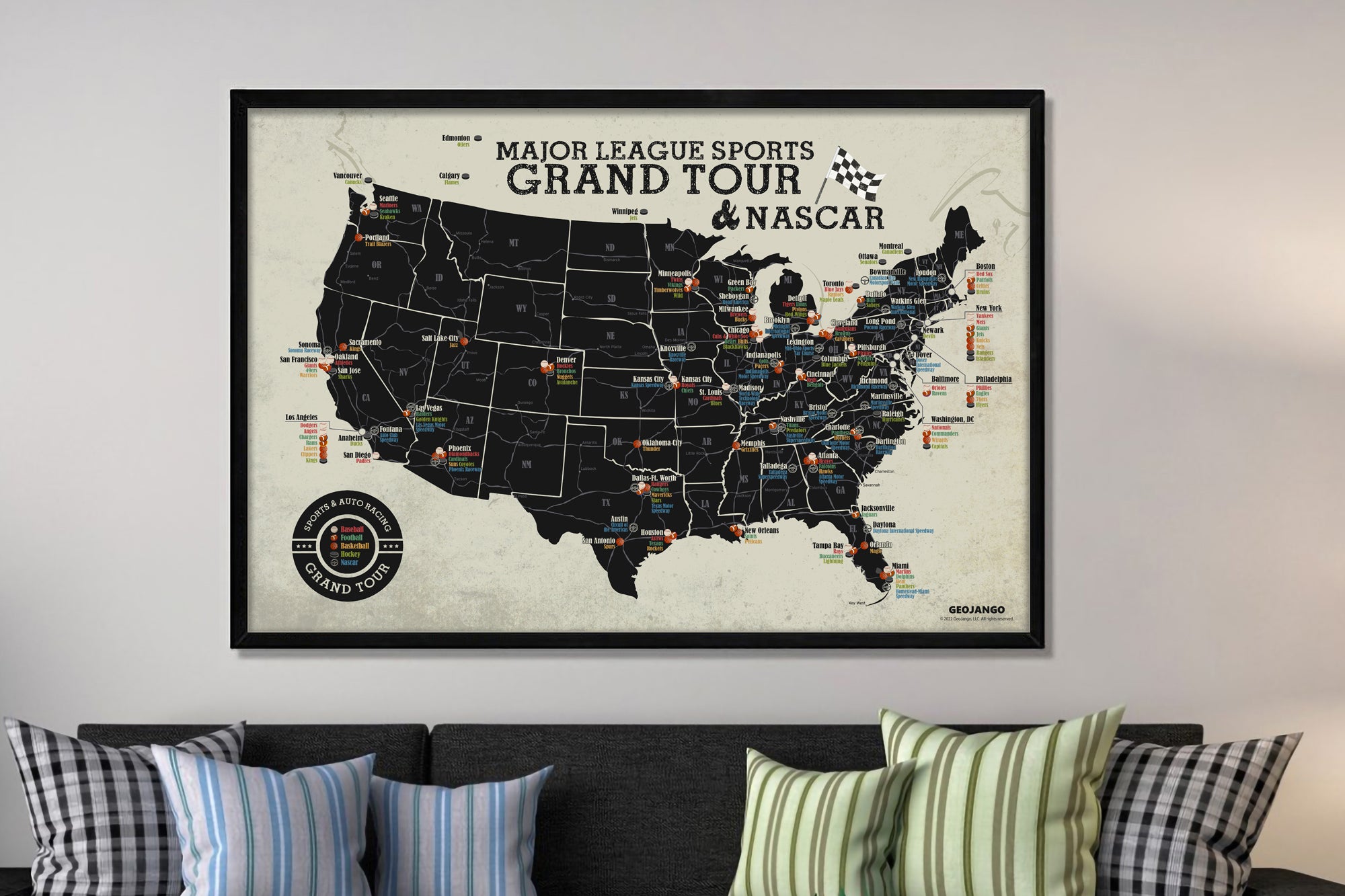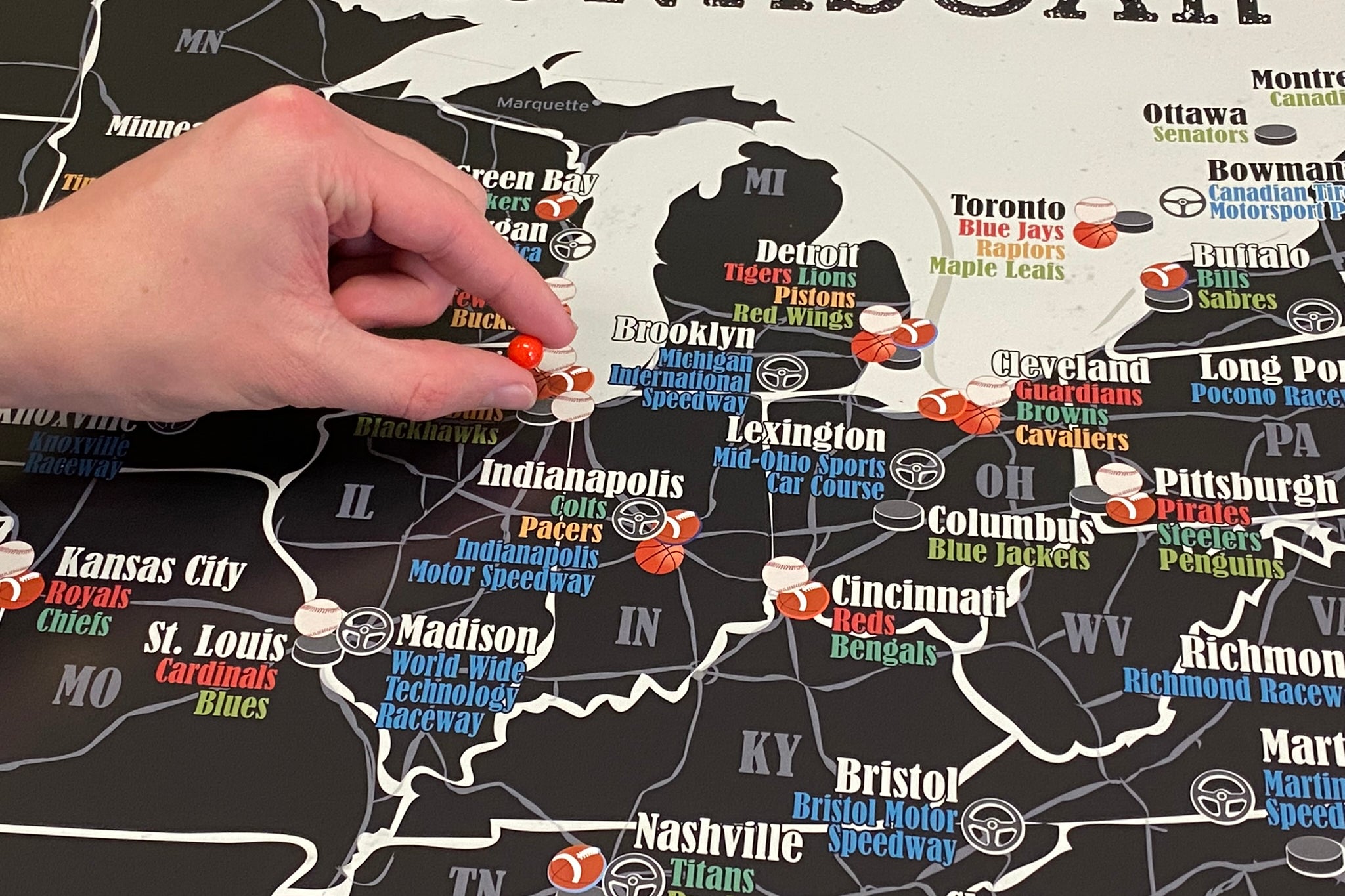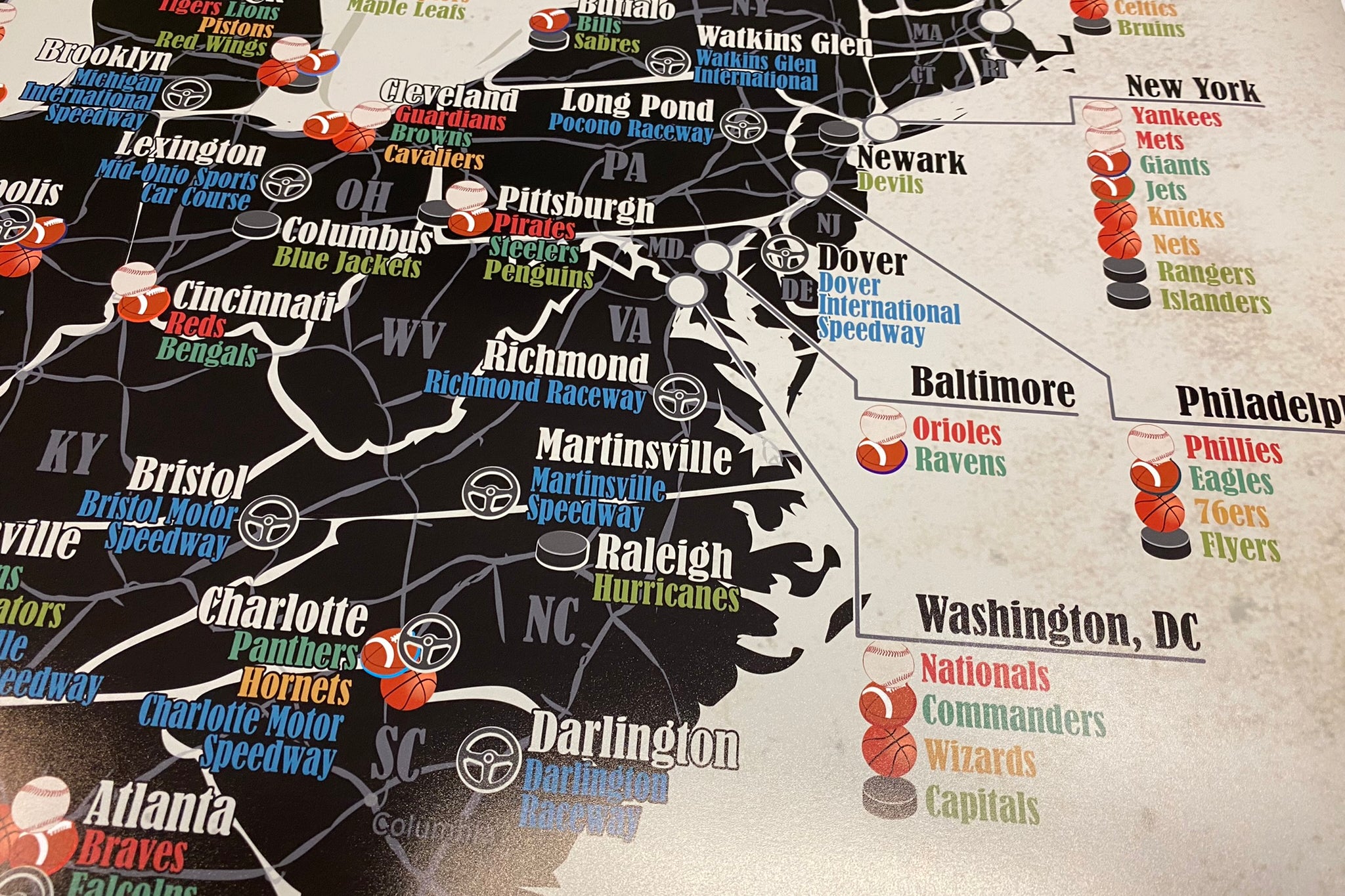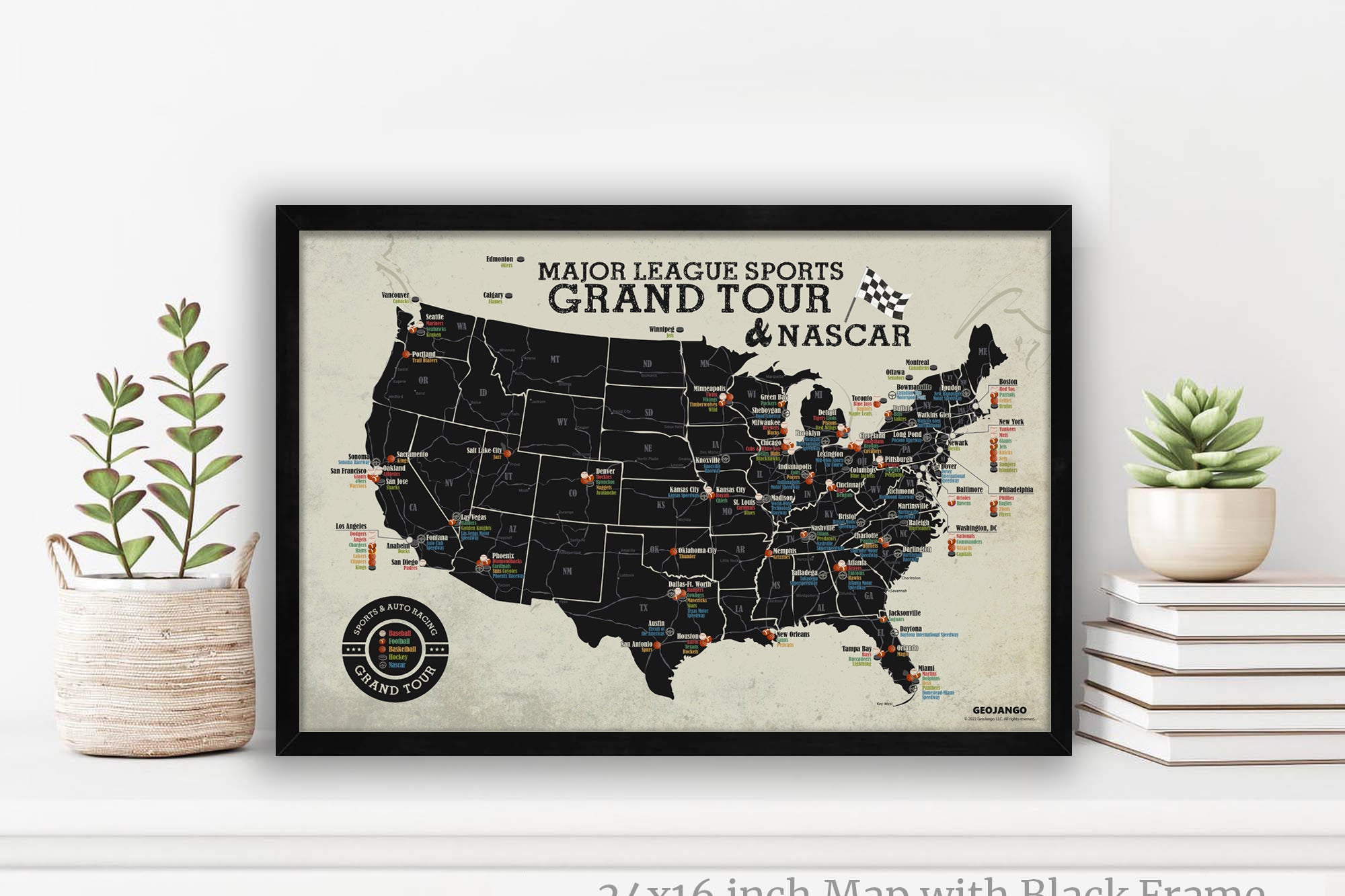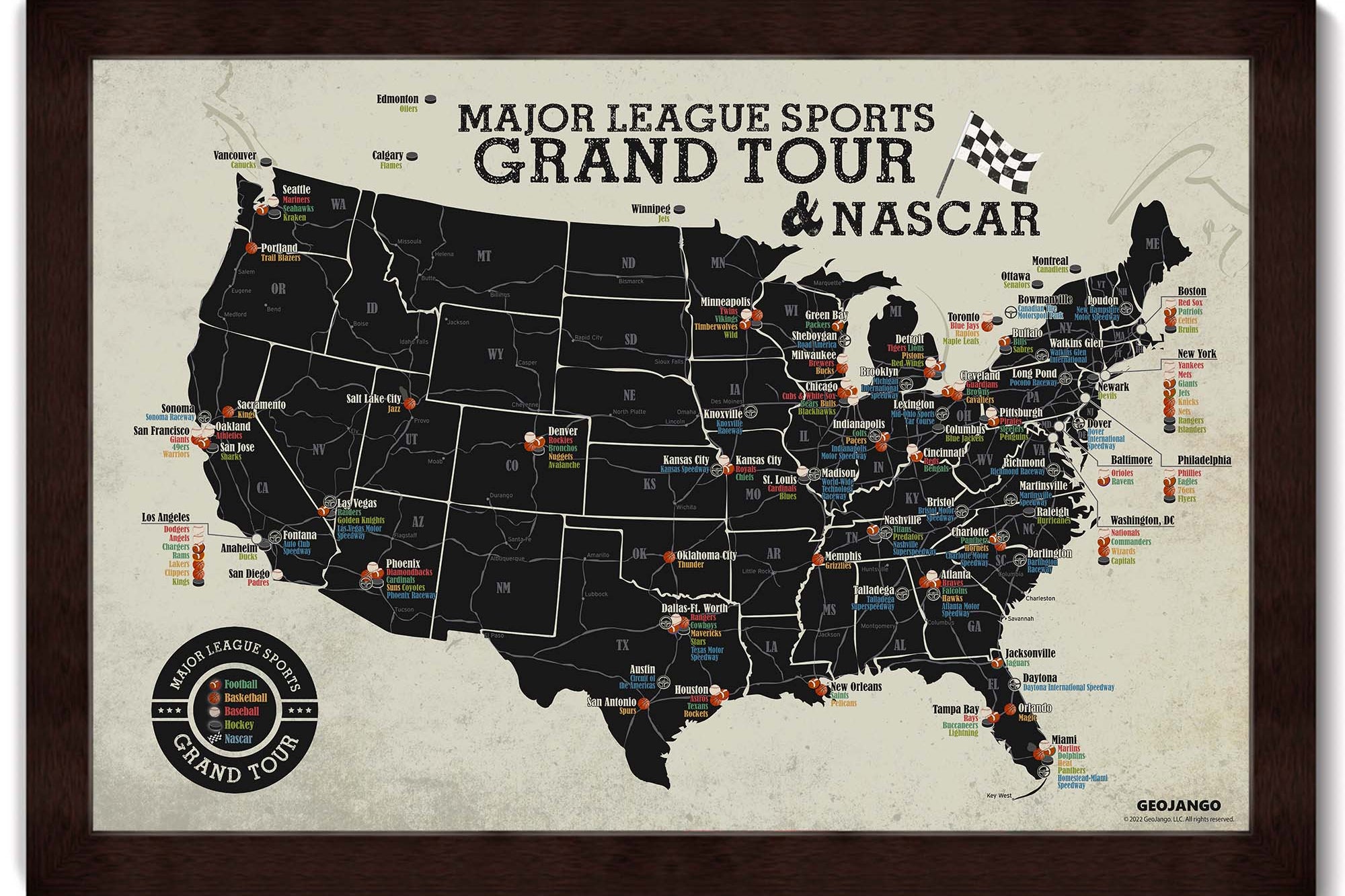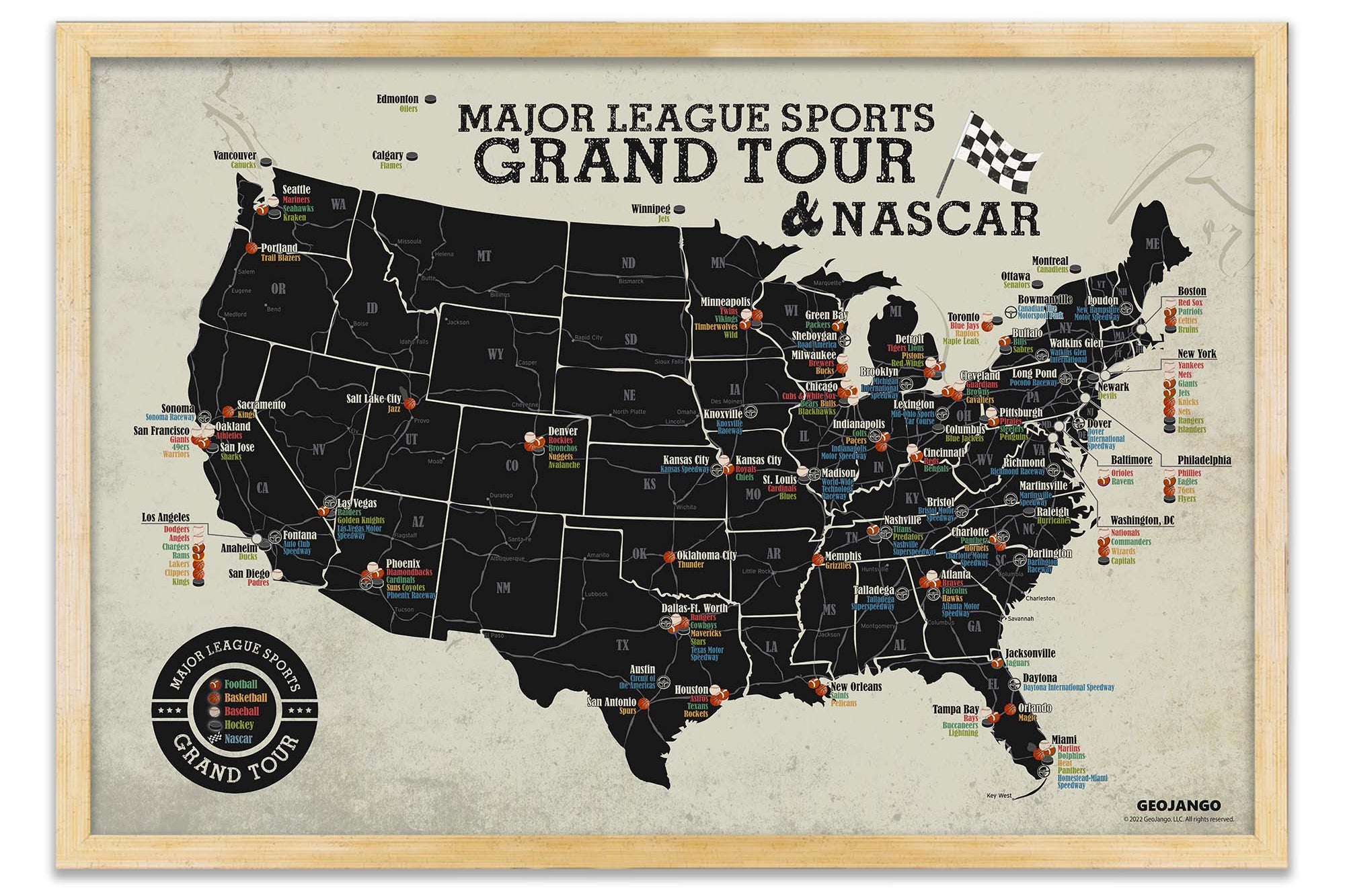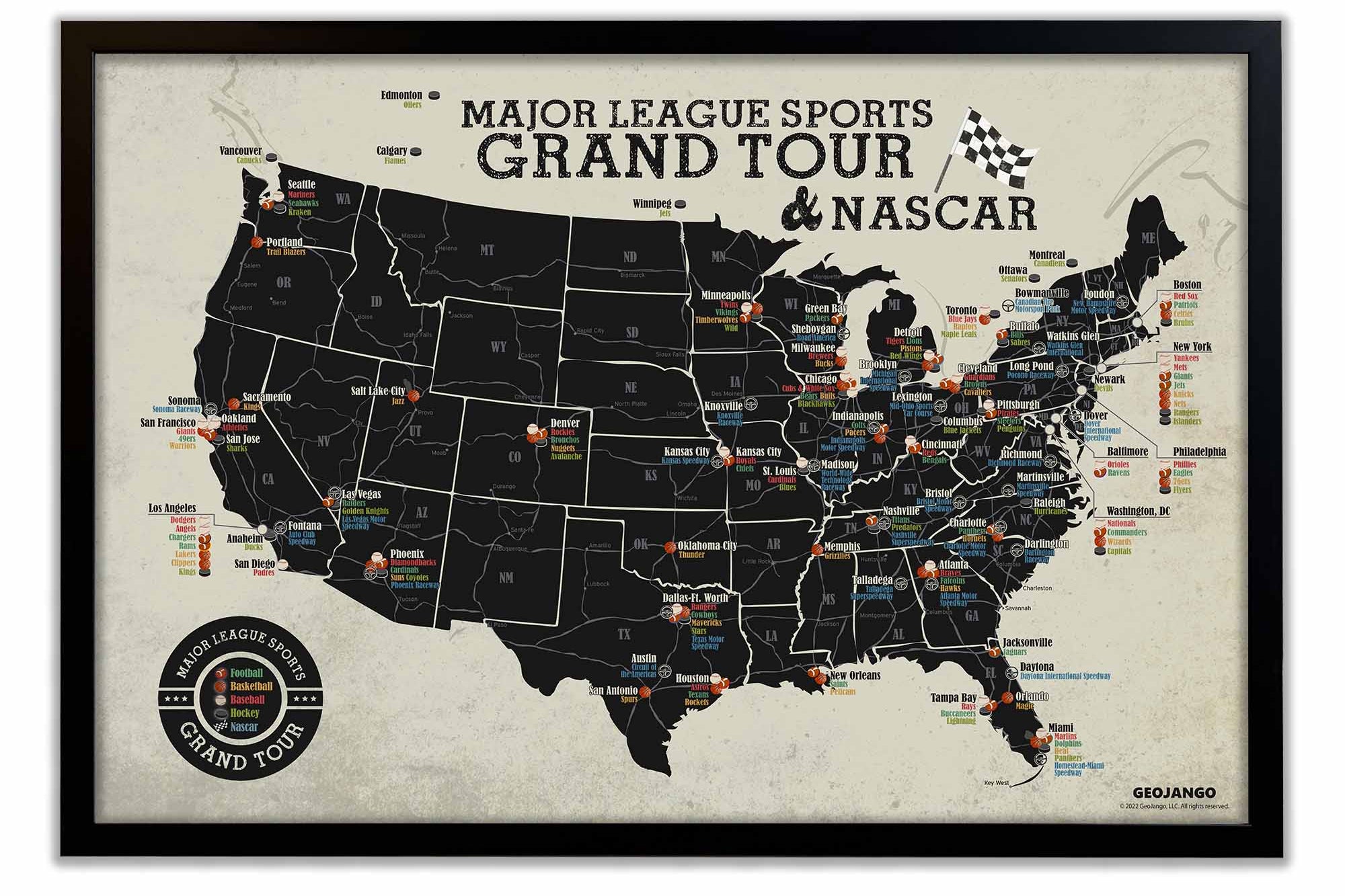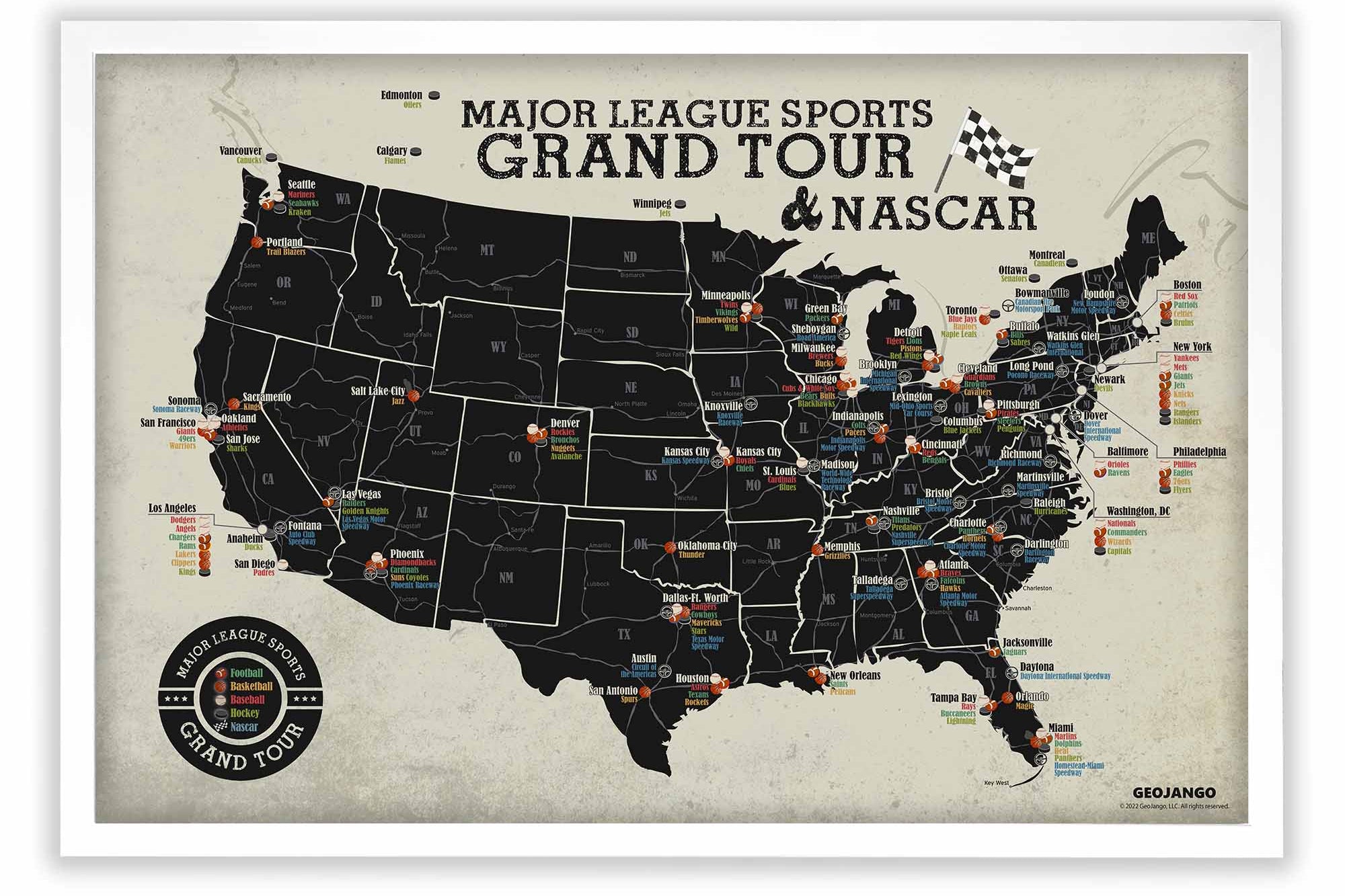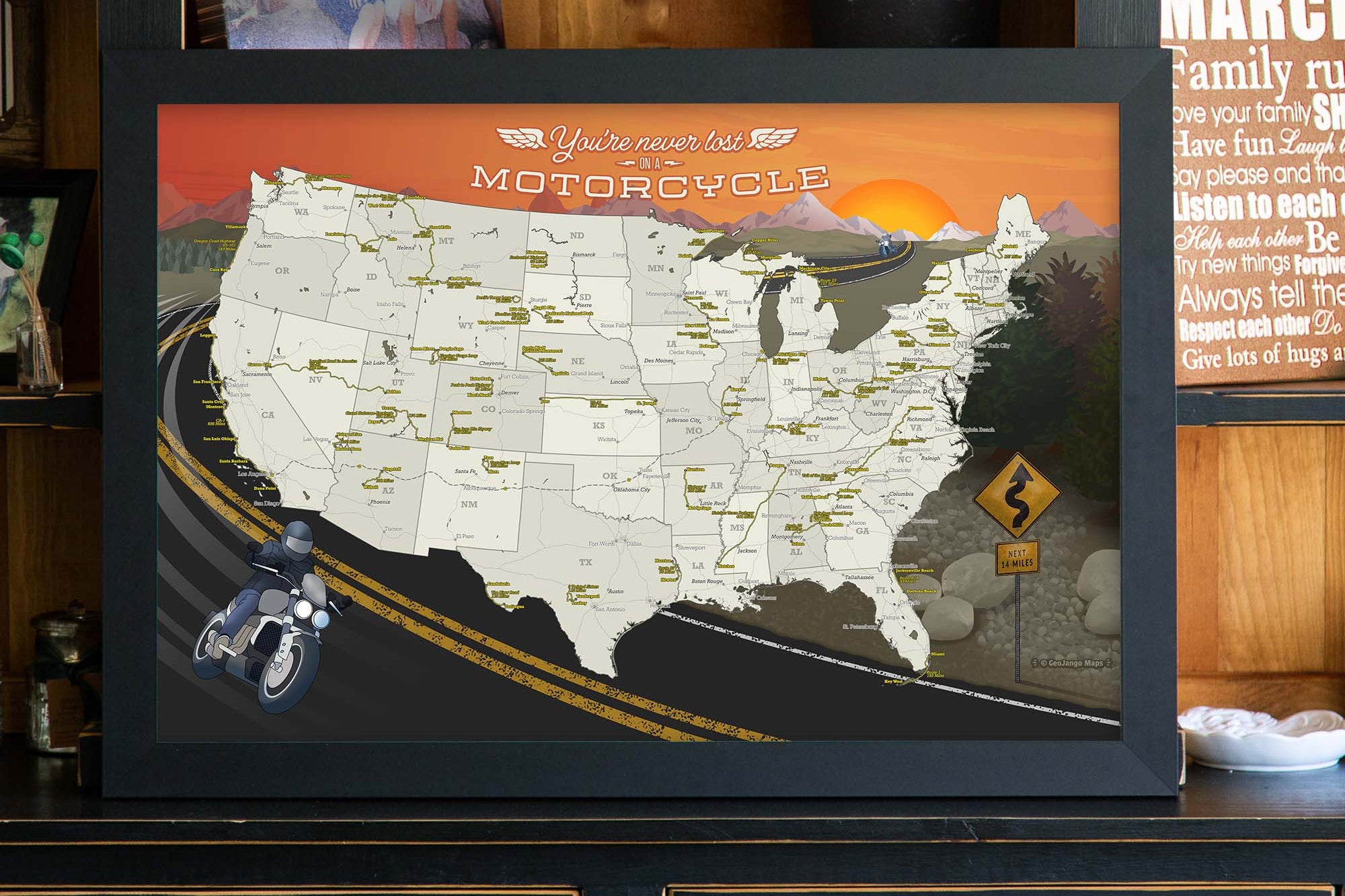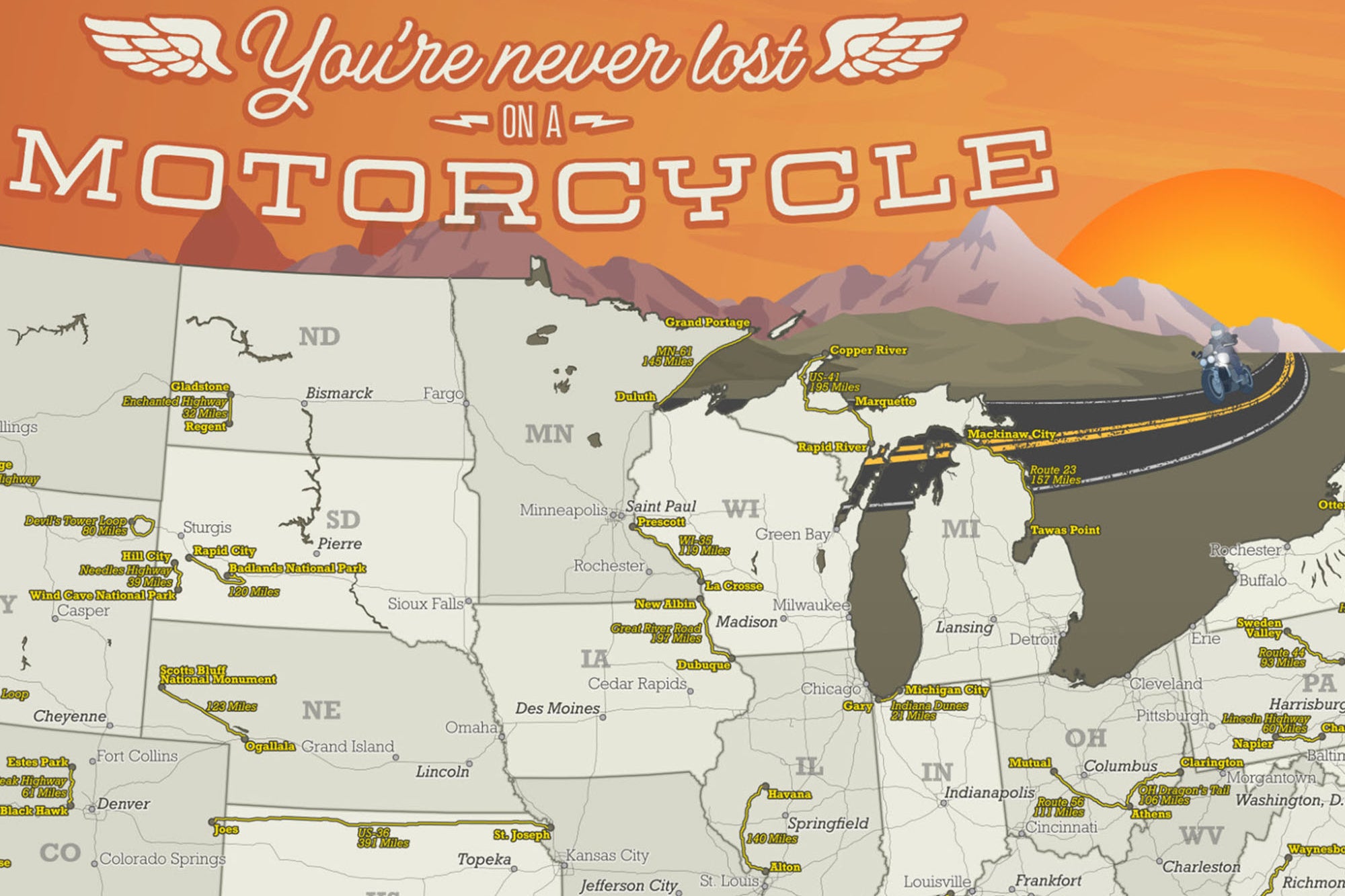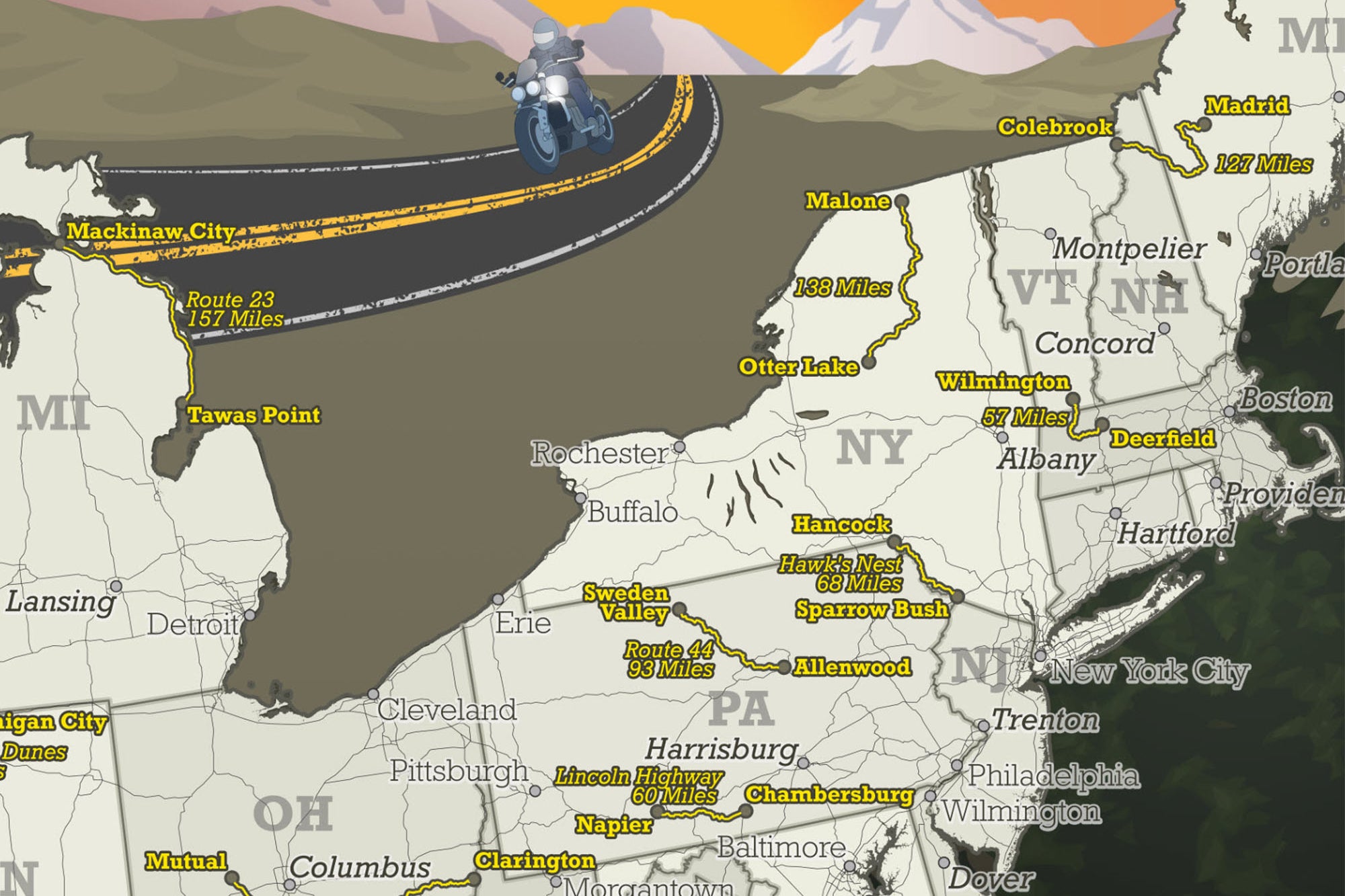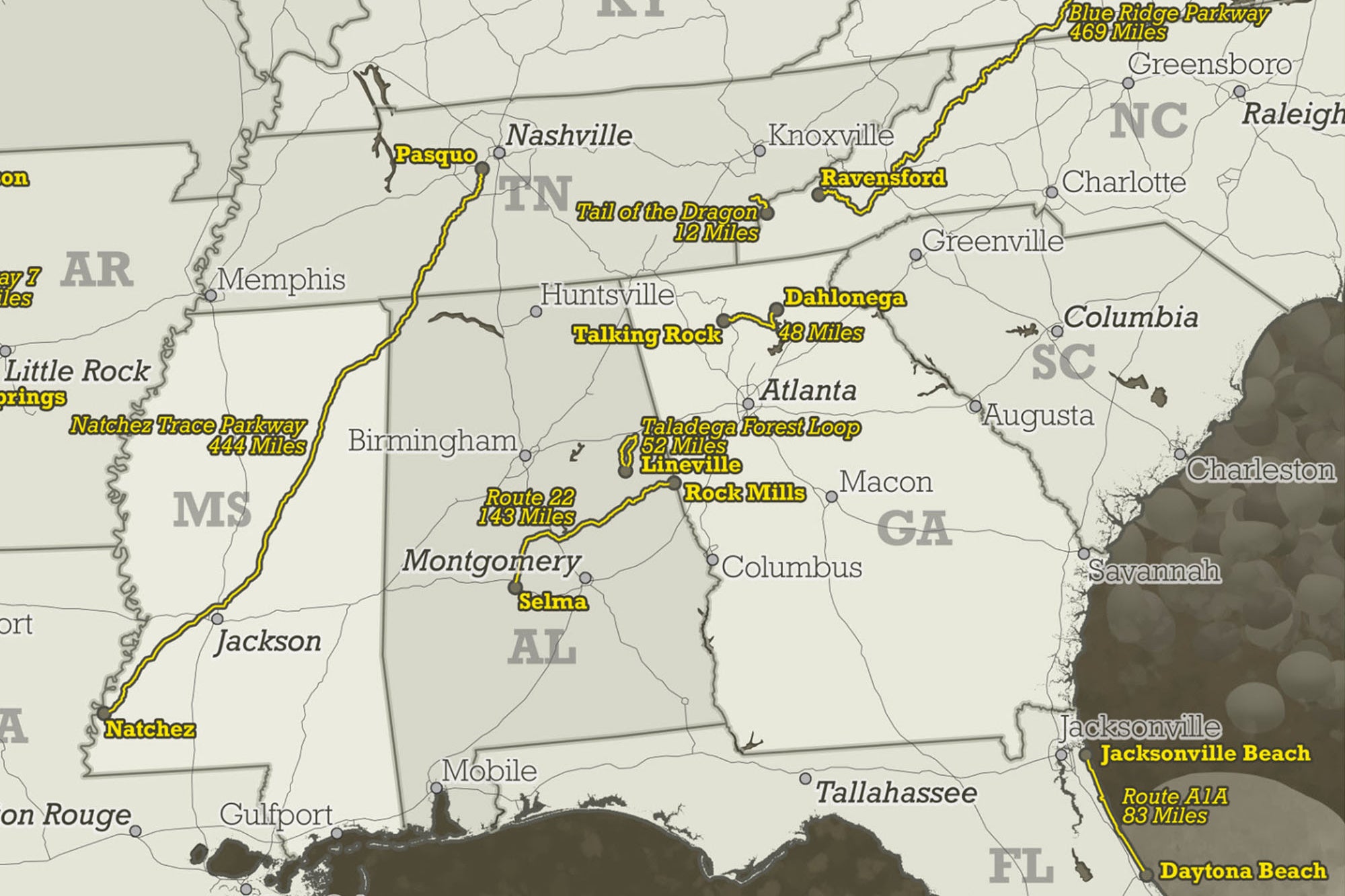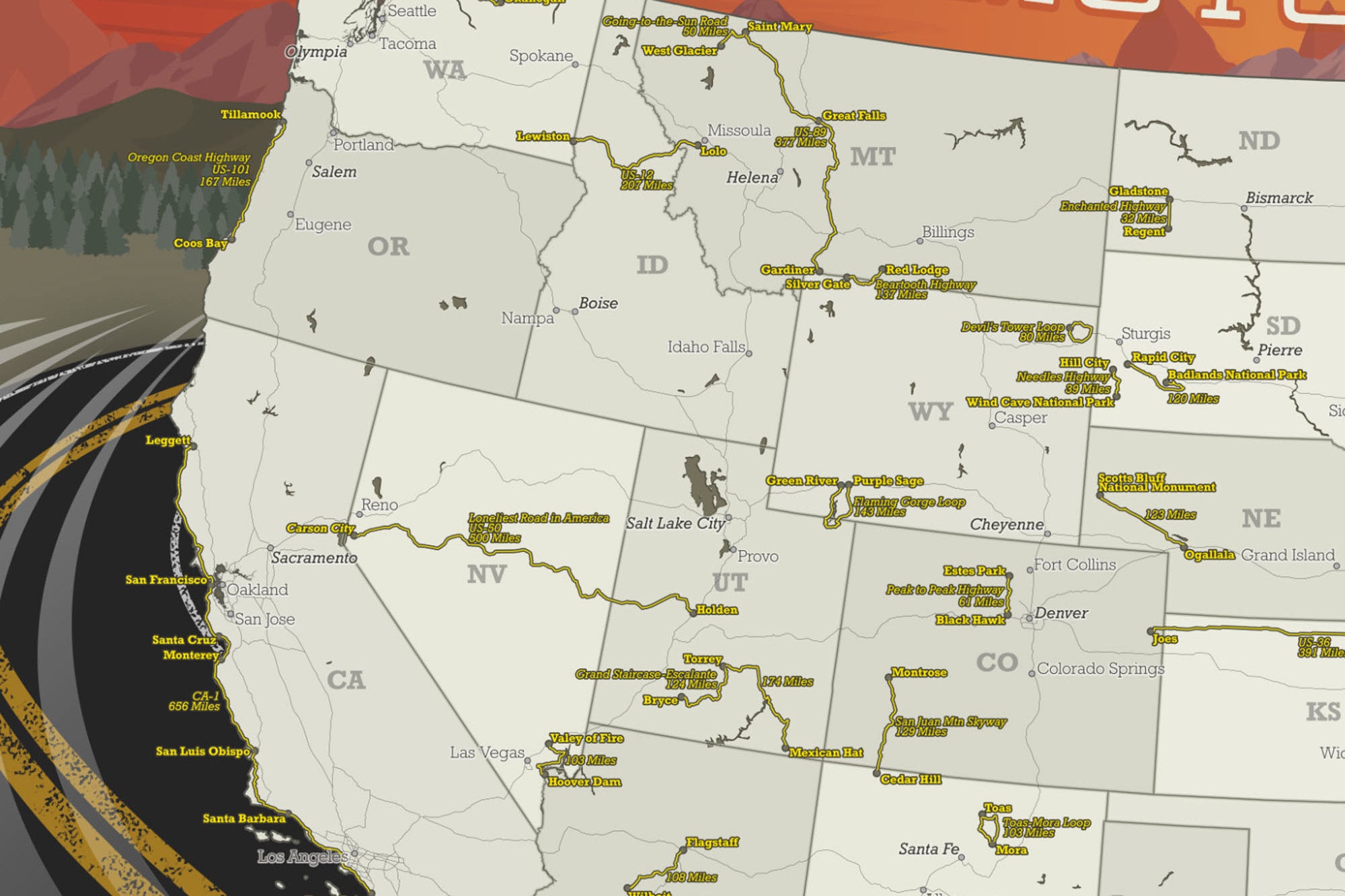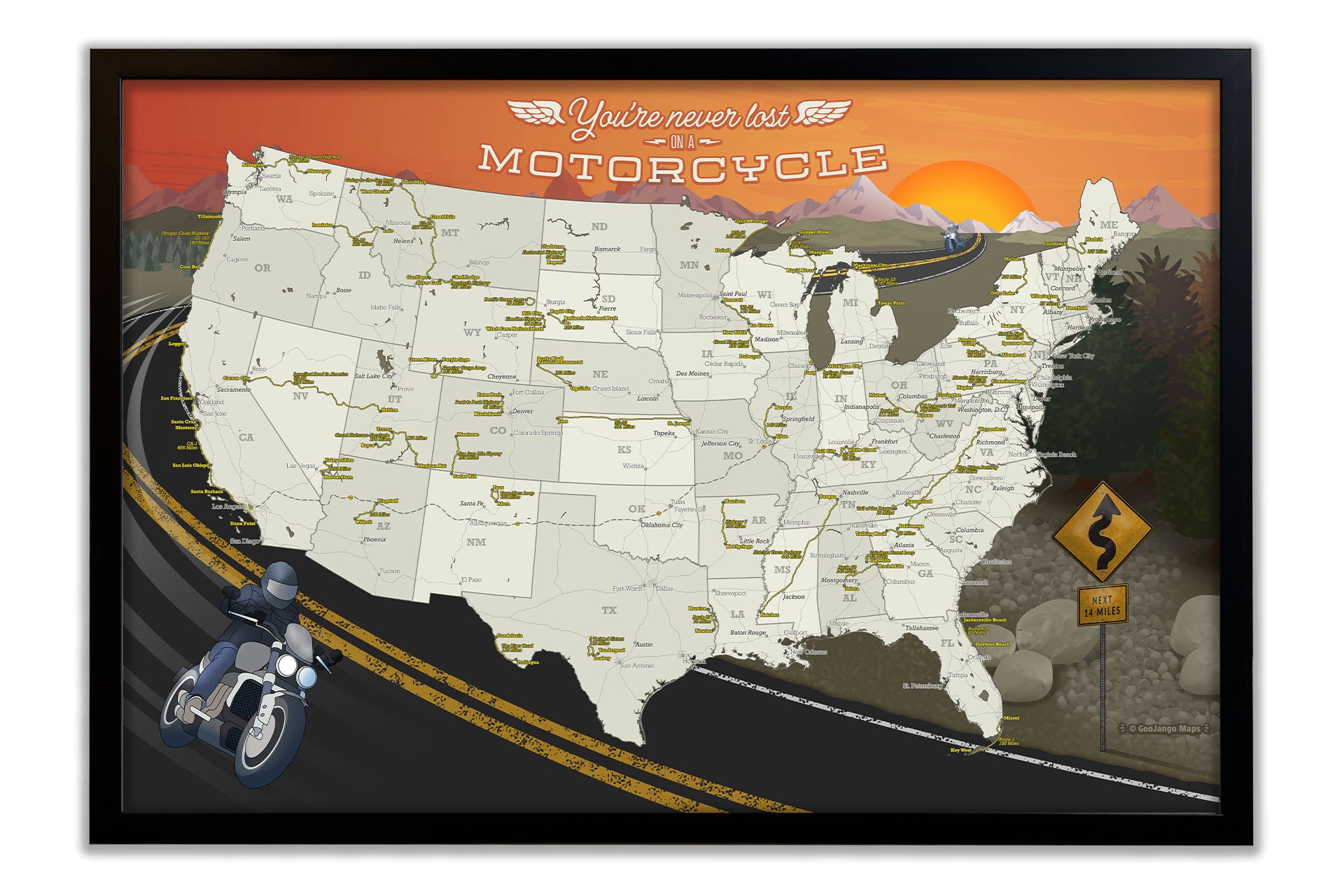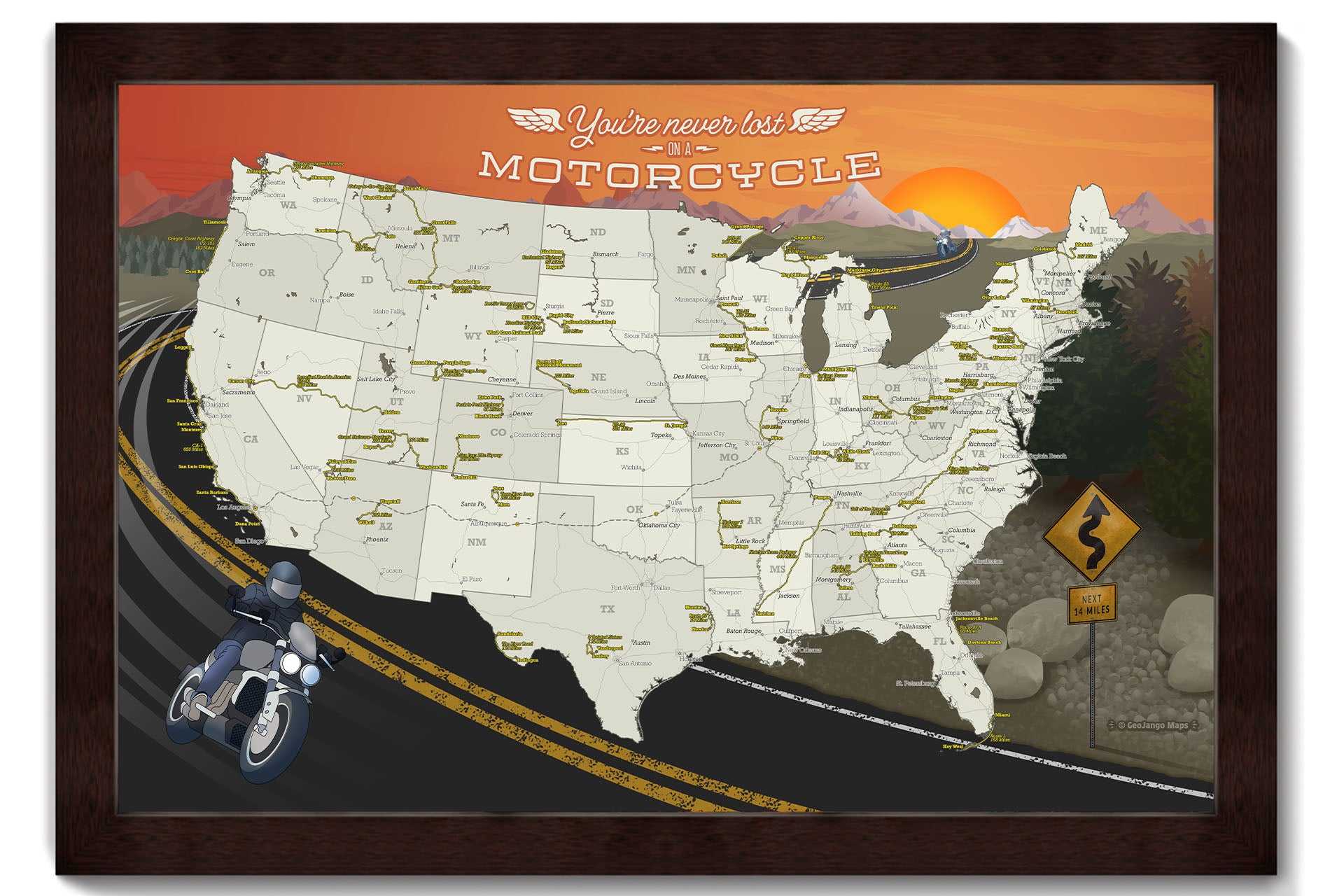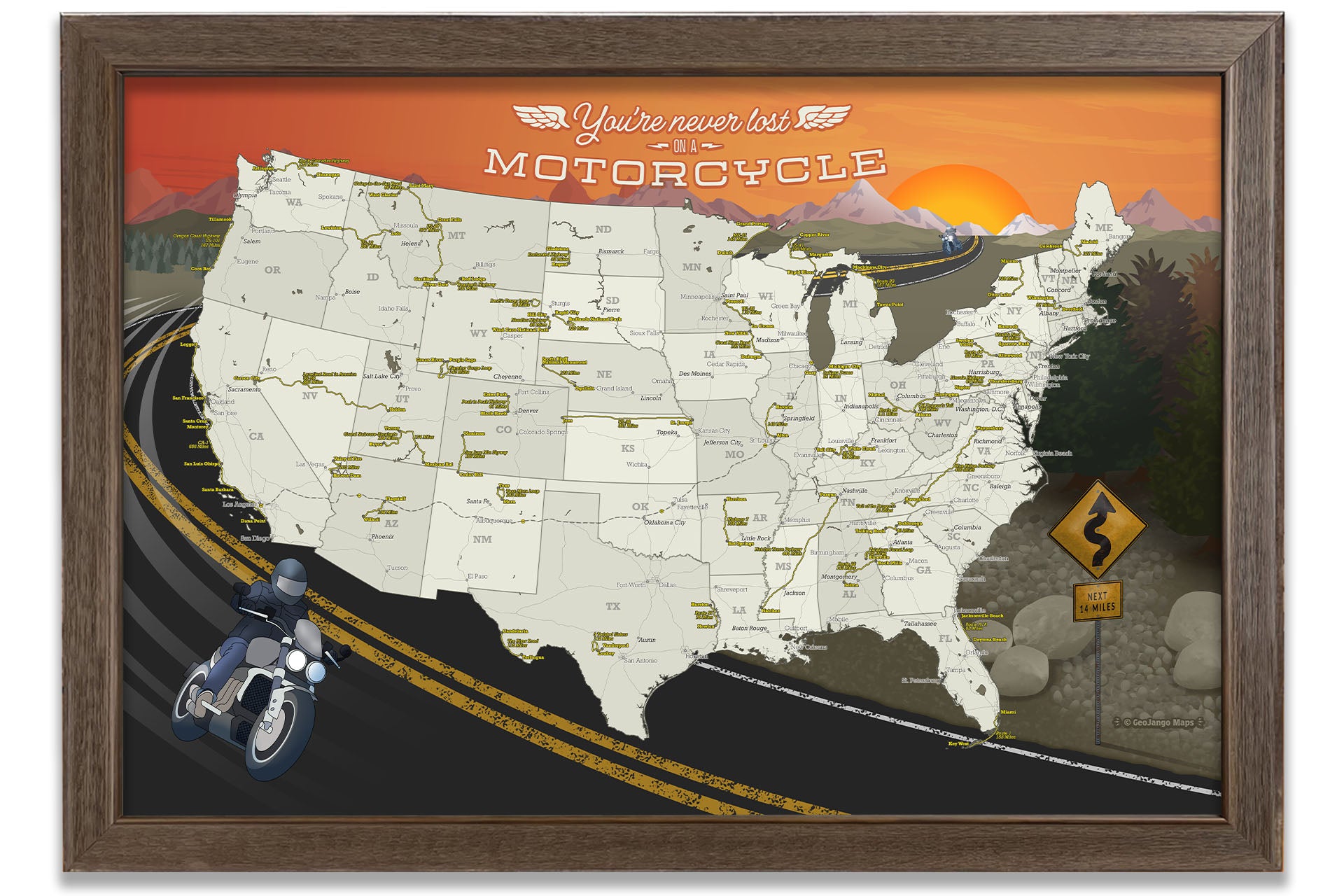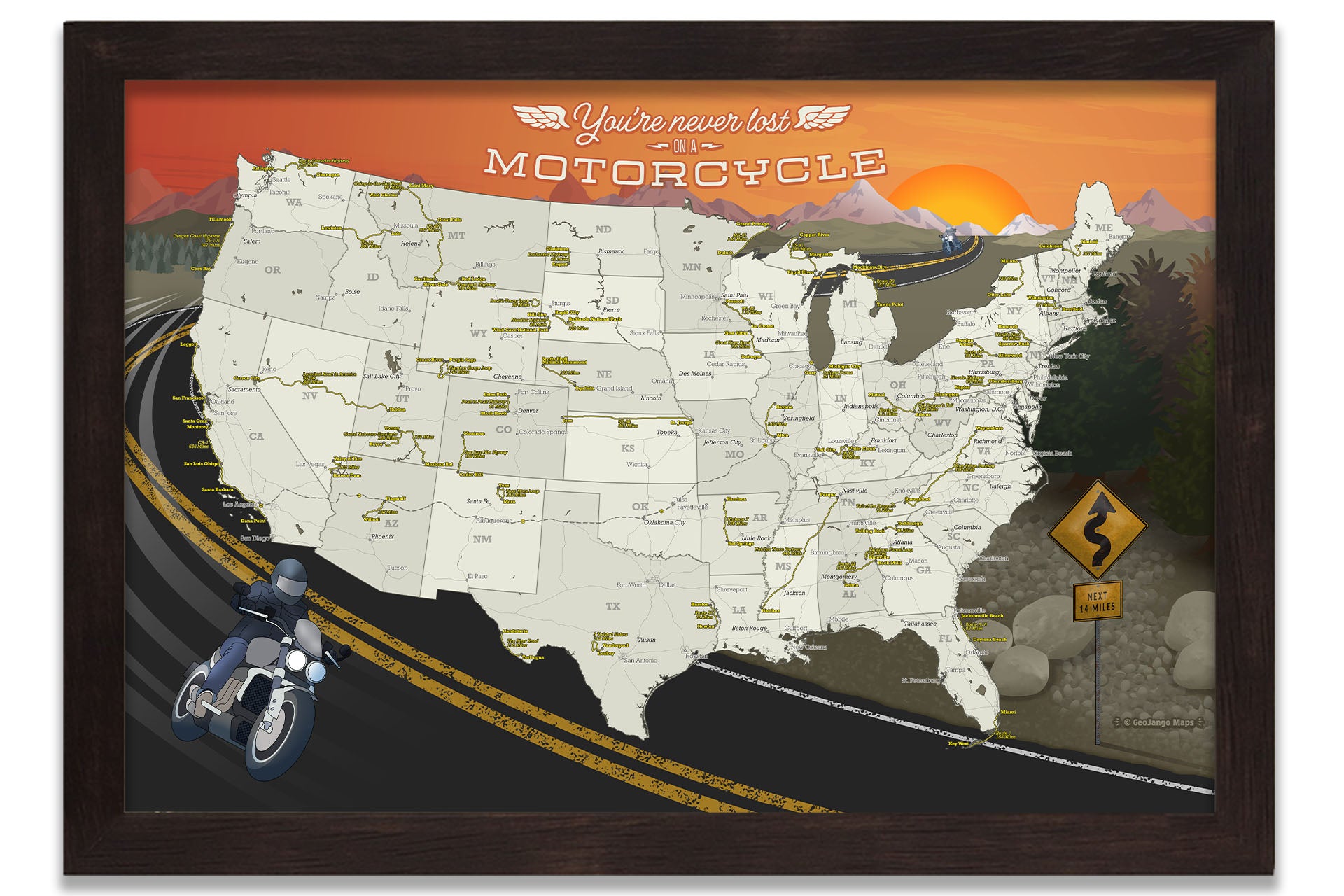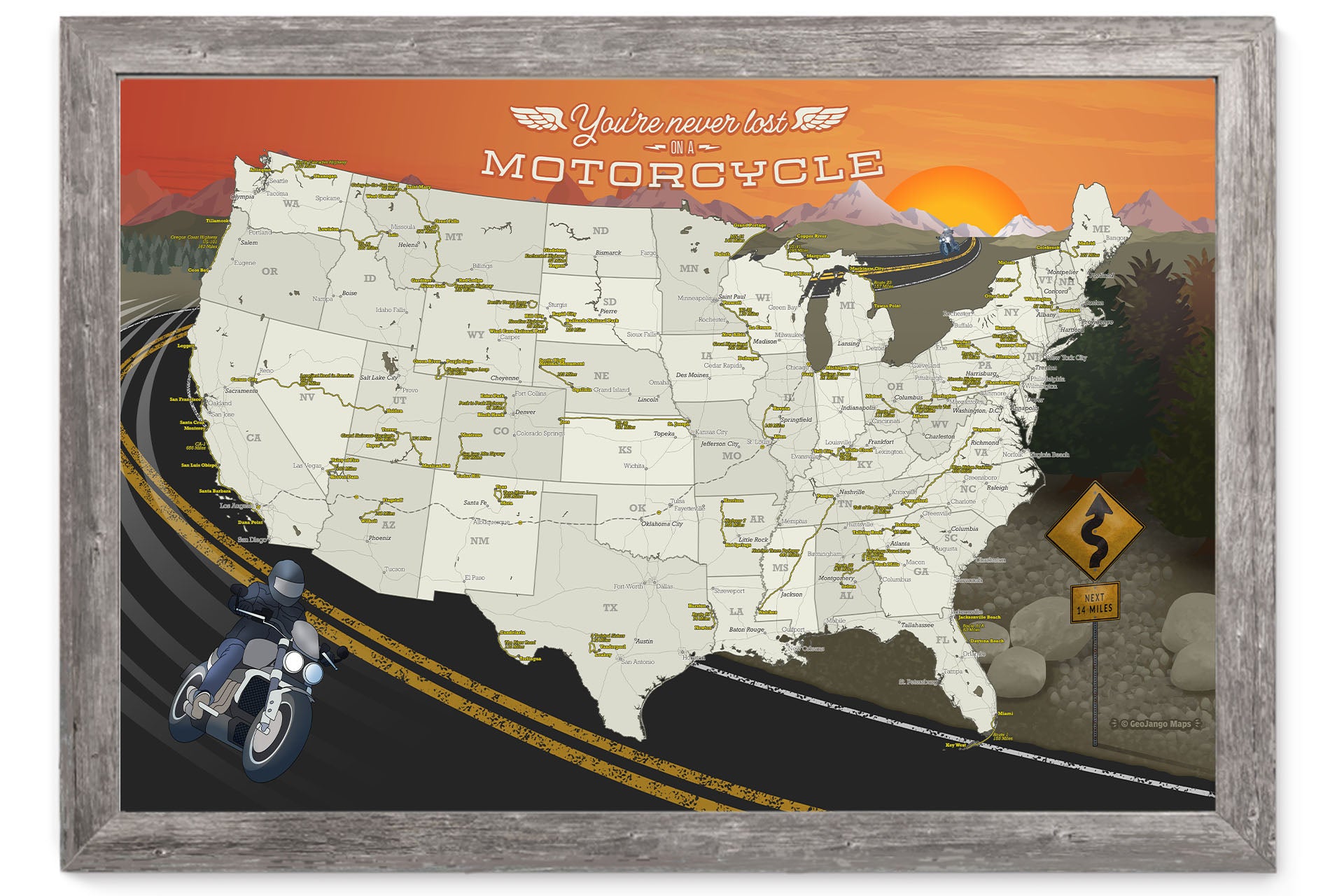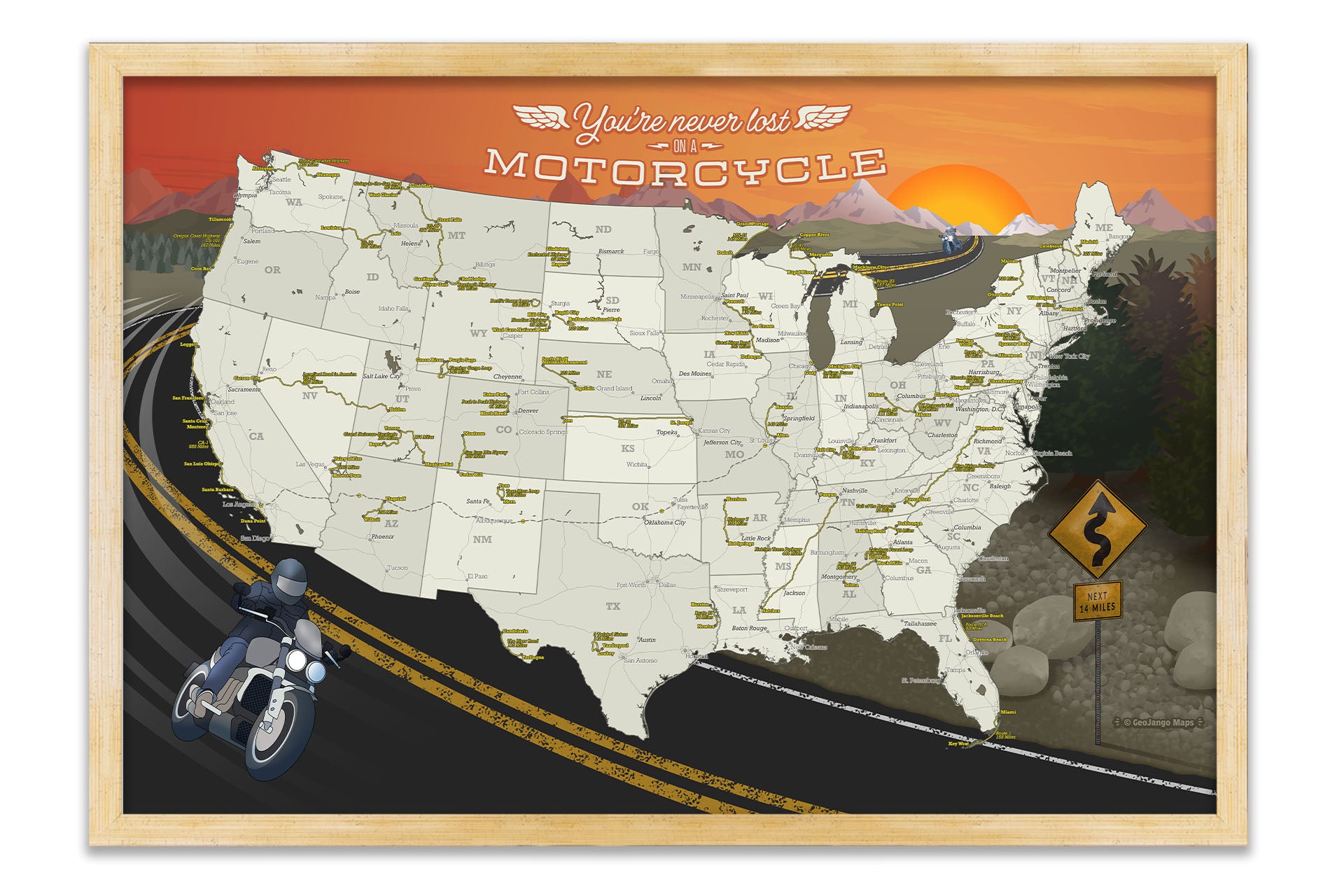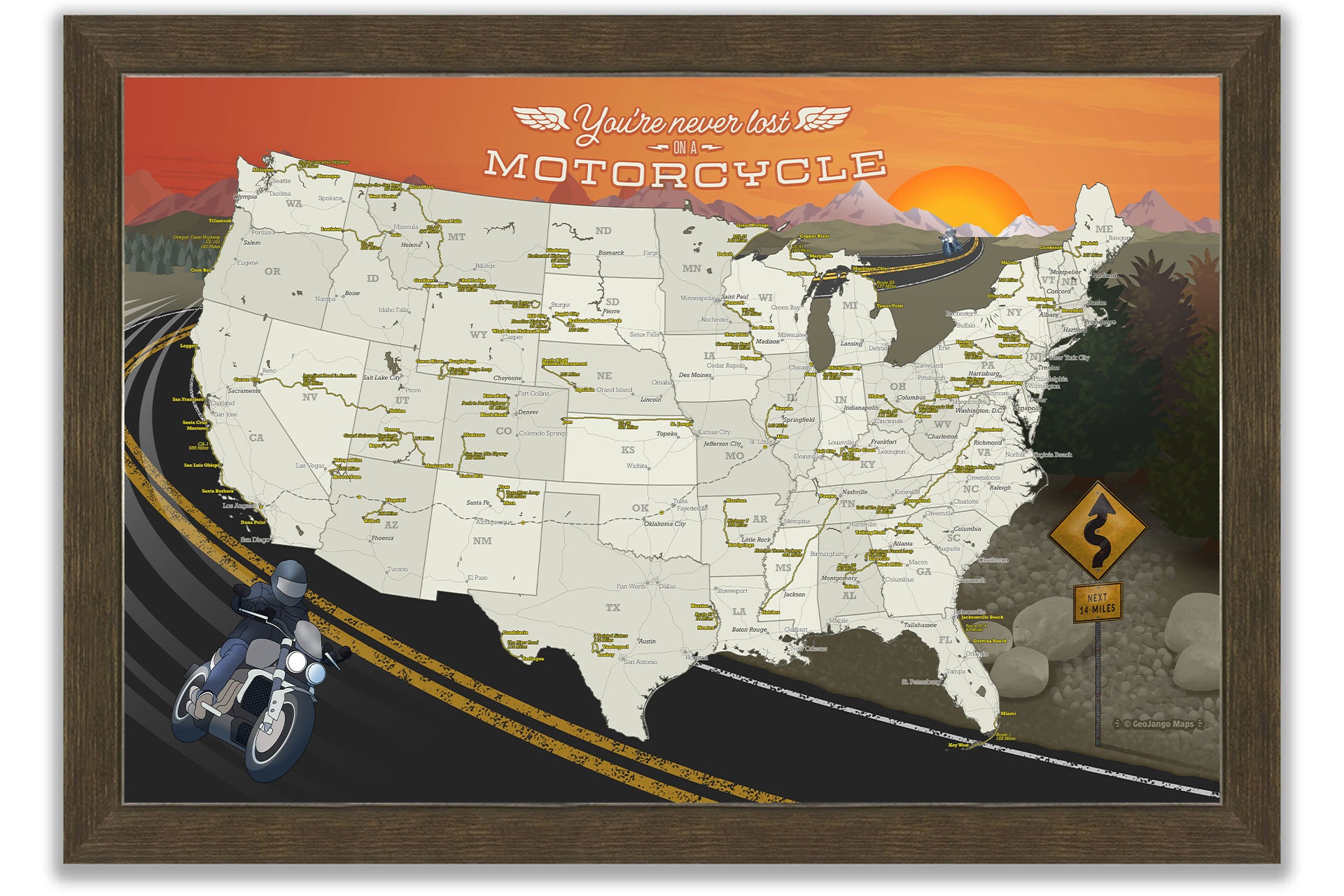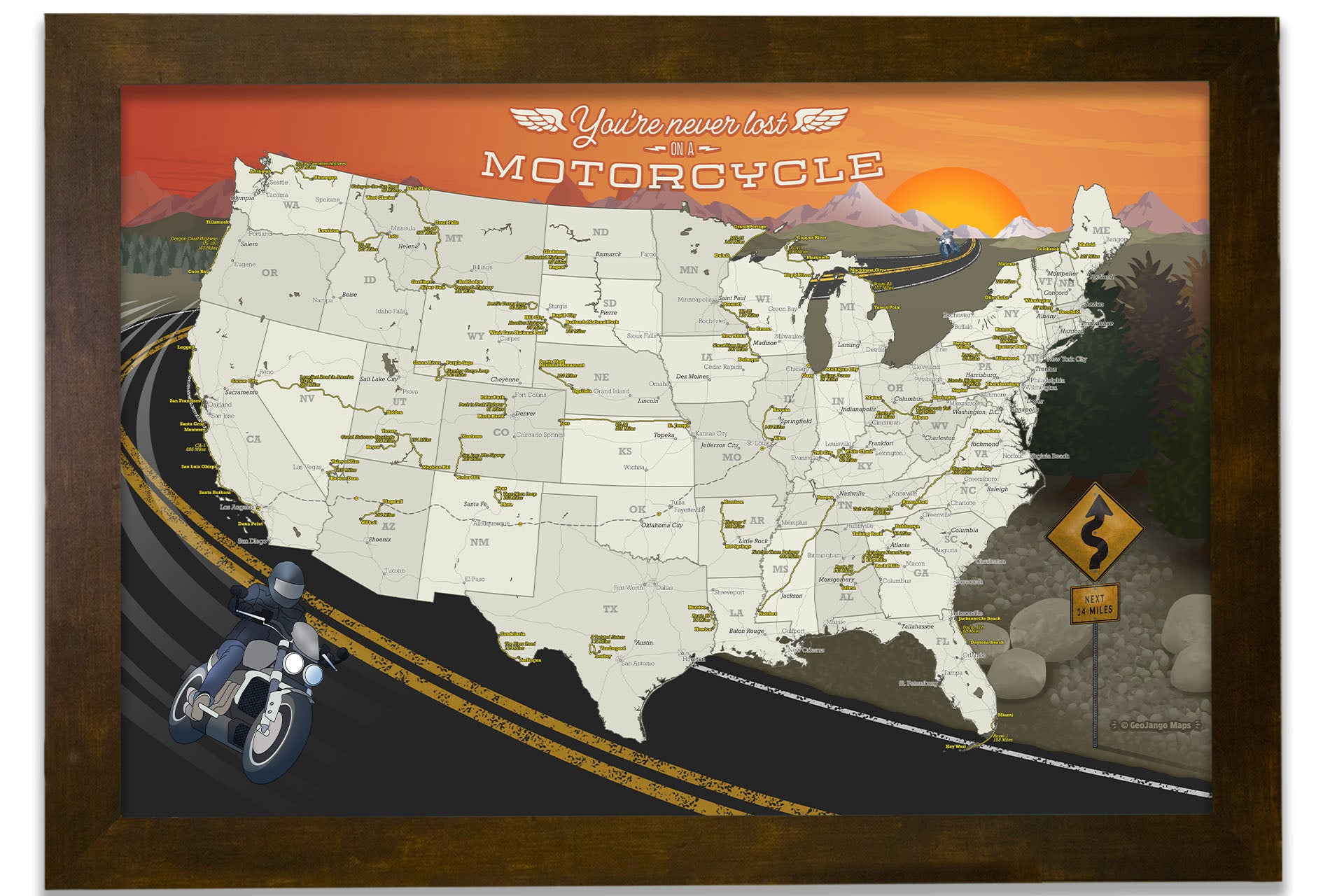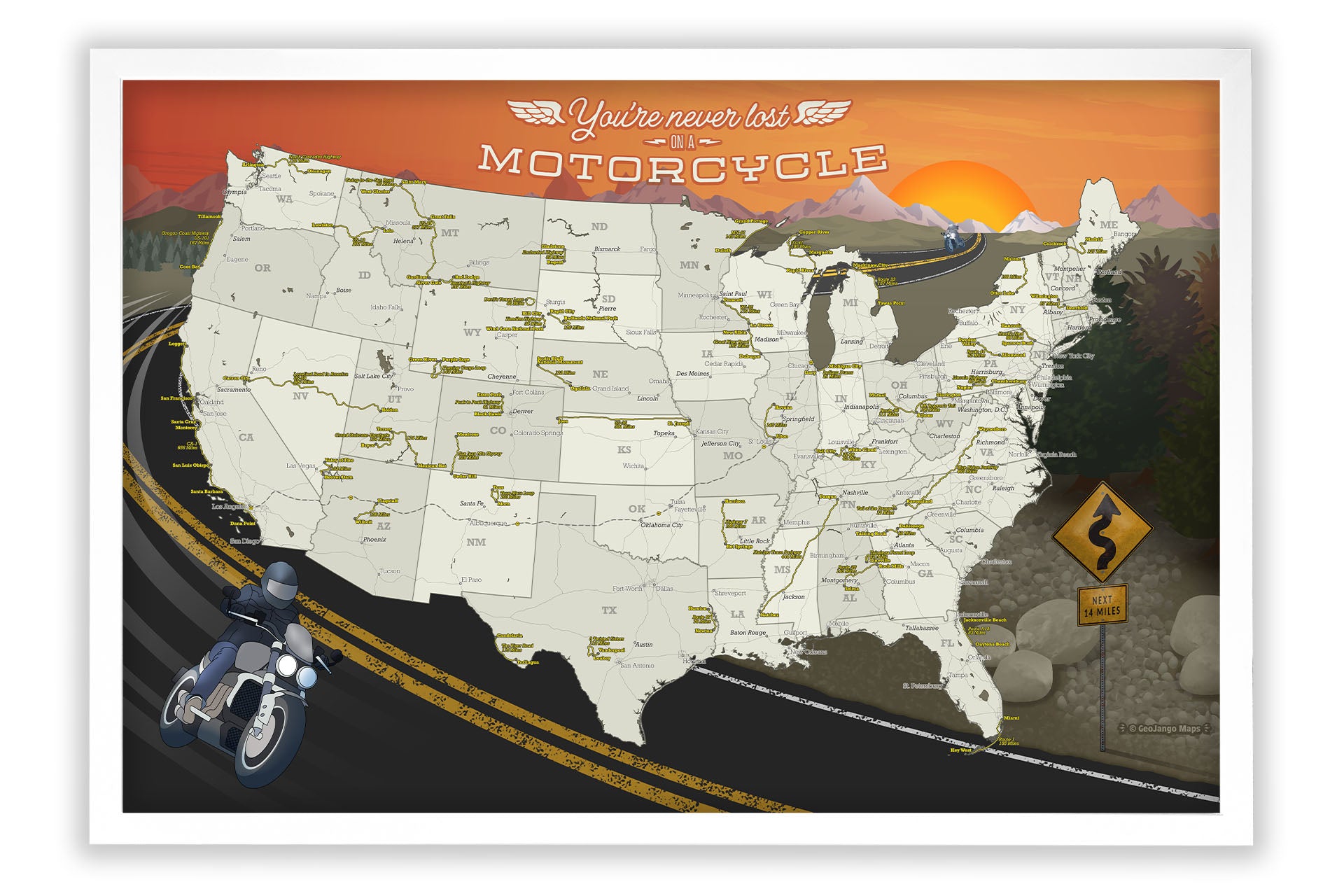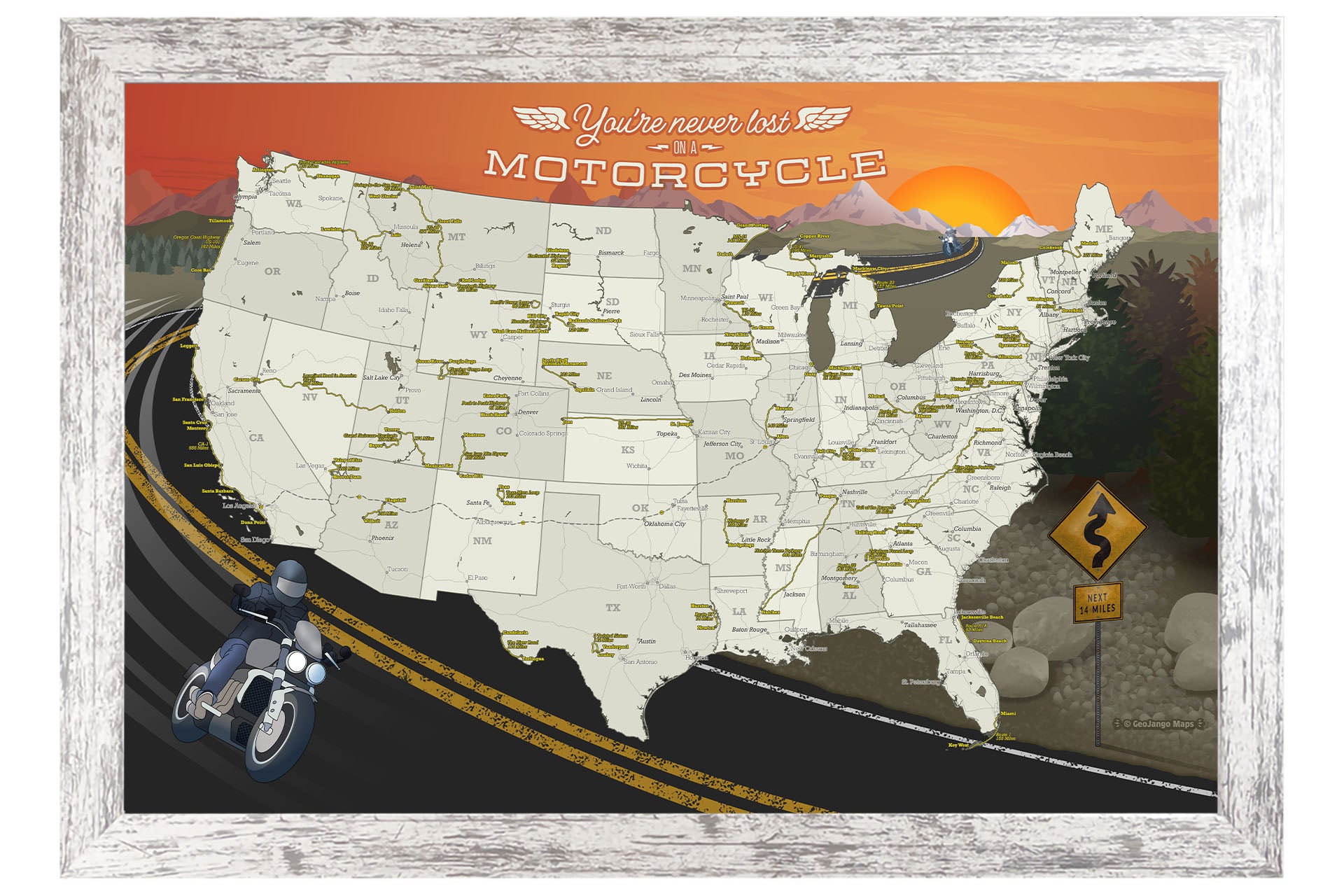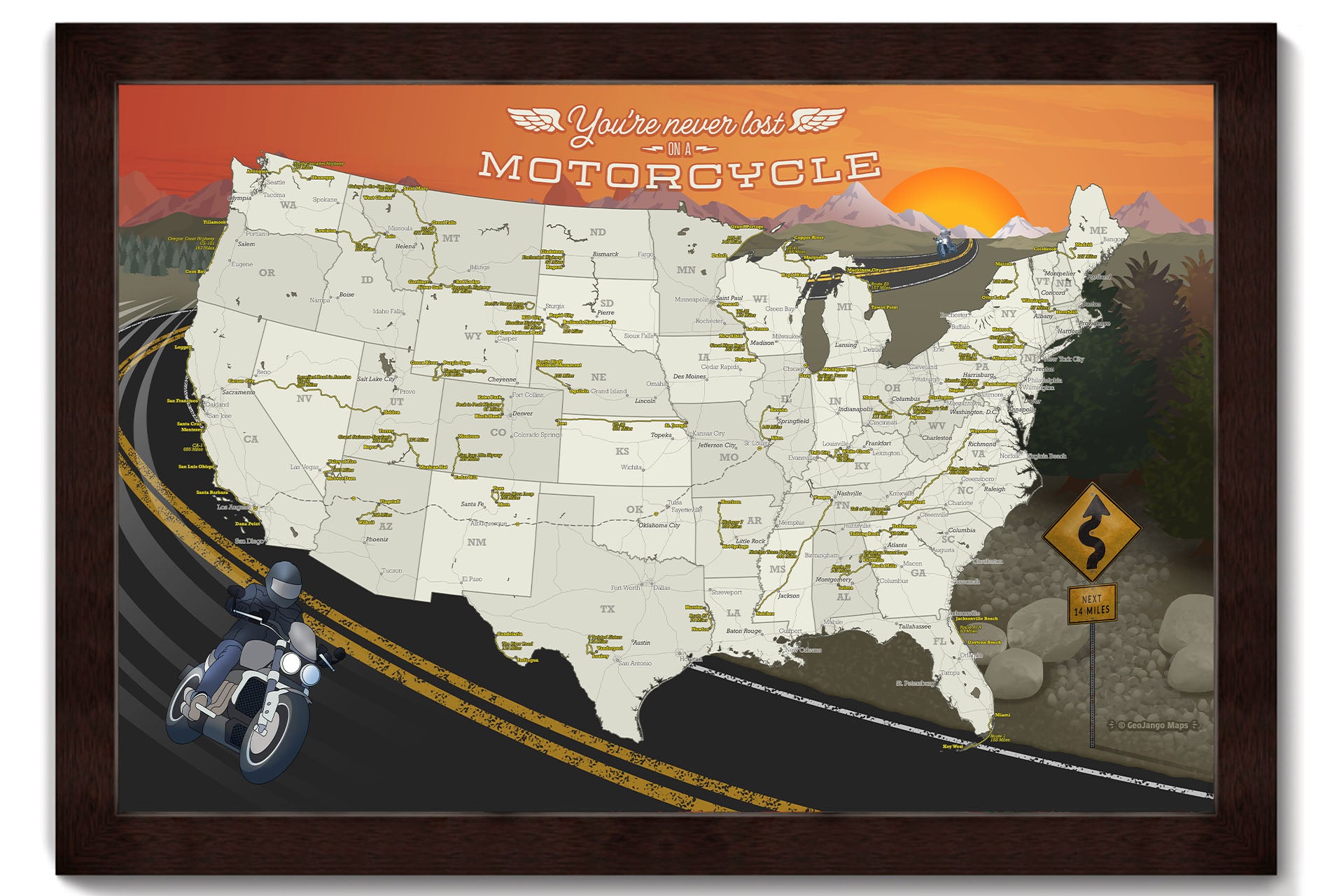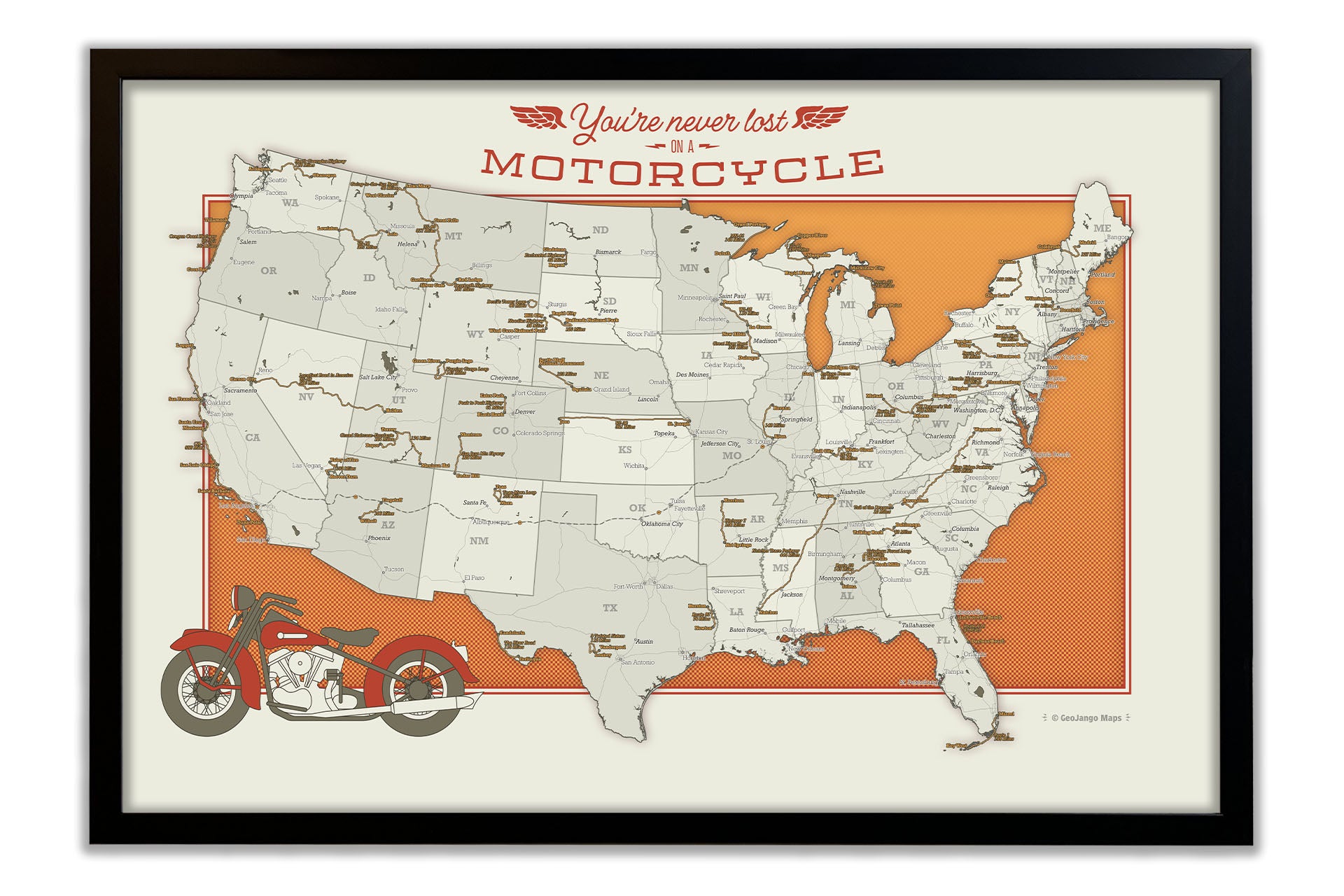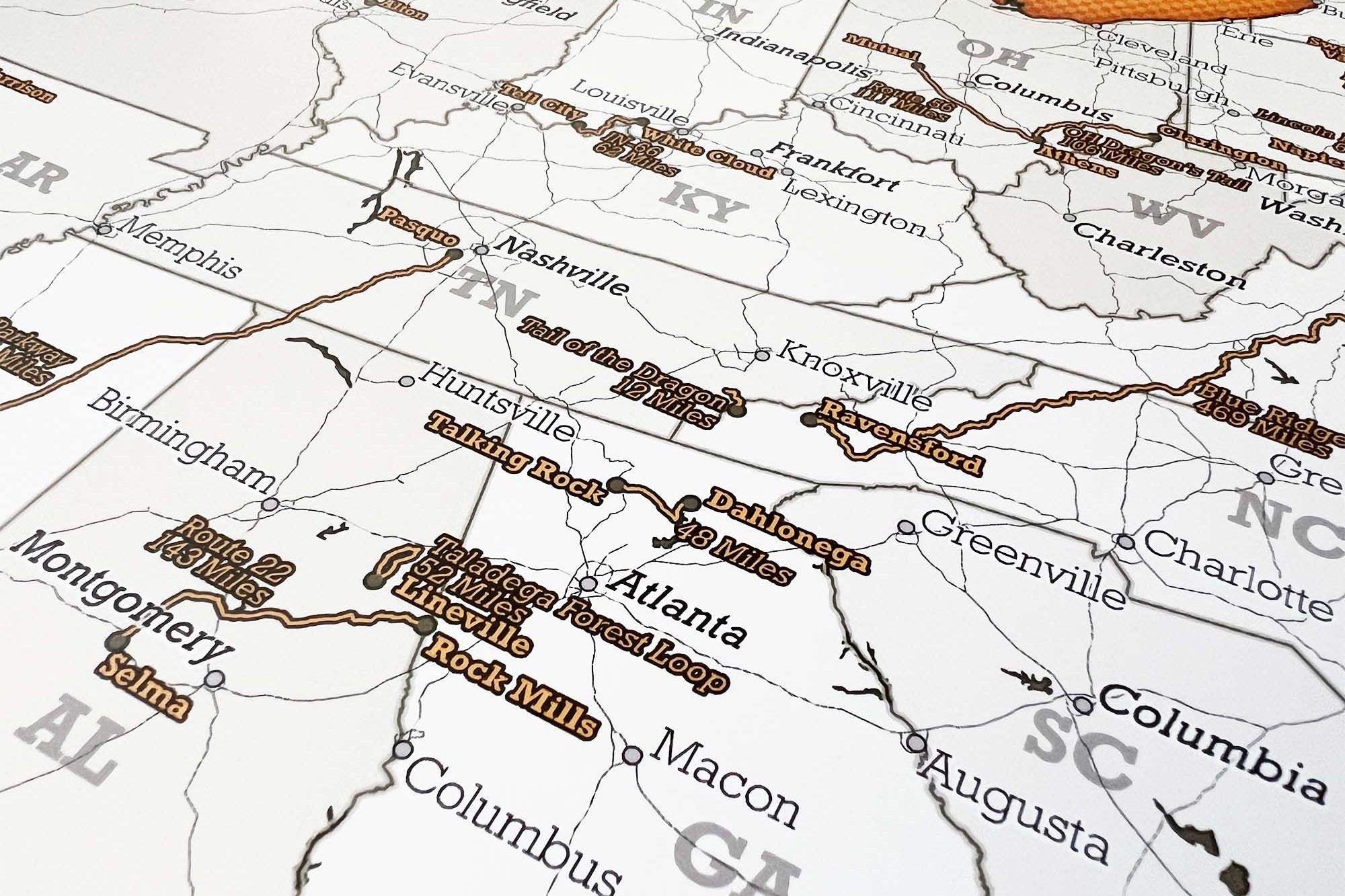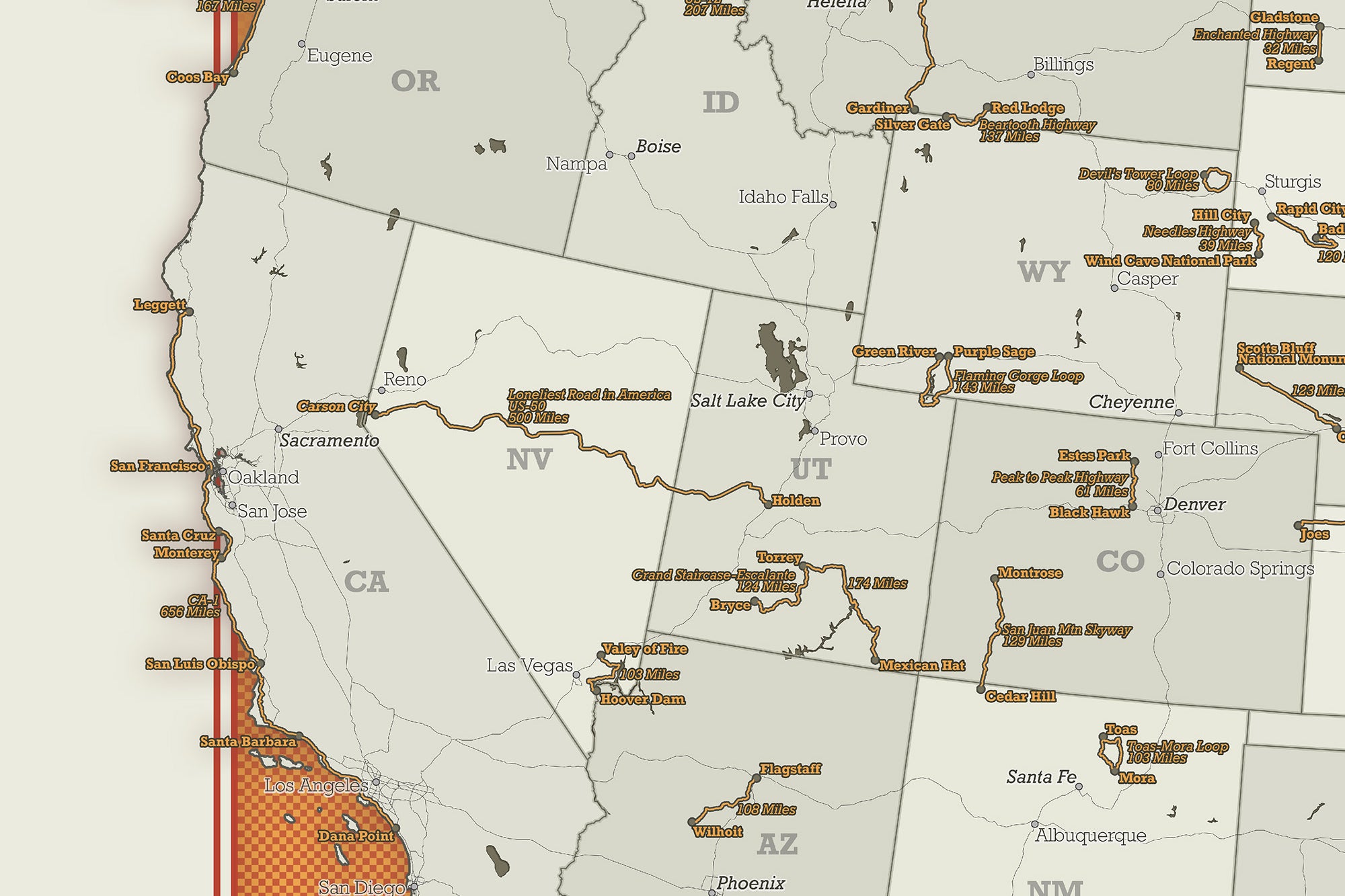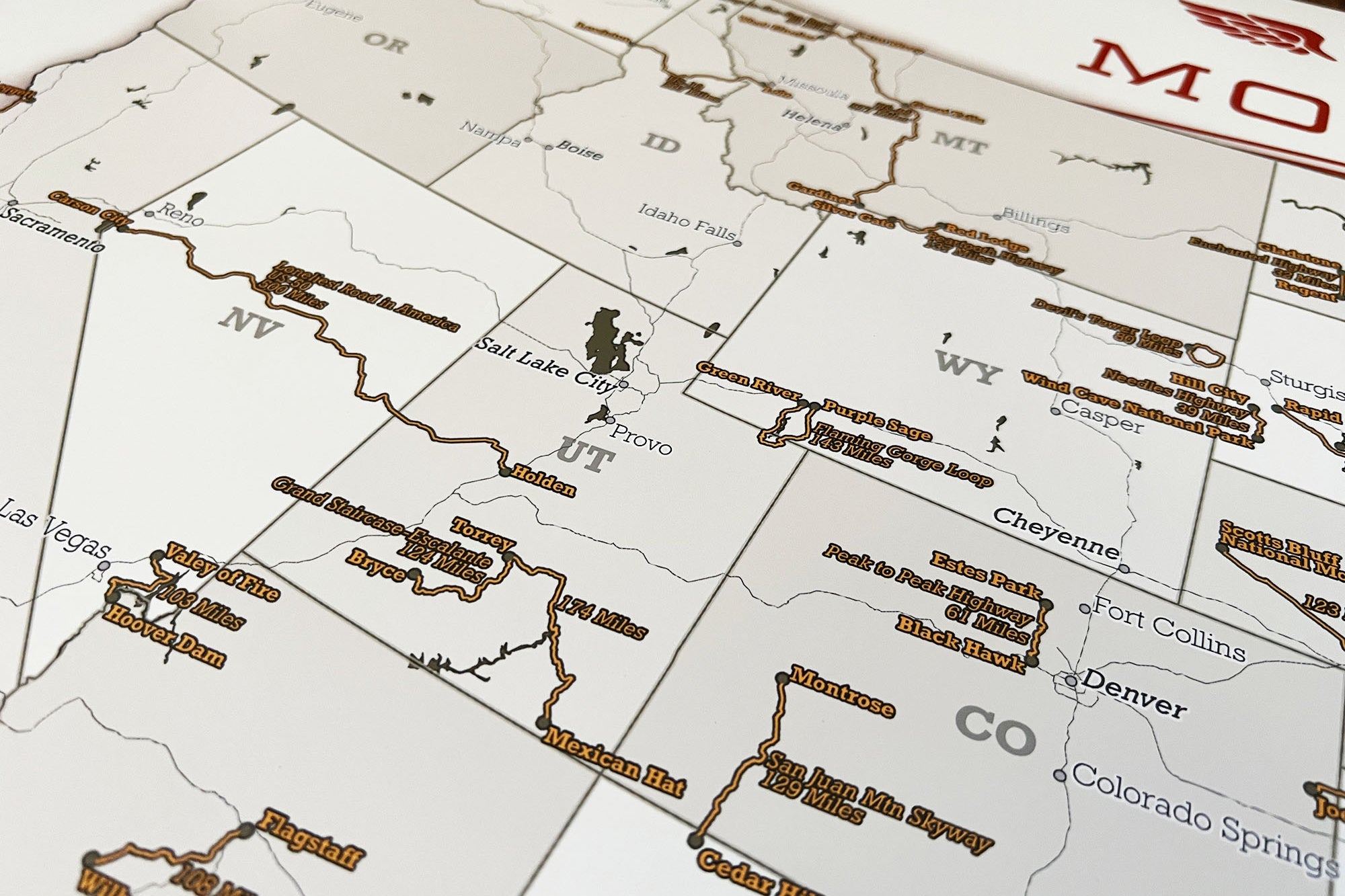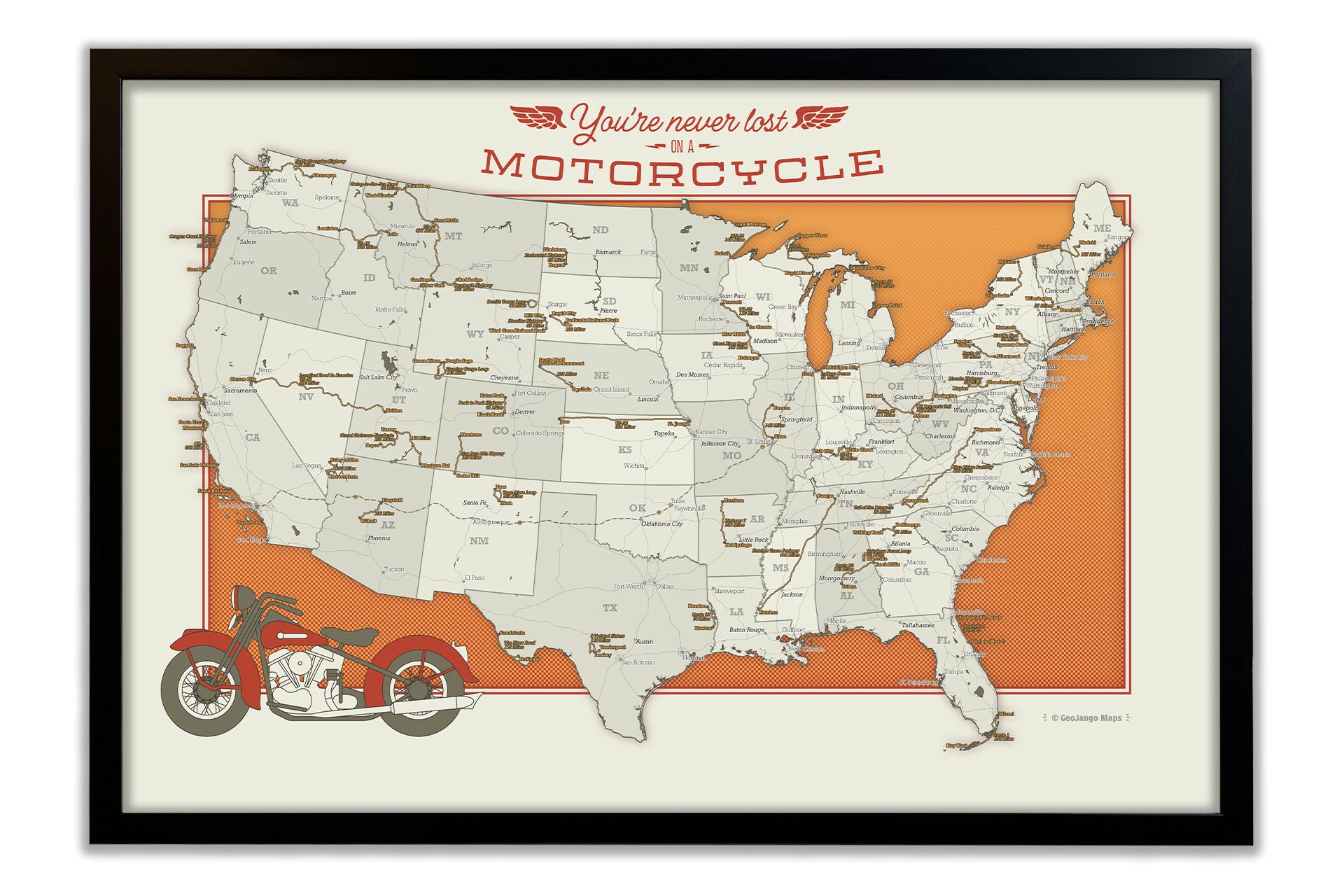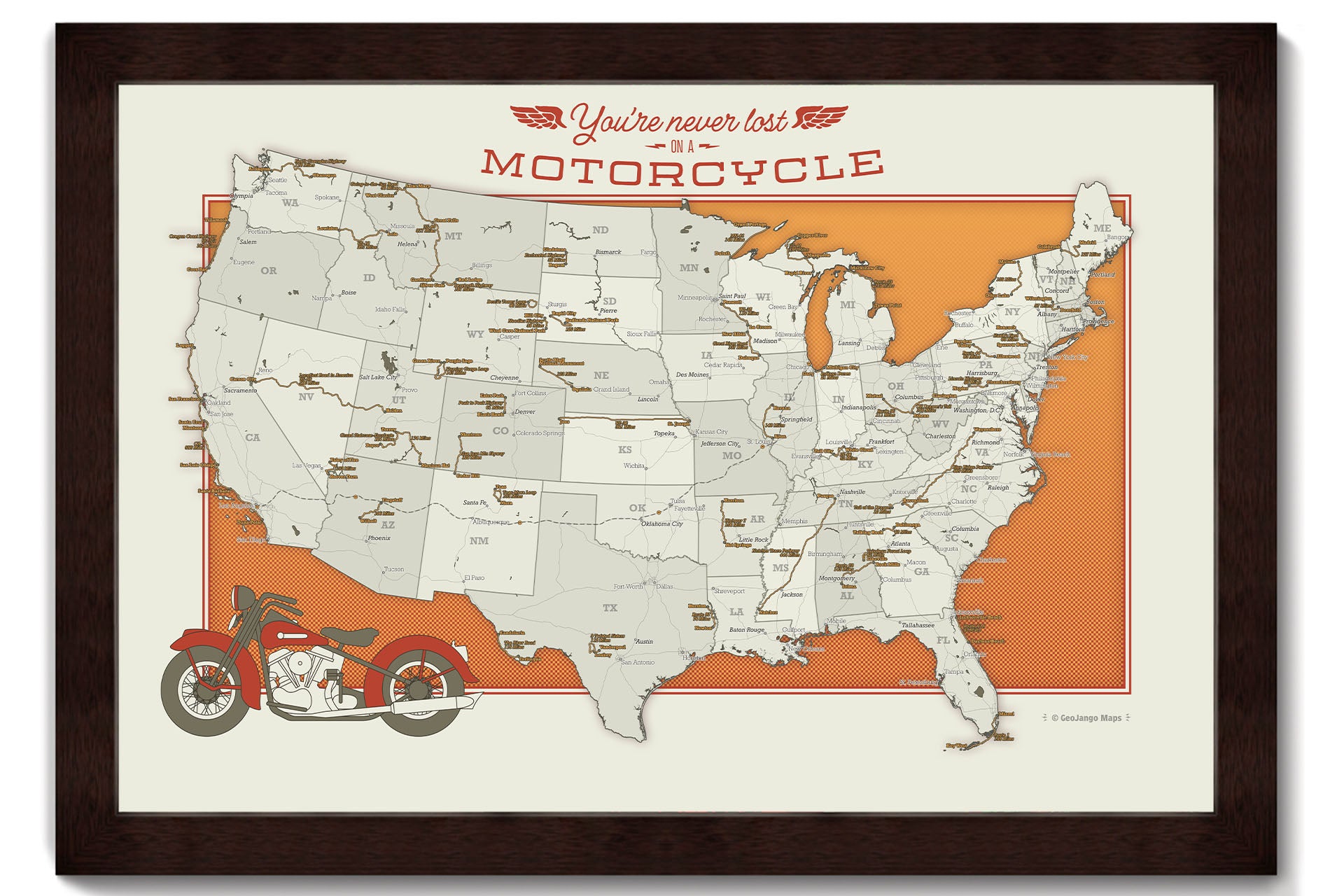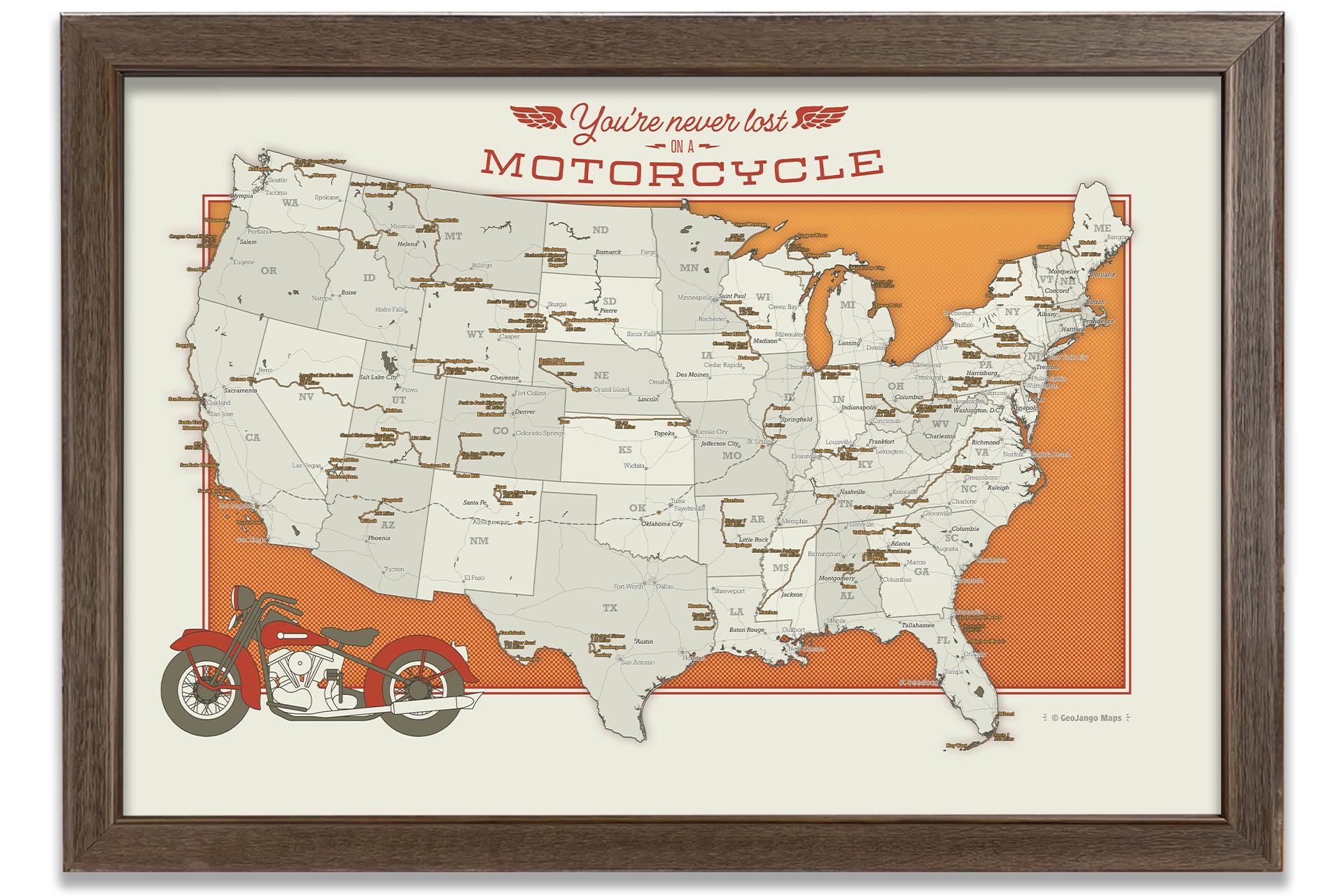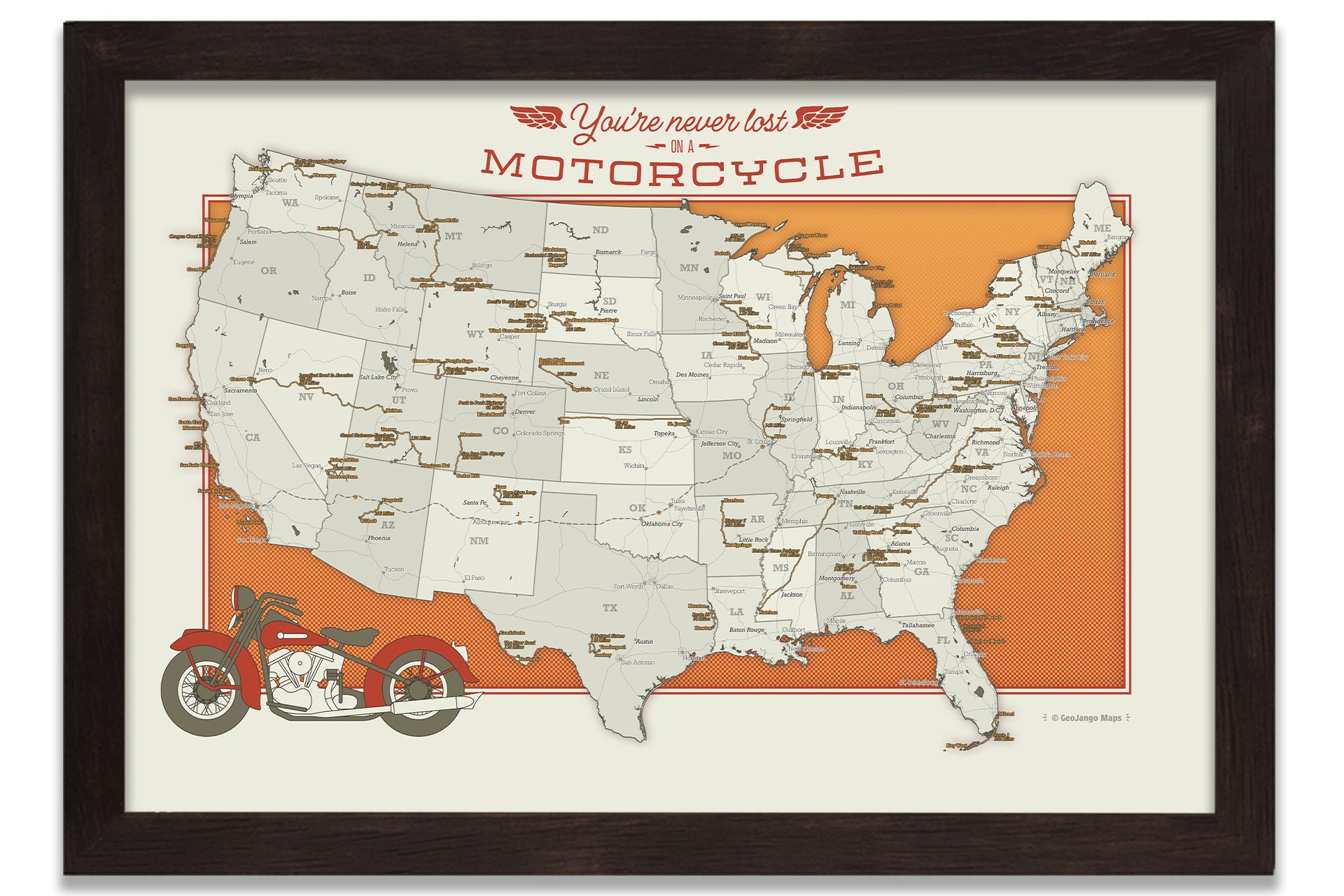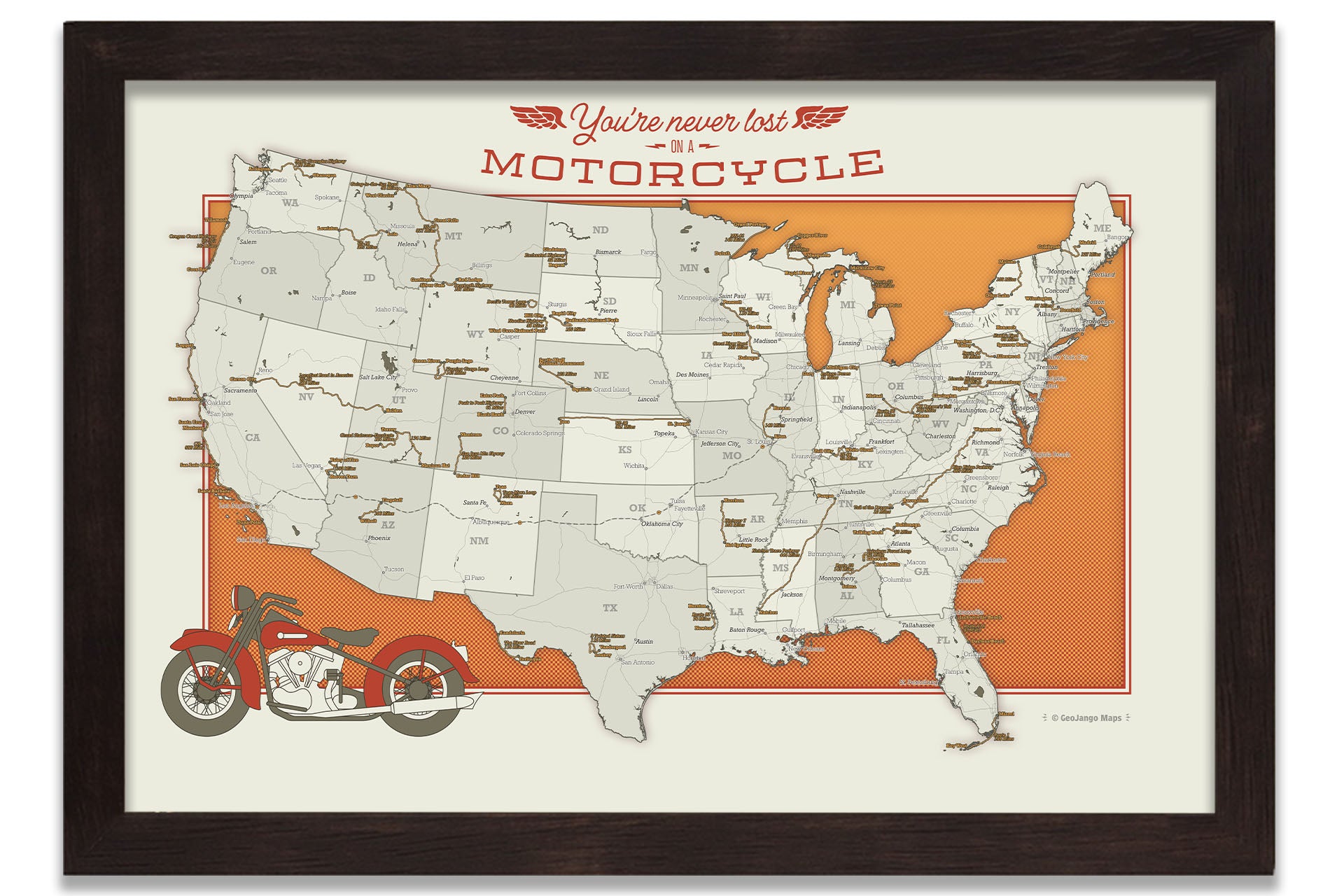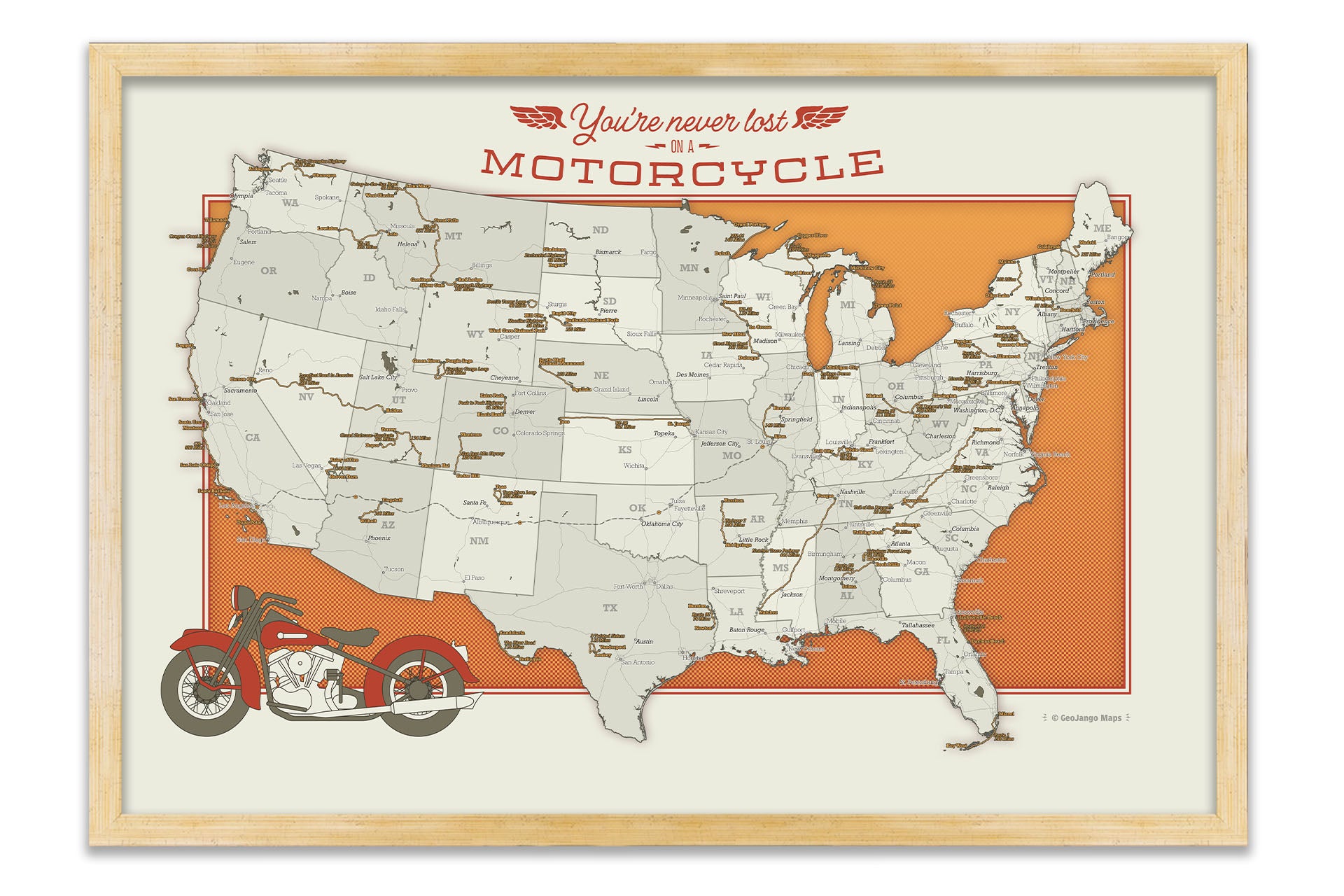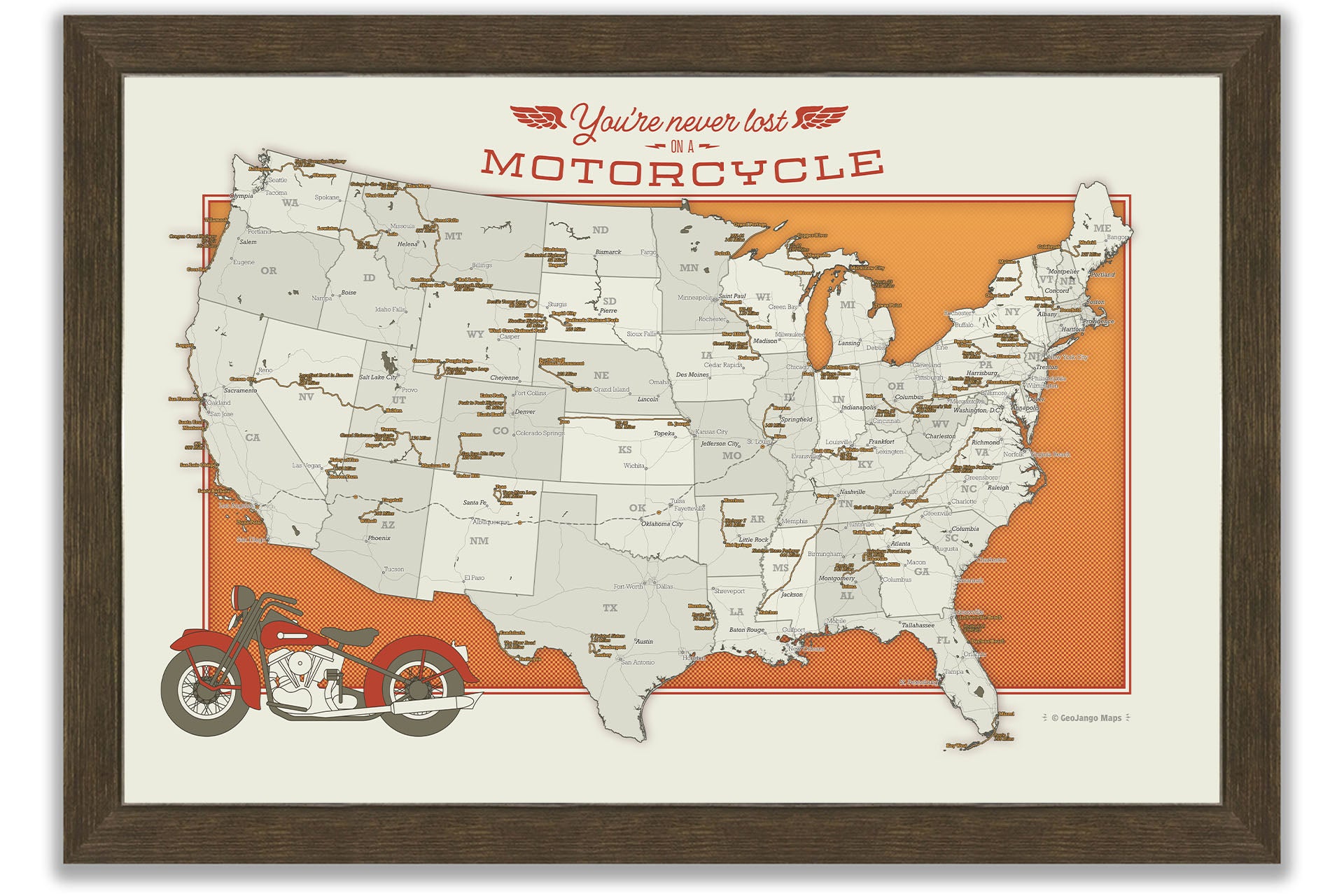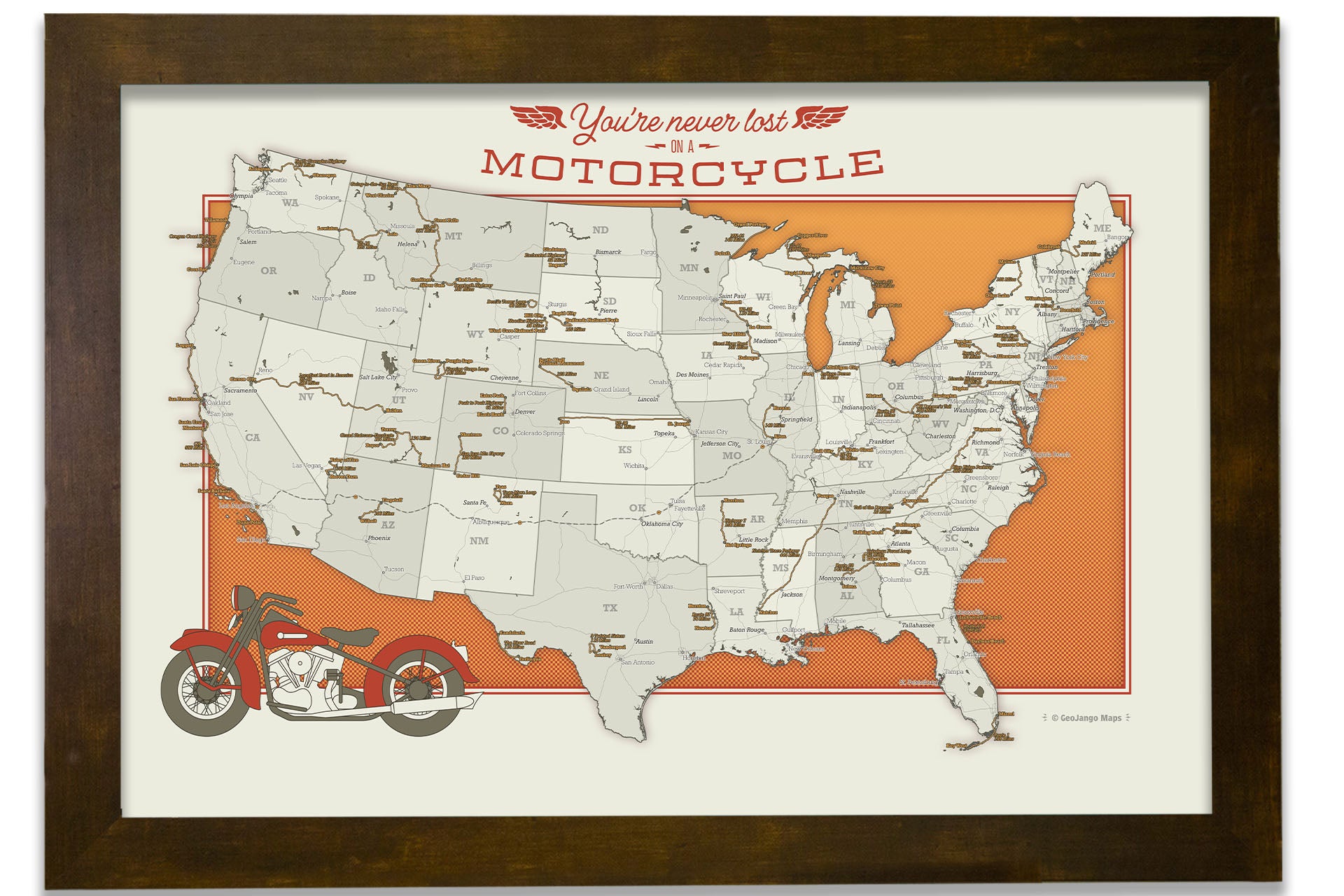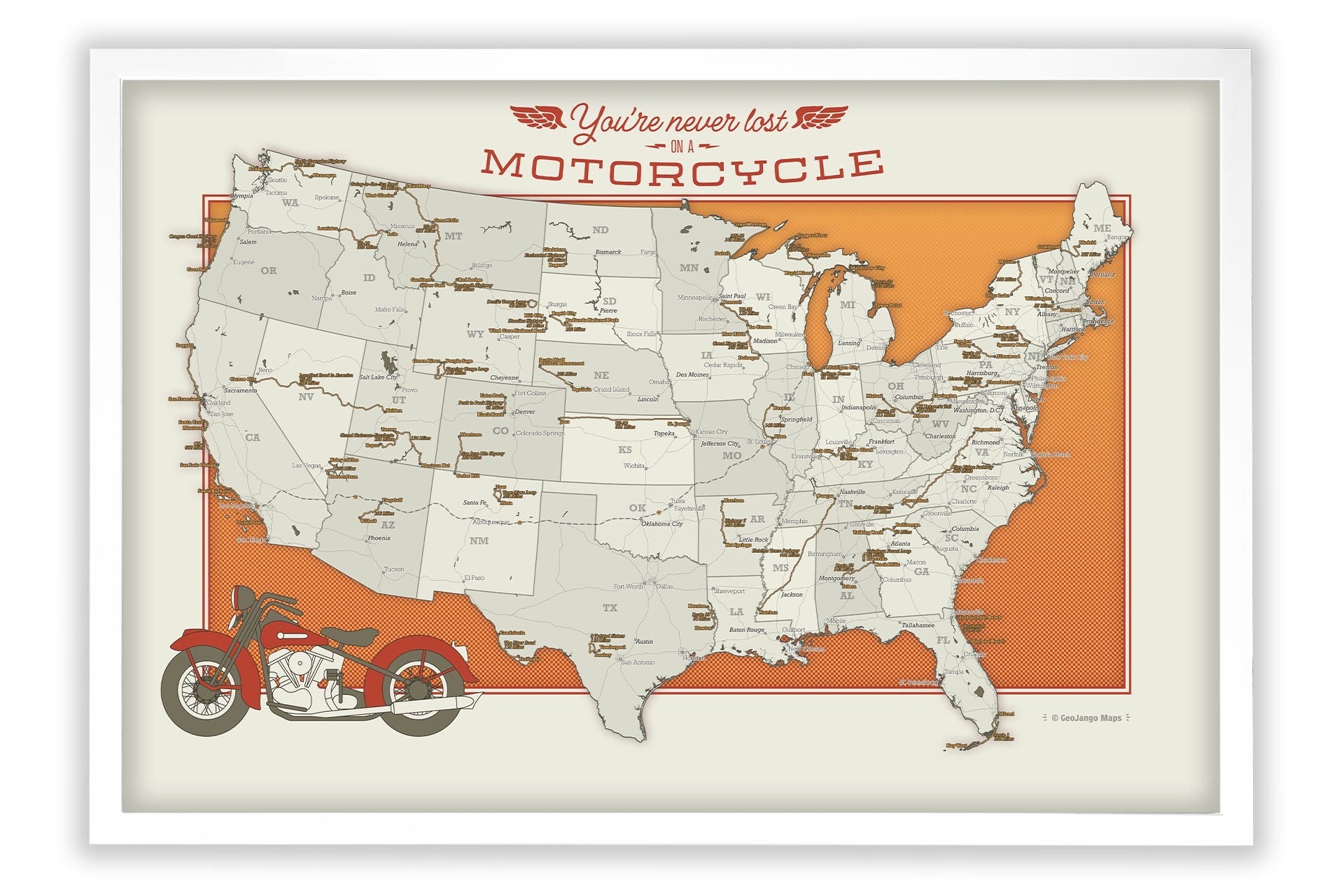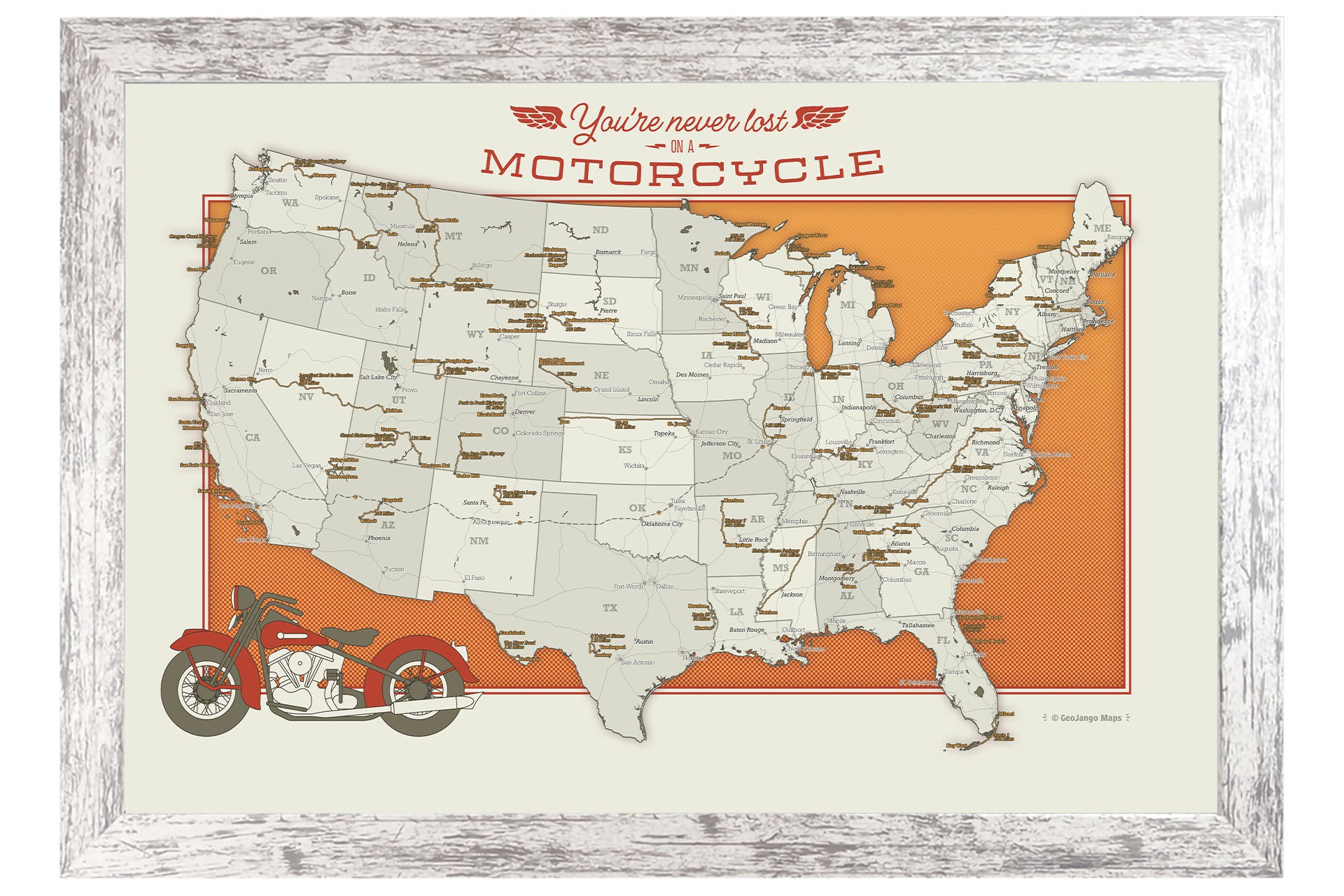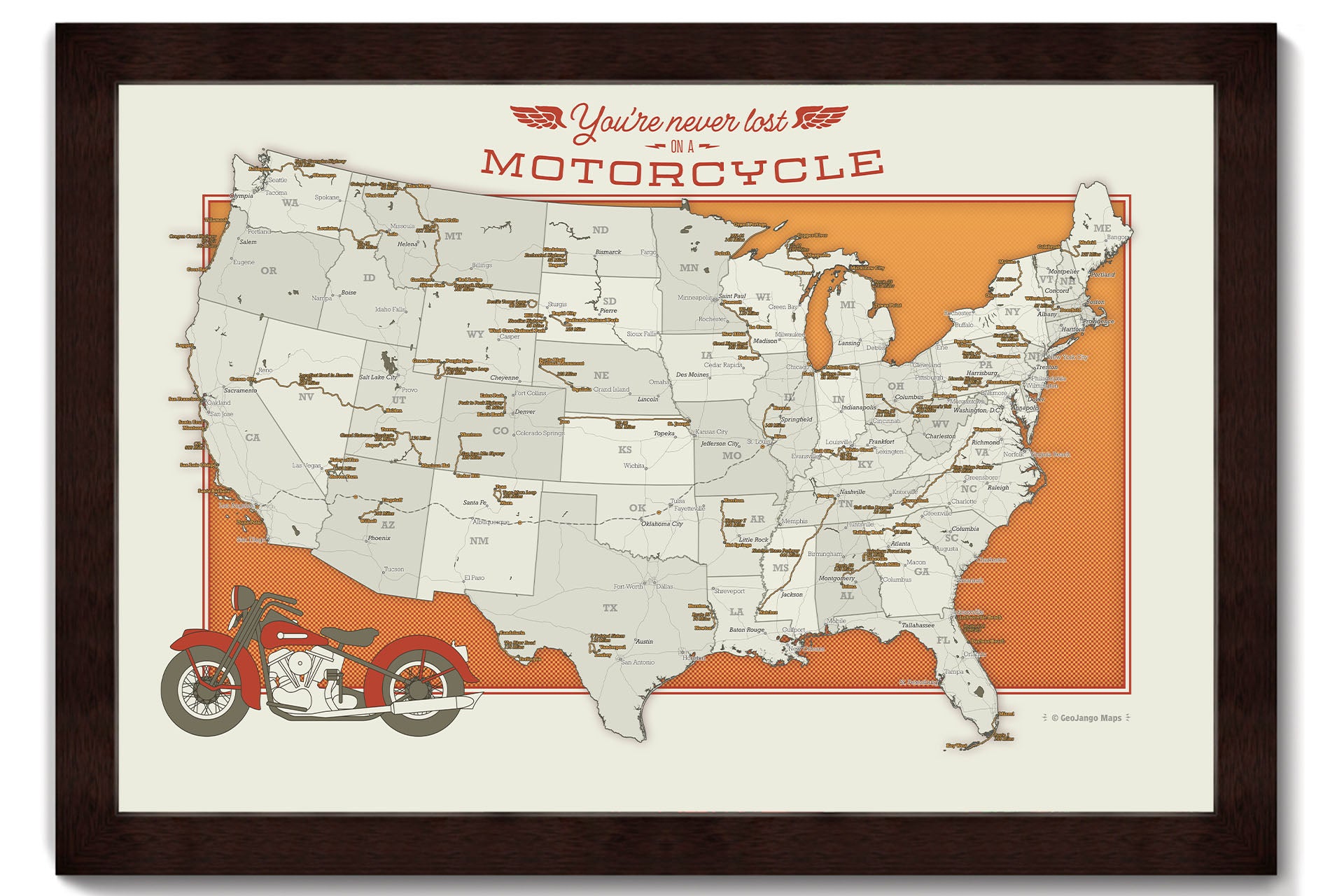Our racing maps show popular race tracks for Horse racing, F1 racing, and NASCAR.
History of The Sports
Race Track Maps: A Comprehensive History of Horse Racing, NASCAR, and Formula 1 Racing
Introduction: The Thrill of Speed
Throughout history, humans have been drawn to the thrill of speed and competition. This fascination with racing has manifested in various forms, from the timeless elegance of horse racing to the roaring engines of NASCAR and the cutting-edge technology of Formula 1 racing. Each of these disciplines has its own unique history, culture, and evolution. In this comprehensive exploration, we delve into the rich histories of horse racing, NASCAR, and Formula 1 racing, tracing their origins, key developments, and the enduring appeal that has made them global sporting phenomena.
I. Horse Racing: The Sport of Kings
Origins and Early History:
Horse racing is often called the "Sport of Kings," and its origins can be traced back over two millennia. The ancient Greeks and Romans held chariot races, laying the groundwork for modern horse racing. However, the sport truly began to take shape in medieval England, where it was favored by nobility and monarchs.
The English monarchy played a pivotal role in the sport's development. King James I is credited with introducing thoroughbred horses to England in the early 17th century. These imported horses, known for their speed and endurance, laid the foundation for modern horse racing.
The Establishment of Formal Racing:
In the early 18th century, organized horse racing emerged in England with the establishment of formal racecourses. The Jockey Club, founded in 1750, became the sport's governing body, overseeing rules and standards. The creation of the classic races—such as the St. Leger Stakes, the Epsom Derby, and the 2,000 Guineas—added prestige to the sport.
Horse racing spread to the American colonies, where it gained popularity, particularly in the South. The first recorded horse race in North America took place in New York in 1665. In 1868, the American Stud Book was established, helping to standardize the breeding of thoroughbred horses in the United States.
The Triple Crown and Racing Legends:
The Kentucky Derby, Preakness Stakes, and Belmont Stakes—collectively known as the Triple Crown—have become some of the most iconic horse races in the world. The first official Triple Crown winner was Sir Barton in 1919, but the term was not widely recognized until the 1930s.
Horse racing has produced legendary jockeys, trainers, and horses. Names like Seabiscuit, Man o' War, Secretariat, and jockeys like Eddie Arcaro and Willie Shoemaker are etched into the annals of the sport's history.
Challenges and Controversies:
Despite its enduring popularity, horse racing has faced challenges and controversies throughout its history. Concerns about the welfare of racehorses, doping scandals, and the decline in attendance at racetracks have led to calls for reform and increased scrutiny of the industry.
Modern Horse Racing:
Today, horse racing remains a global sport, with major events such as the Dubai World Cup, the Prix de l'Arc de Triomphe, and the Melbourne Cup attracting international attention. The sport has adapted to the digital age with online betting platforms and live streaming, ensuring its continued presence in the modern world of sports entertainment.
II. NASCAR: Born in the South, Driven Nationwide
Origins and Early Days:
NASCAR (National Association for Stock Car Auto Racing) is deeply rooted in American culture, with its origins dating back to the Prohibition era in the southeastern United States. Bootleggers who used modified cars to outrun the law discovered a passion for racing, laying the foundation for stock car racing.
The first official NASCAR race took place on February 15, 1948, on the sands of Daytona Beach, Florida. Red Byron emerged as the first NASCAR champion, and the sport gained momentum with the establishment of the Strictly Stock Series (now the Cup Series).
Rise of the American Heroes:
NASCAR's early stars, like Lee Petty and Junior Johnson, were true American heroes, capturing the imagination of fans with their daring driving skills and larger-than-life personalities. Drivers raced on dirt tracks, often in rudimentary conditions, but their love for the sport and their competitive spirit were unwavering.
The Daytona 500 and Superspeedways:
The introduction of superspeedways, such as Daytona International Speedway in 1959, transformed NASCAR. The Daytona 500, first run in 1959, became the sport's premier event, attracting enormous crowds and elevating drivers like Richard Petty and Bobby Allison to legendary status.
The Era of Innovation:
NASCAR's growth coincided with a period of significant innovation in stock car design and technology. The sport saw the emergence of aerodynamics, advanced engine technology, and sponsors that poured resources into the development of competitive racecars.
The Intimidator and the Modern Era:
Dale Earnhardt, known as "The Intimidator," became an icon of NASCAR in the 1980s and 1990s. His aggressive driving style and seven Cup Series championships made him one of the most revered and feared figures in the sport. Tragically, Earnhardt lost his life in a crash during the 2001 Daytona 500, a moment that had a profound impact on NASCAR and prompted safety improvements.
The modern era of NASCAR has seen a shift in the competitive landscape. Stars like Jimmie Johnson, Jeff Gordon, and Tony Stewart have left their mark on the sport. However, the changing dynamics of sponsorship, viewership, and car manufacturing have presented challenges for NASCAR.
The Future of NASCAR:
NASCAR continues to evolve in the 21st century, with initiatives to enhance safety, attract a younger audience, and embrace diversity. The introduction of the Next Gen car, designed to reduce costs and improve competition, represents a significant step forward.
III. Formula 1 Racing: The Pinnacle of Motorsport
Origins and the Birth of Formula 1:
Formula 1 racing, often referred to as F1, is the pinnacle of motorsport, known for its cutting-edge technology, elite drivers, and glamorous events. Its origins can be traced back to the early 20th century, with the first World Championship race held in 1950 at Silverstone, England.
The post-World War II era was a period of innovation and competition among racing enthusiasts and engineers. The Fédération Internationale de l'Automobile (FIA) was established to govern motorsport, and it introduced the World Championship for Drivers in 1950.
The Legends of Formula 1:
Formula 1 has seen legendary drivers like Juan Manuel Fangio, Ayrton Senna, Alain Prost, and Michael Schumacher dominate the sport in various eras. Their exceptional skill and determination elevated them to iconic status.
The Evolution of Technology:
Formula 1 is synonymous with technological innovation. The sport has been at the forefront of automotive engineering, introducing advancements in aerodynamics, materials, and safety. Innovations like turbocharging, active suspension, and hybrid power units have shaped the modern Formula 1 car.
The Global Stage:
Formula 1 is a truly global sport, with a calendar that spans the world. Iconic races like the Monaco Grand Prix, the Italian Grand Prix at Monza, and the British Grand Prix at Silverstone are fixtures on the F1 calendar, attracting fans from all corners of the globe.
Challenges and Controversies:
Formula 1 has not been without its challenges and controversies. Safety concerns following tragic accidents, political disputes, and disputes over rules and regulations have occasionally overshadowed the on-track action.
The Lewis Hamilton Era:
In recent years, Lewis Hamilton has emerged as one of the most successful and influential drivers in Formula 1 history. His record-breaking achievements, including seven World Championships, have made him a global ambassador for the sport and an advocate for social and environmental issues.
The Future of Formula 1:
Formula 1 is constantly adapting to the changing landscape of motorsport and the wider world. Recent initiatives, such as the push for sustainability, the introduction of cost caps, and the expansion of the calendar, indicate that the sport is committed to remaining relevant and accessible.
Conclusion: The Uniting Thread of Speed
In the worlds of horse racing, NASCAR, and Formula 1 racing, the thrill of speed and competition unites enthusiasts across the globe. Each of these disciplines has its unique history, traditions, and challenges, but they all share a common thread of passion for speed, innovation, and excellence. Whether it's the thundering hooves of racehorses, the roar of stock car engines, or the high-pitched whine of Formula 1 cars, the world of racing continues to captivate hearts and minds, providing endless excitement and inspiration for generations to come.


